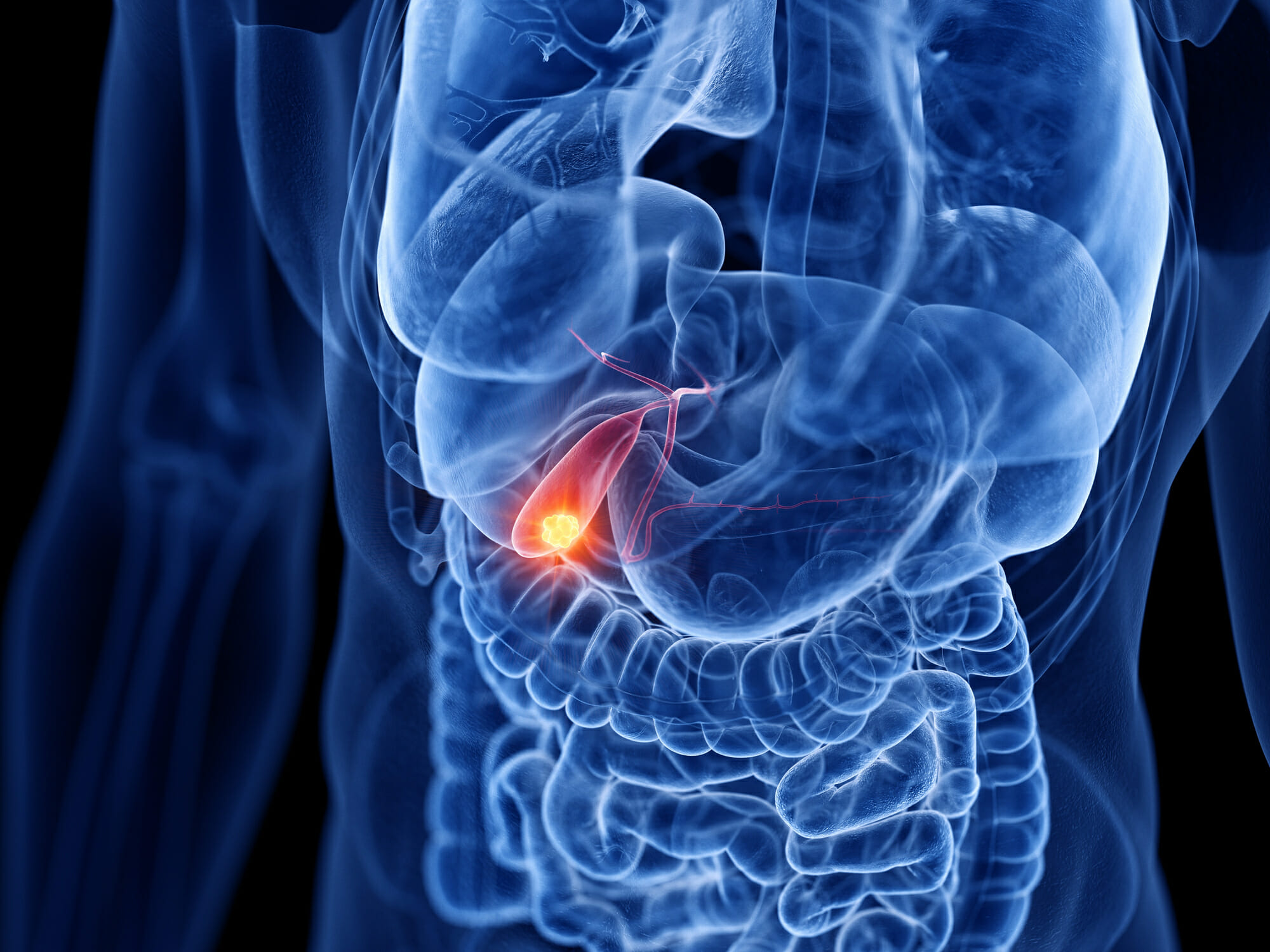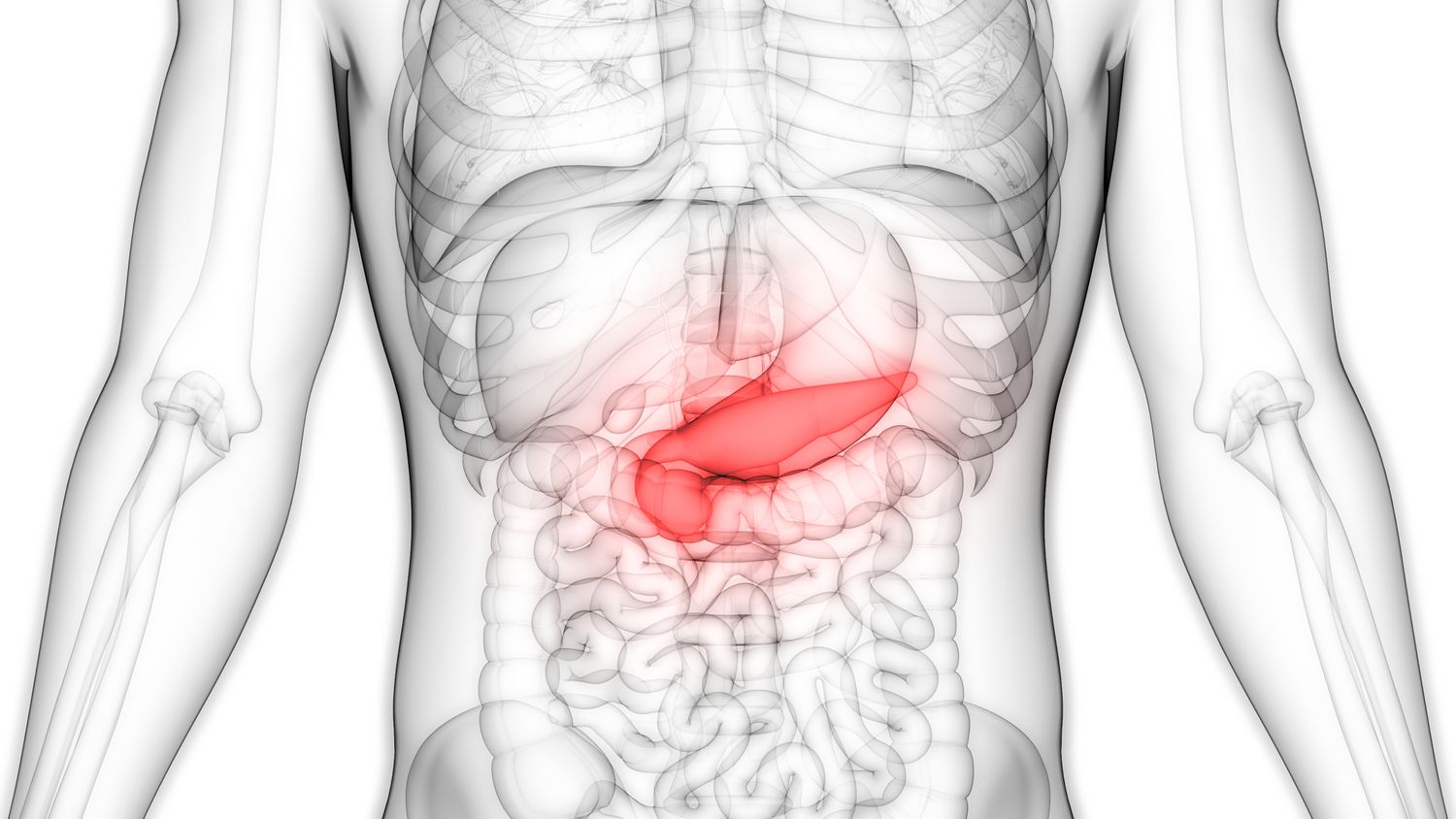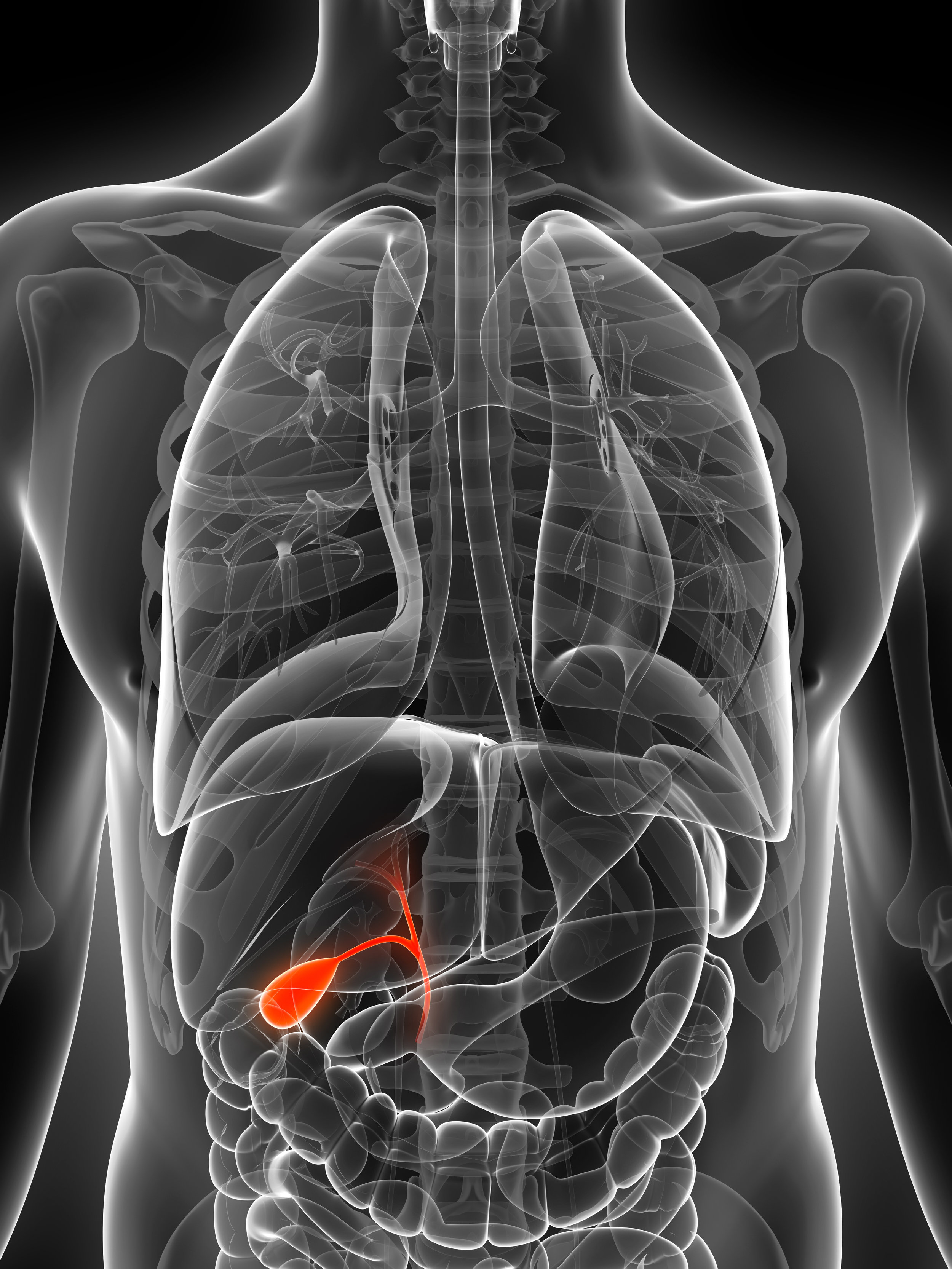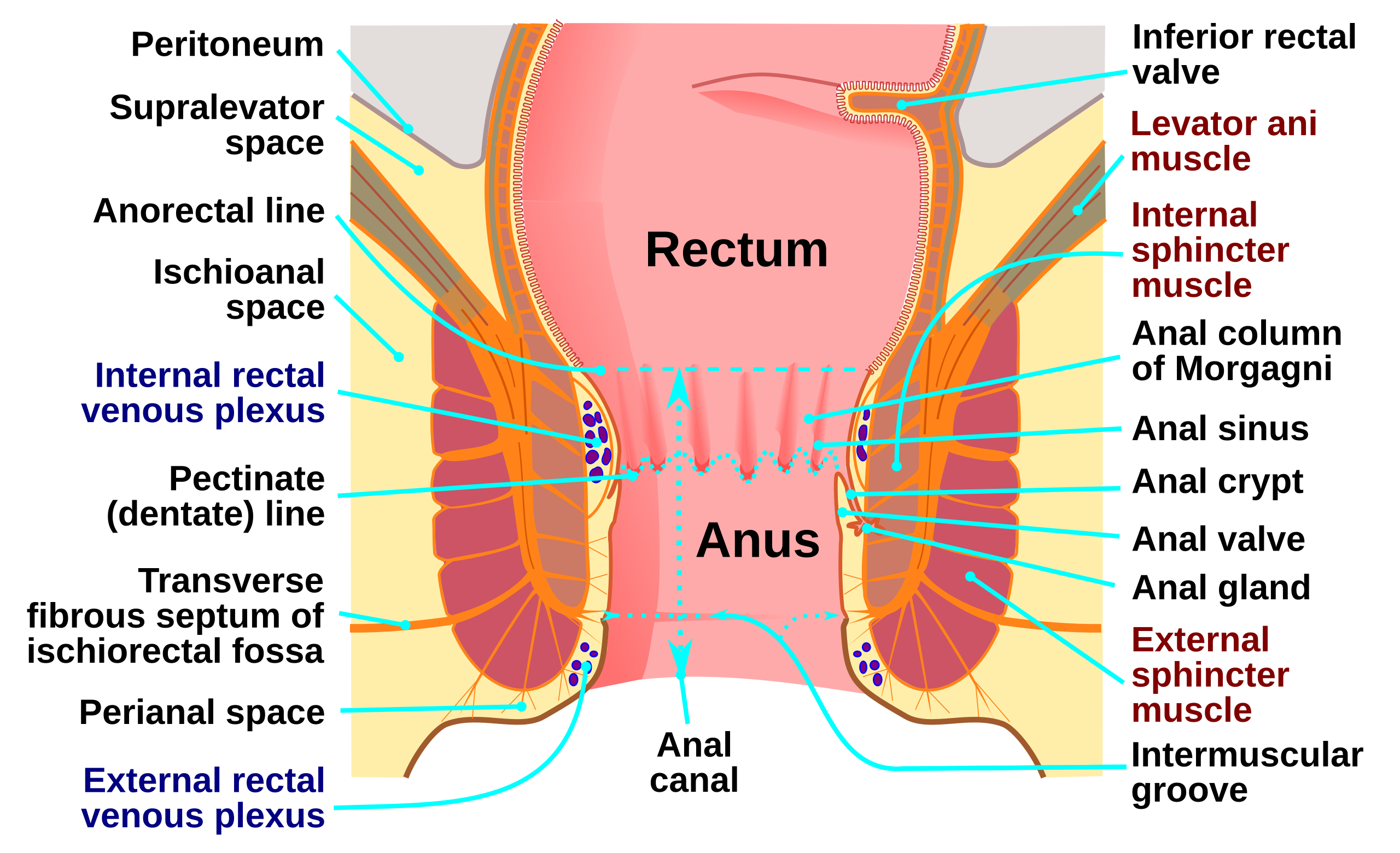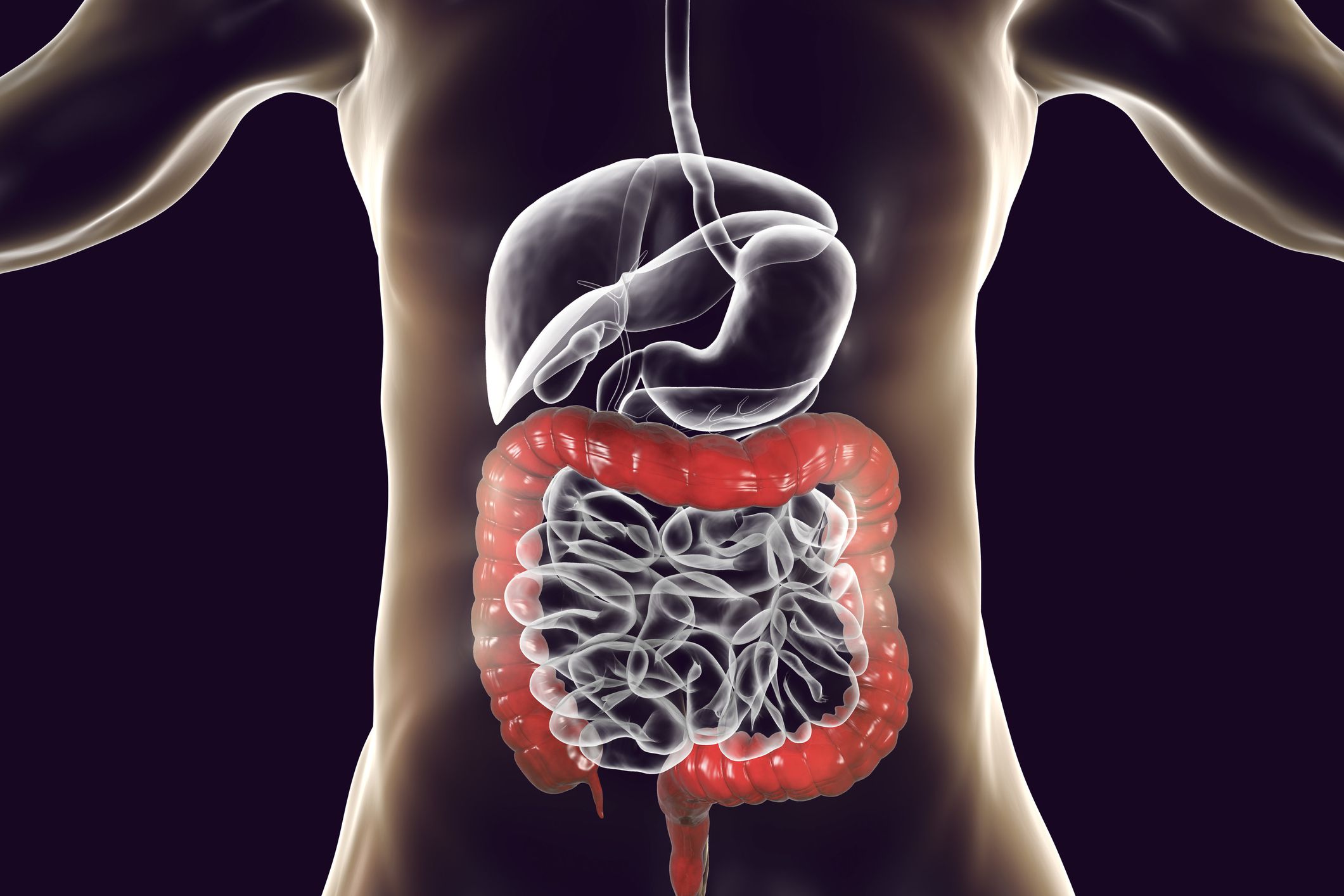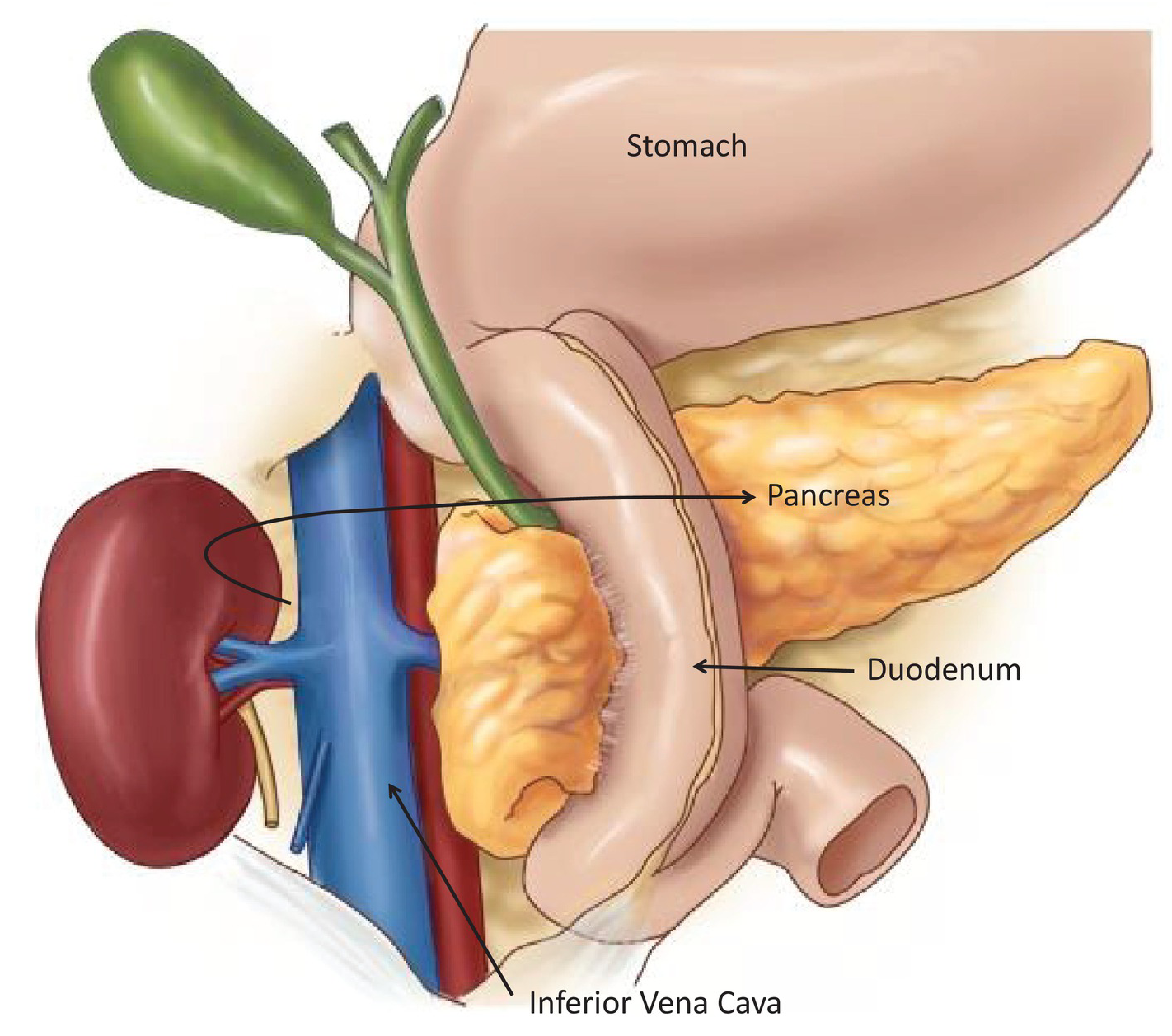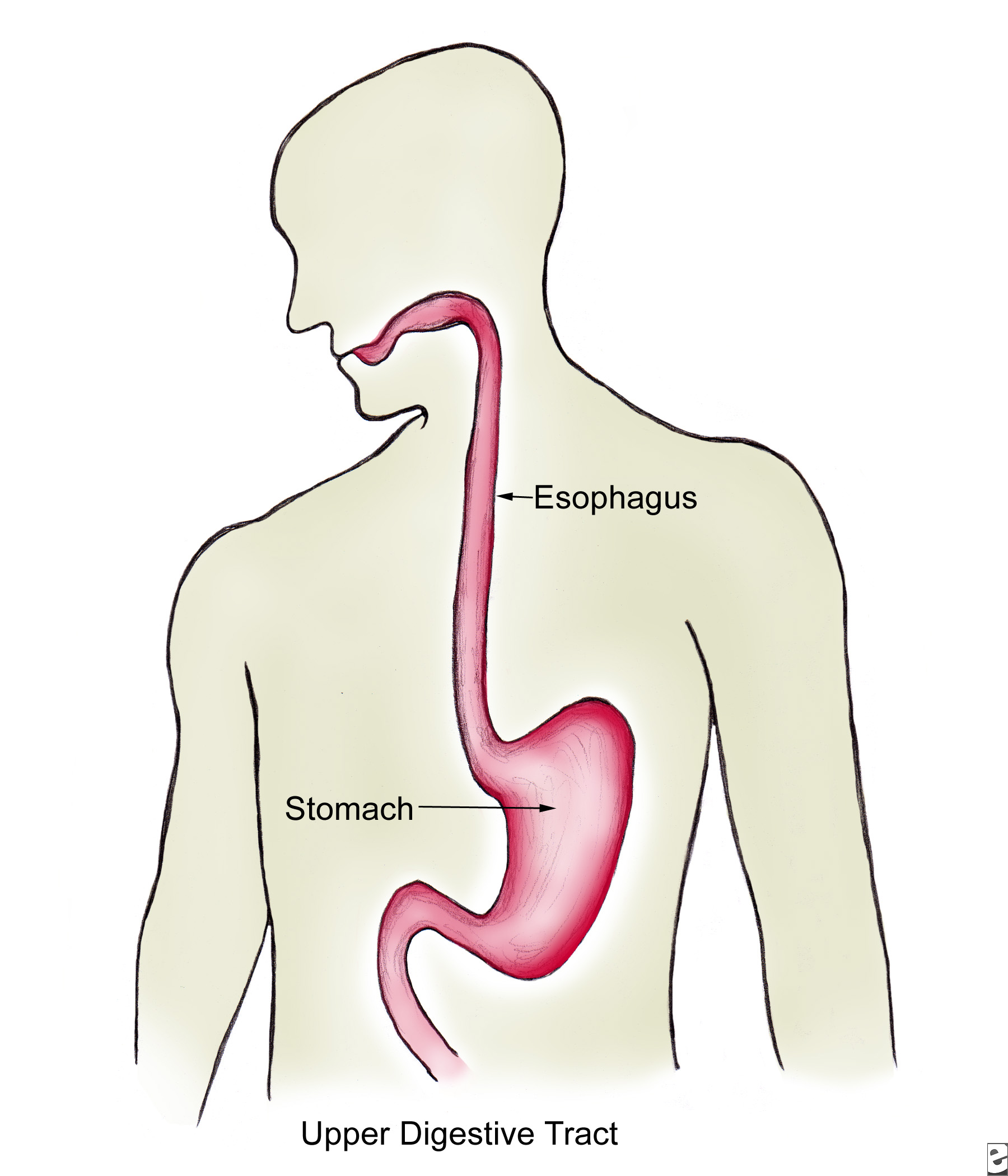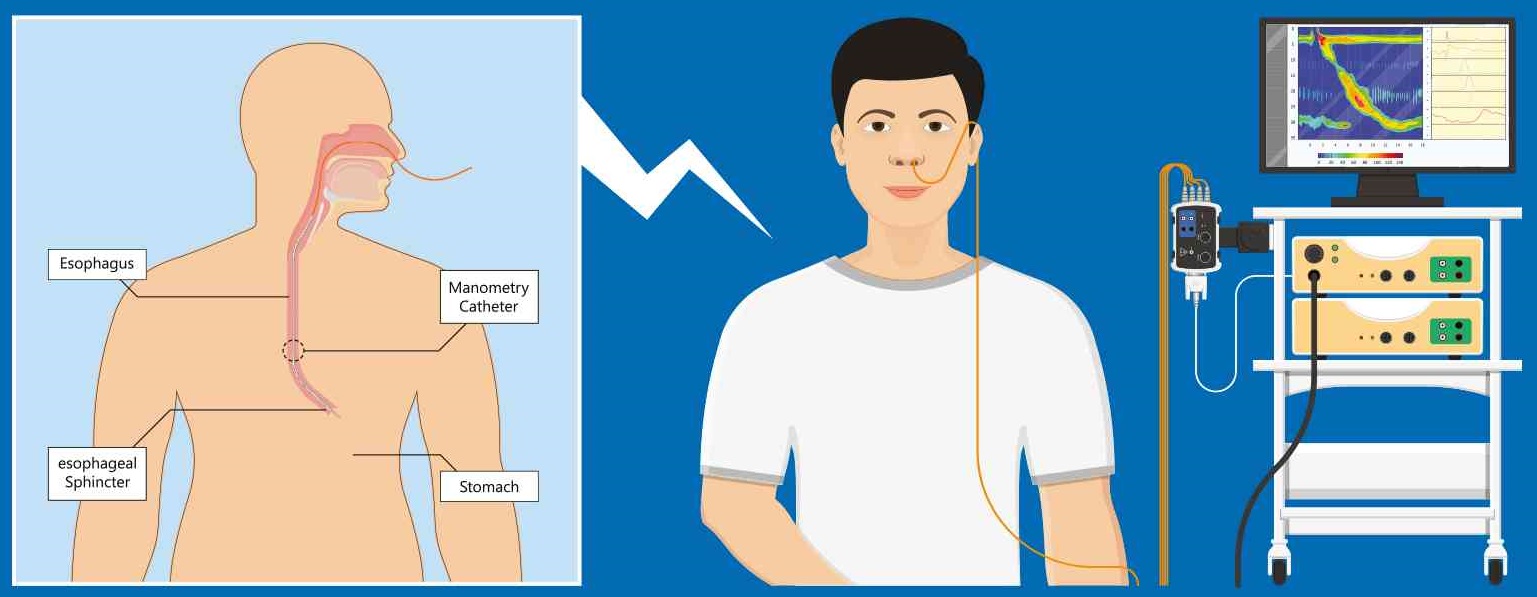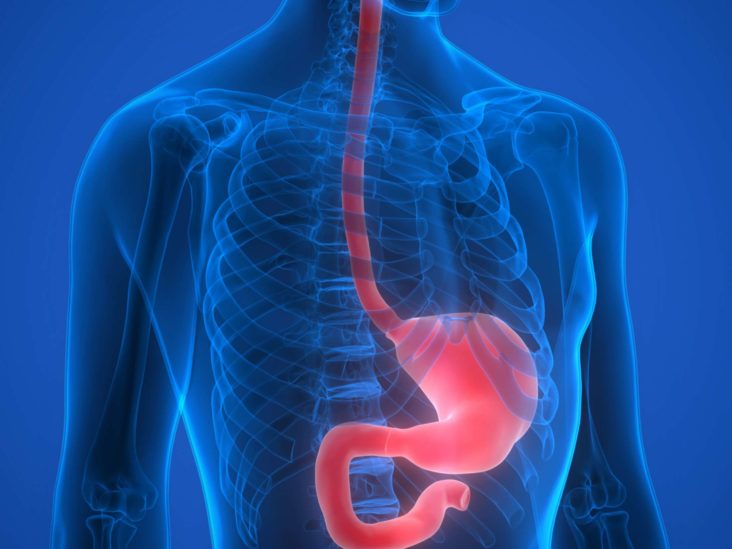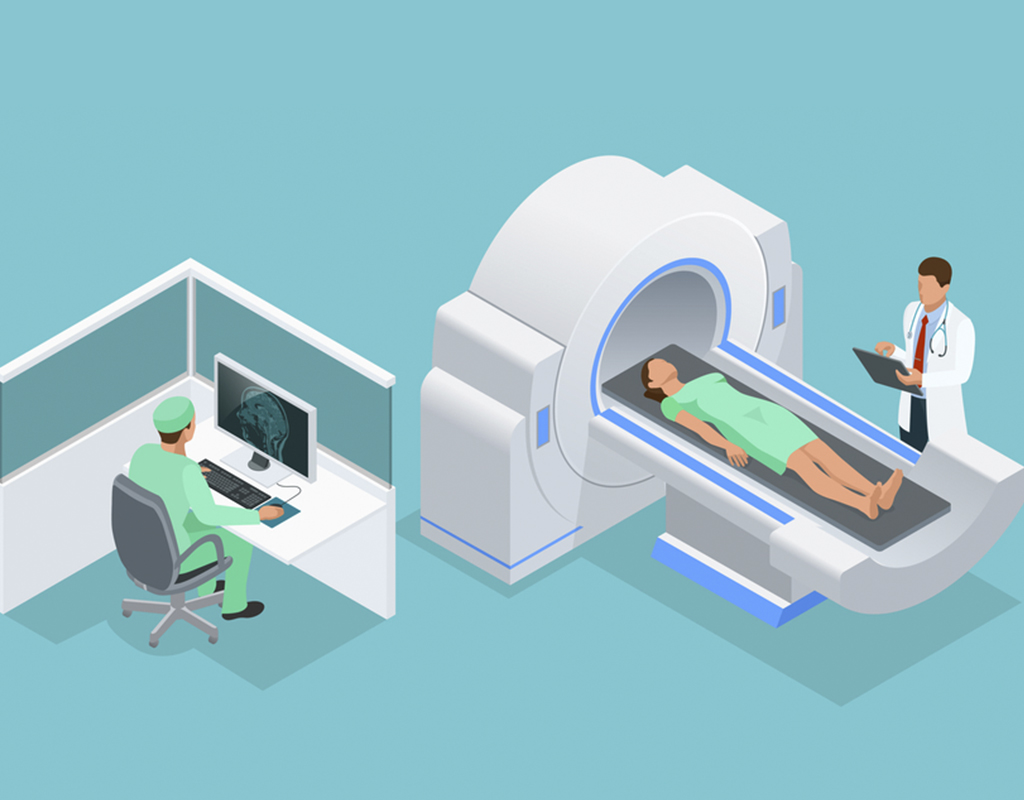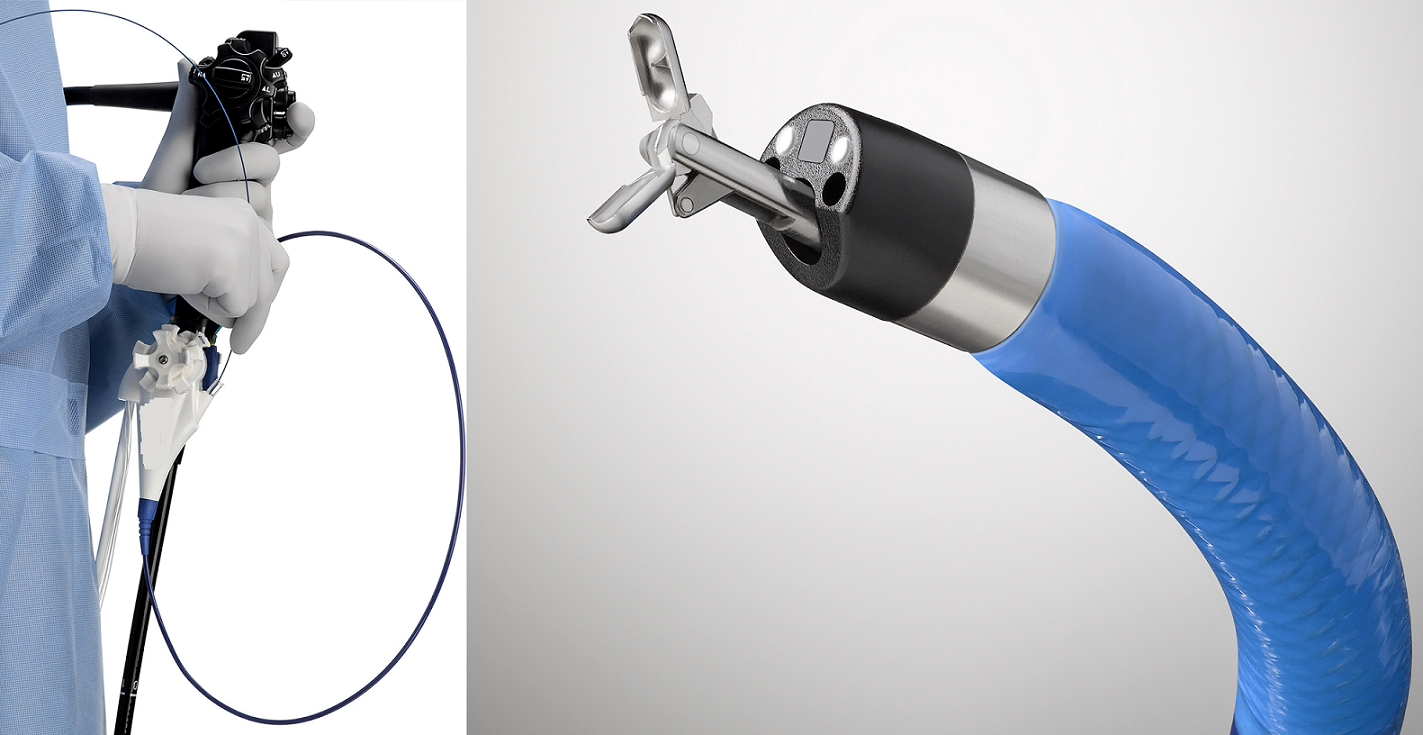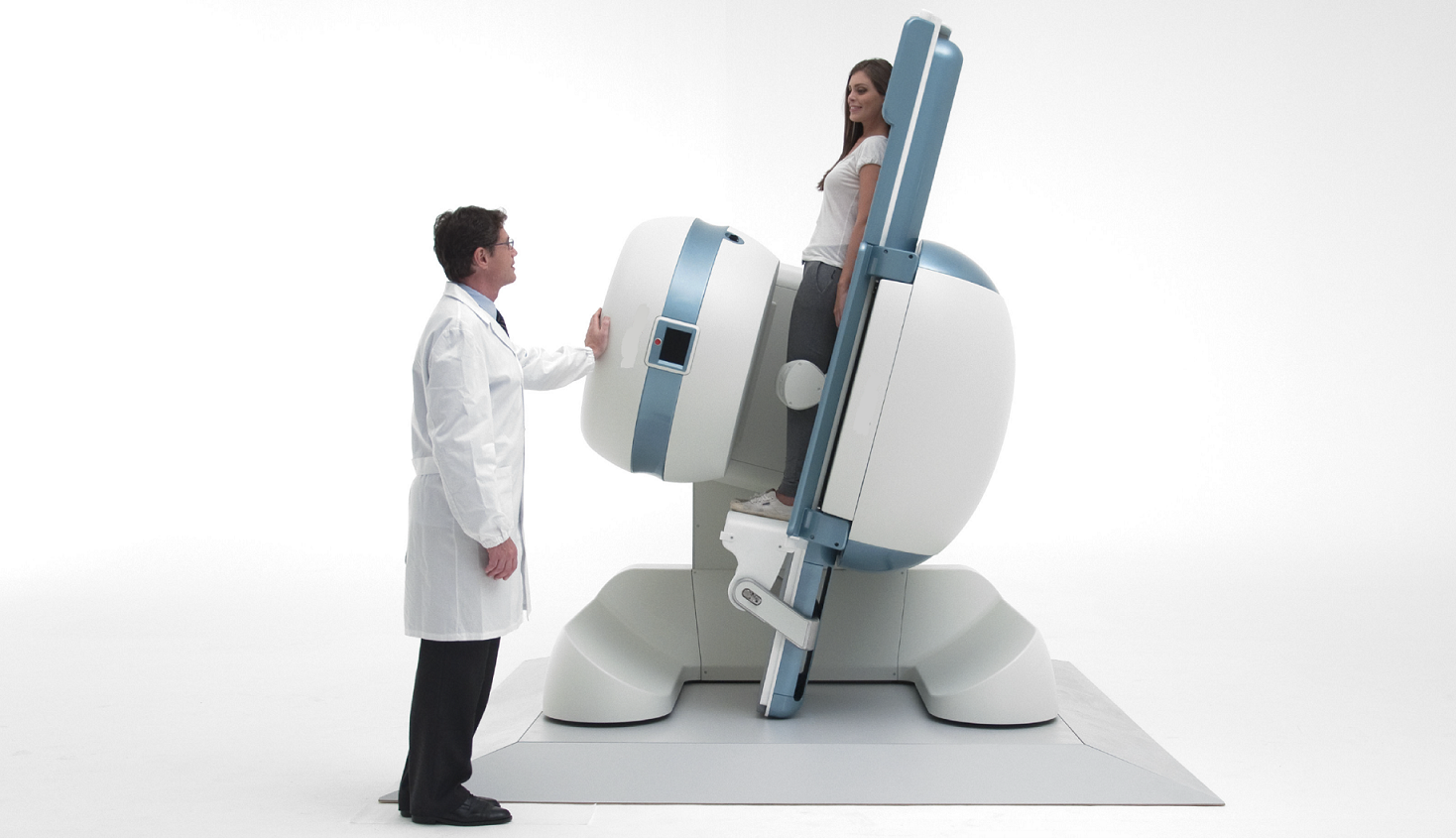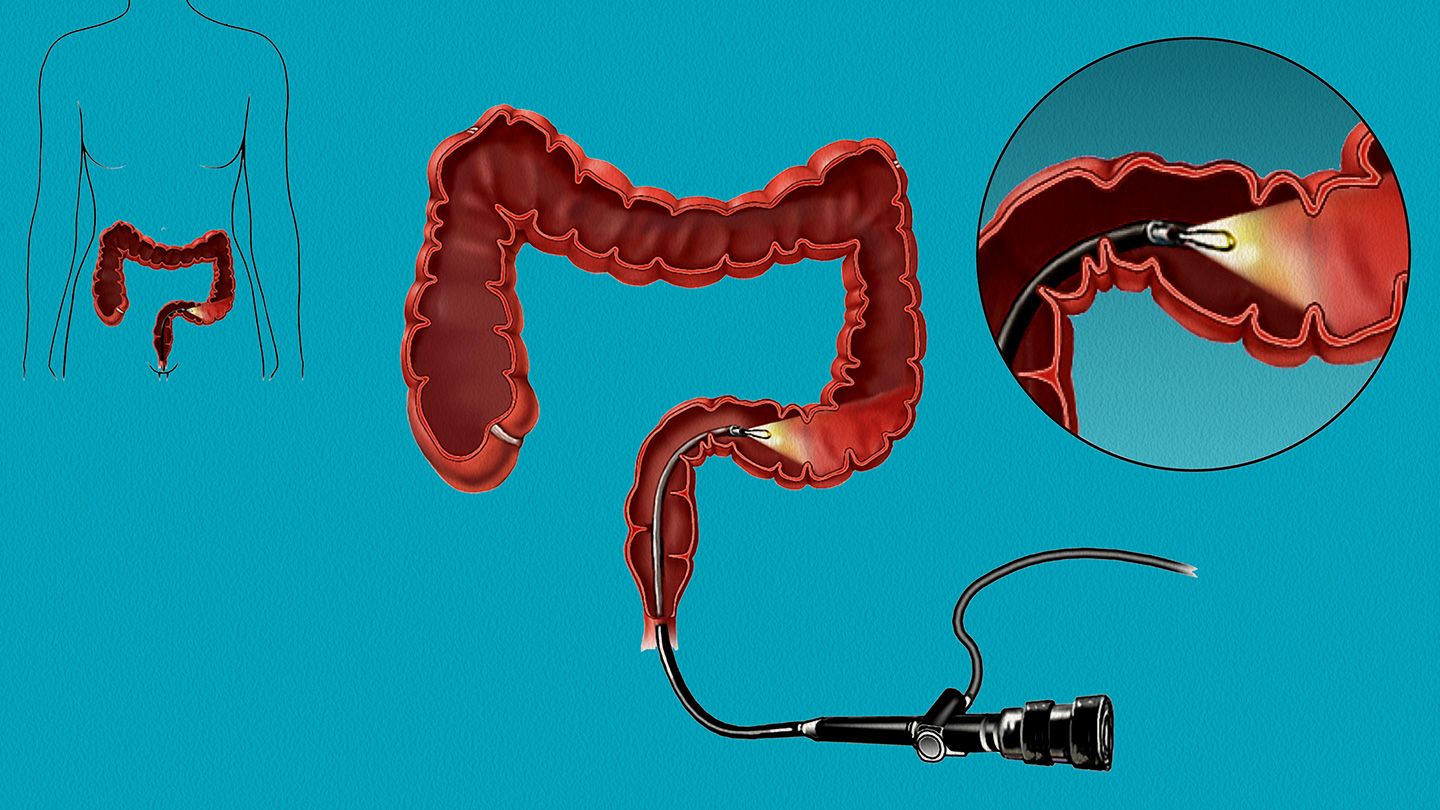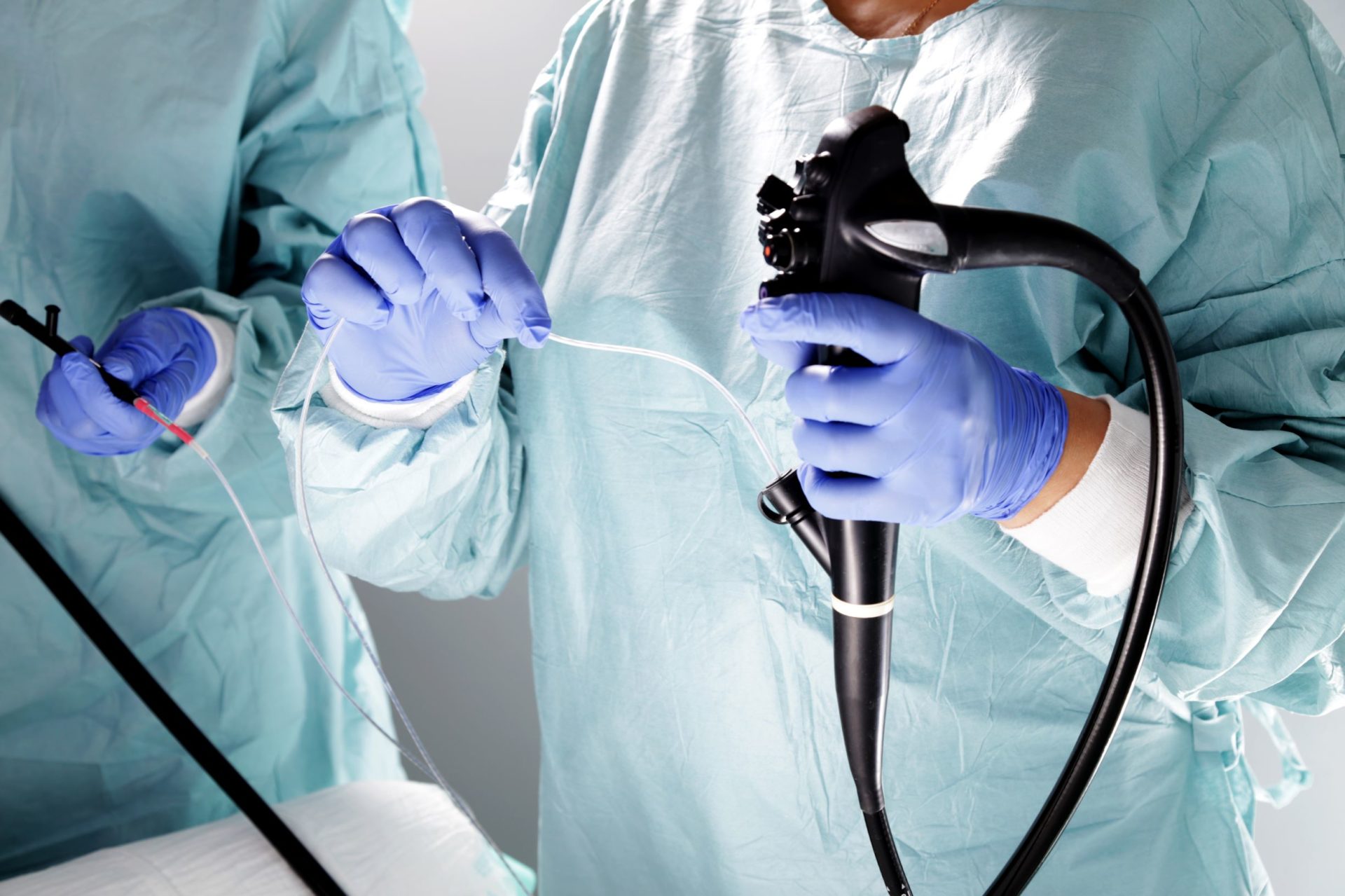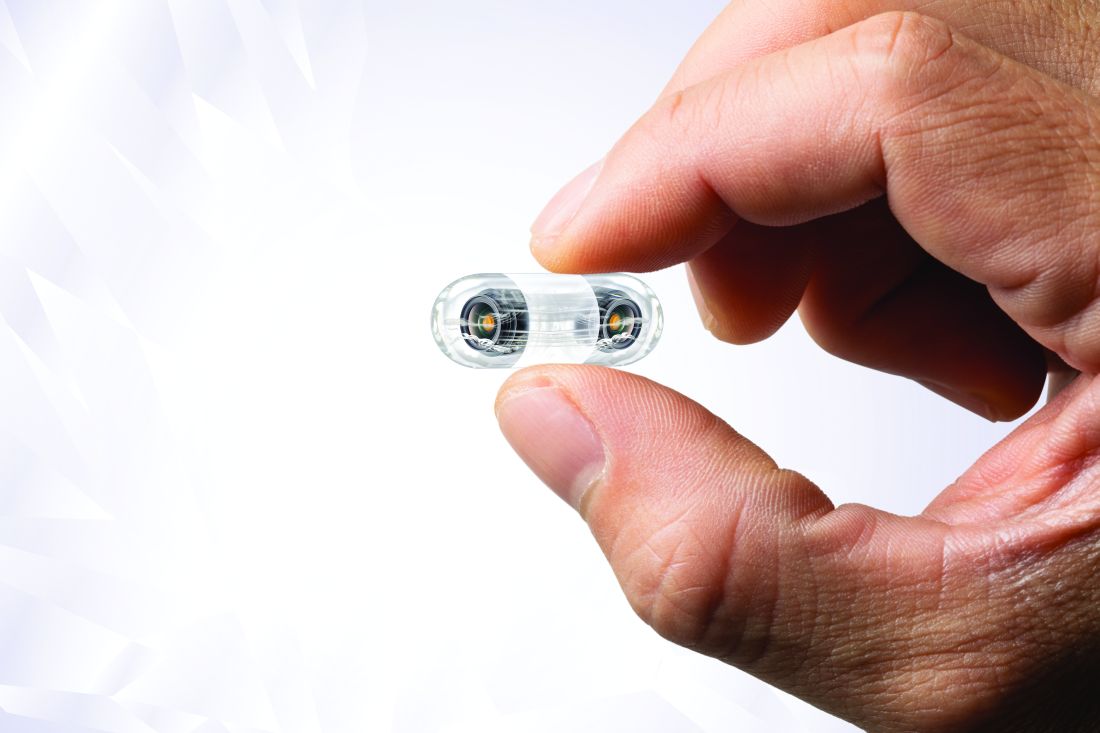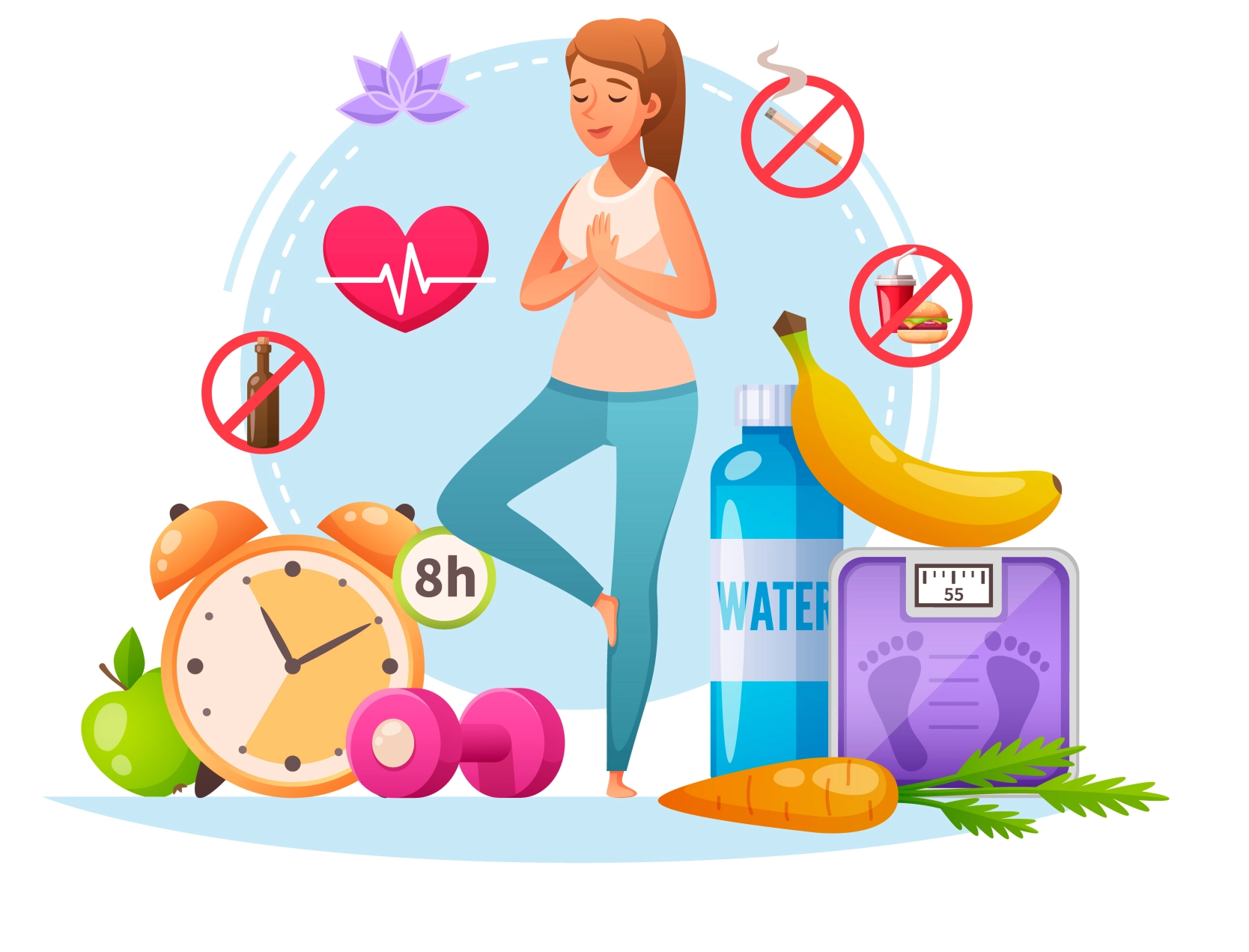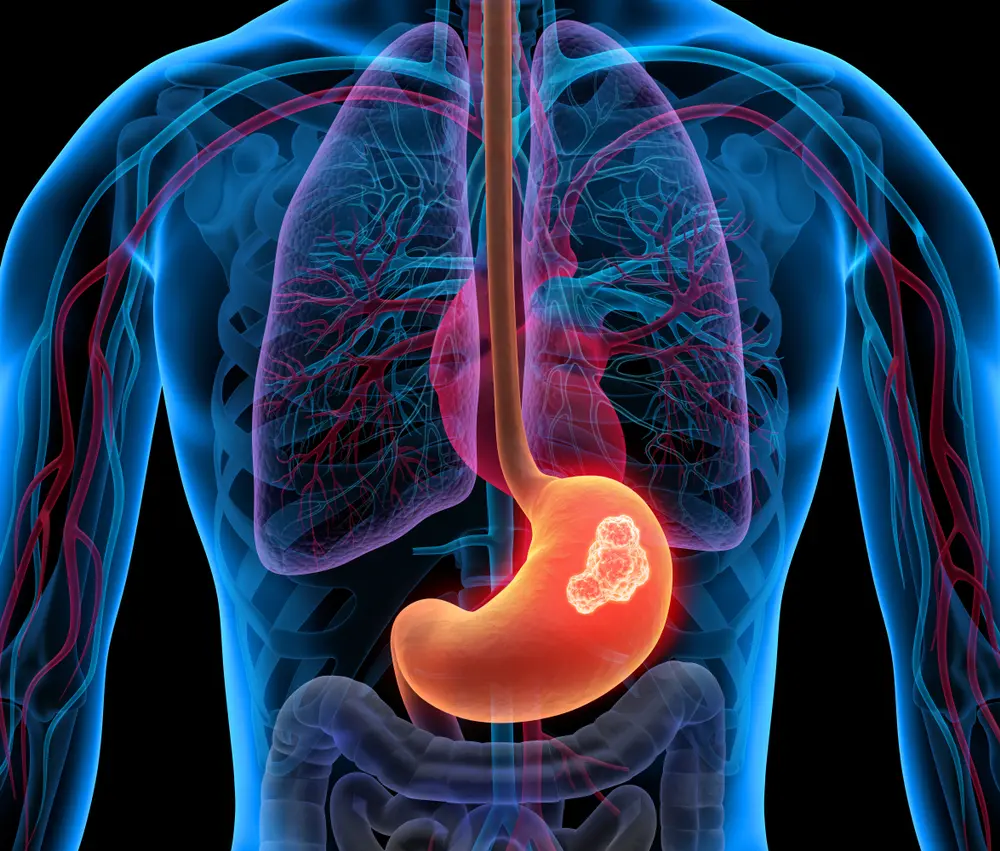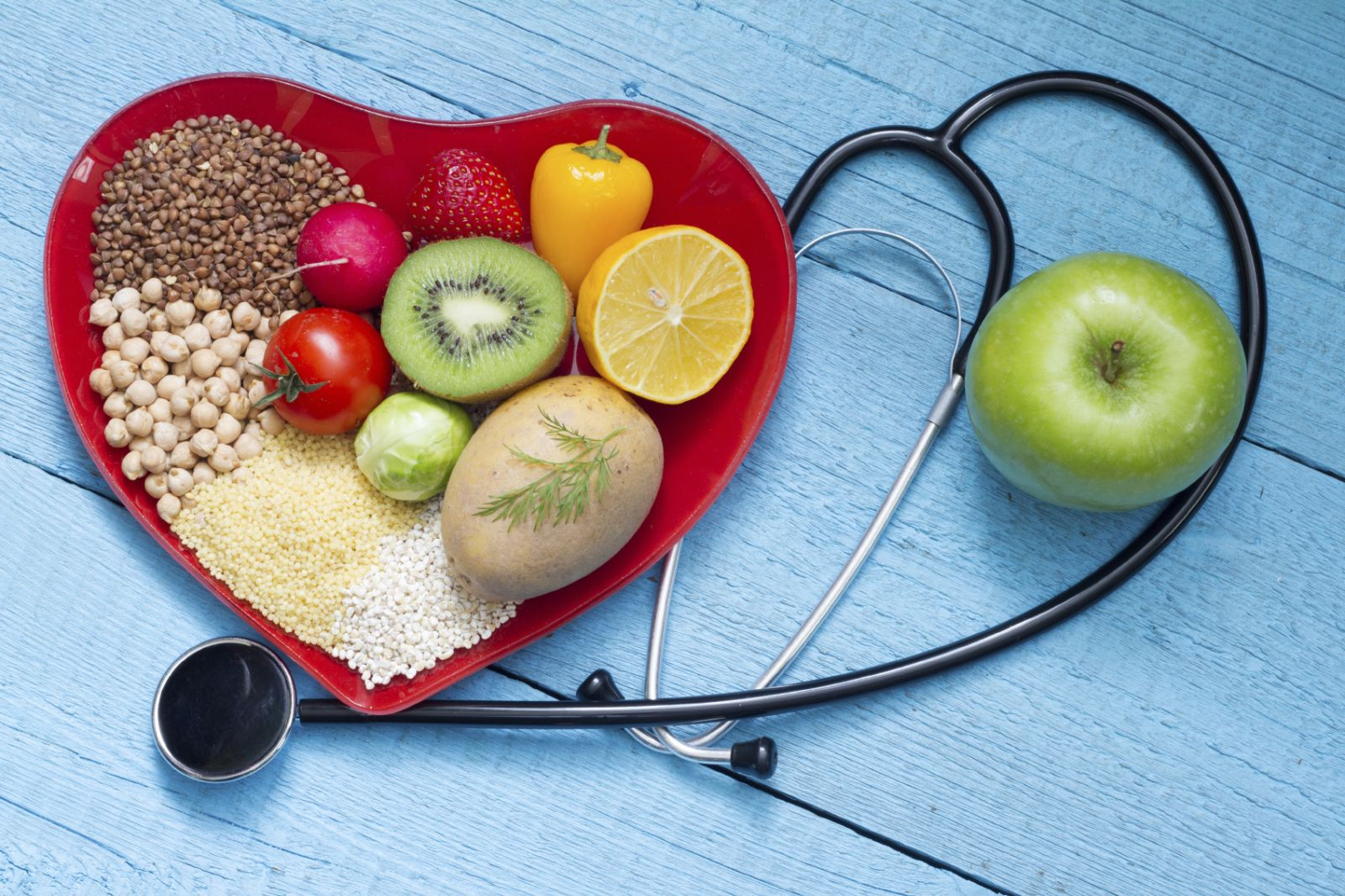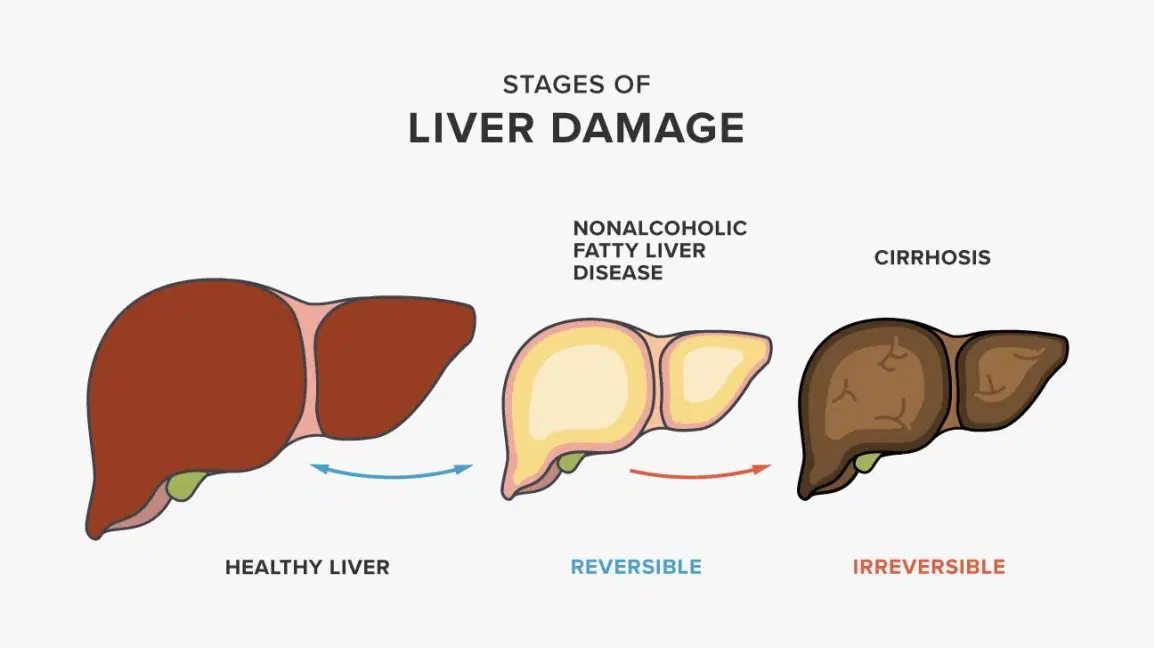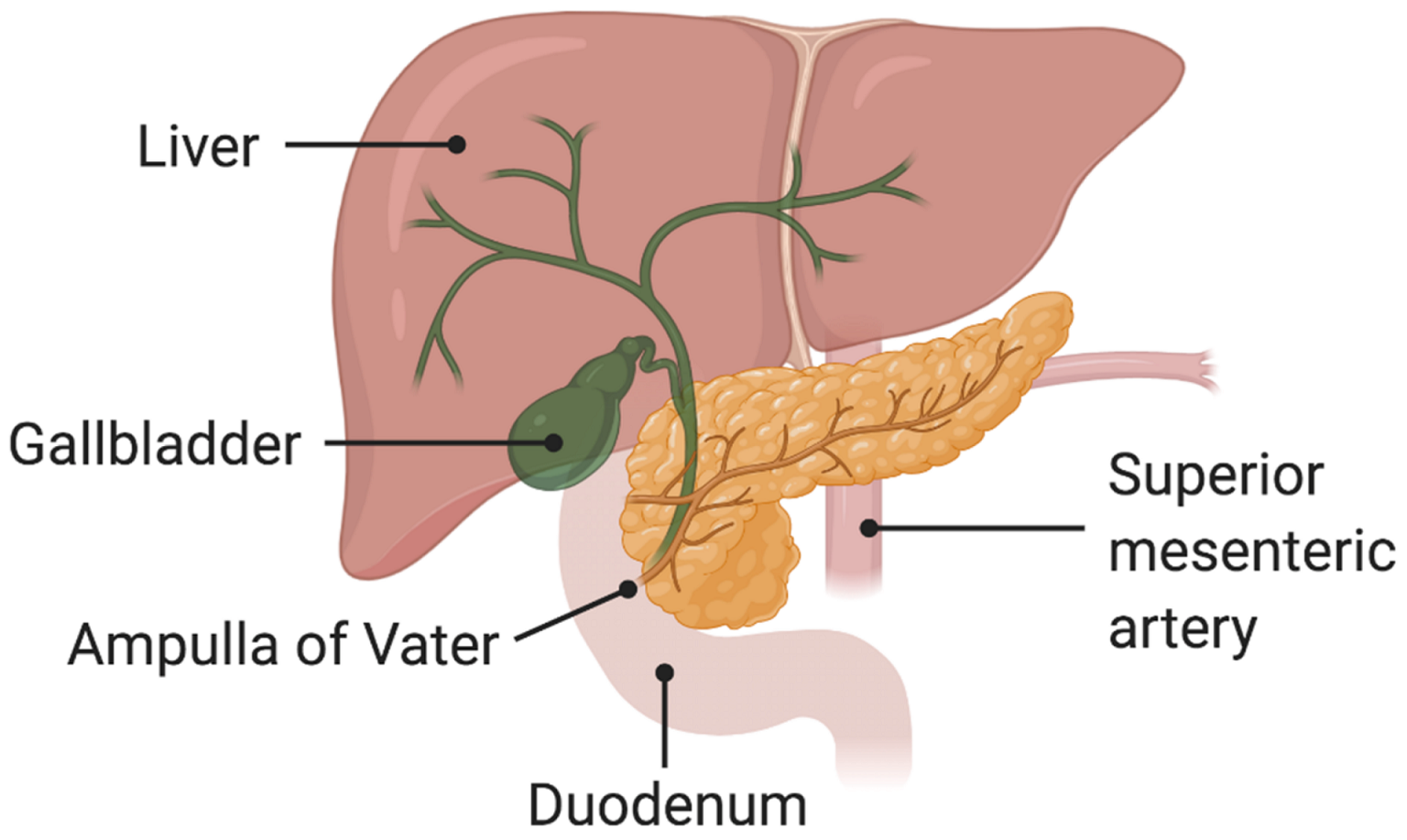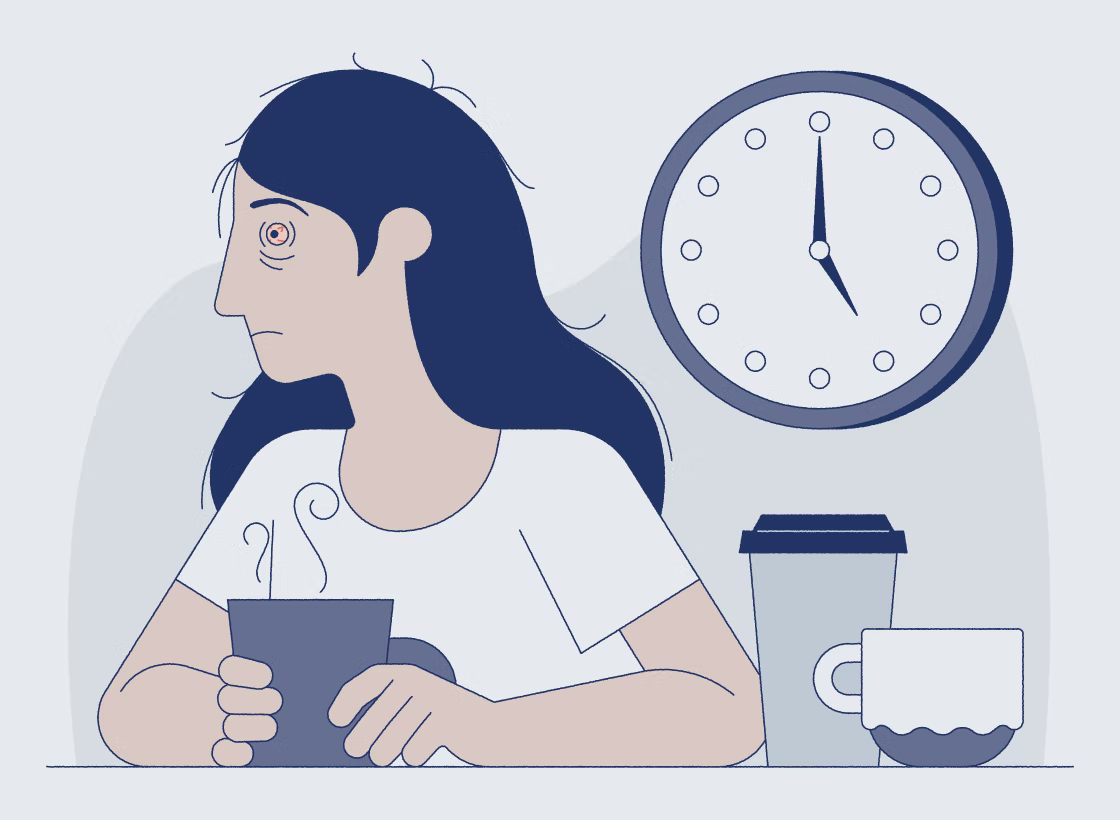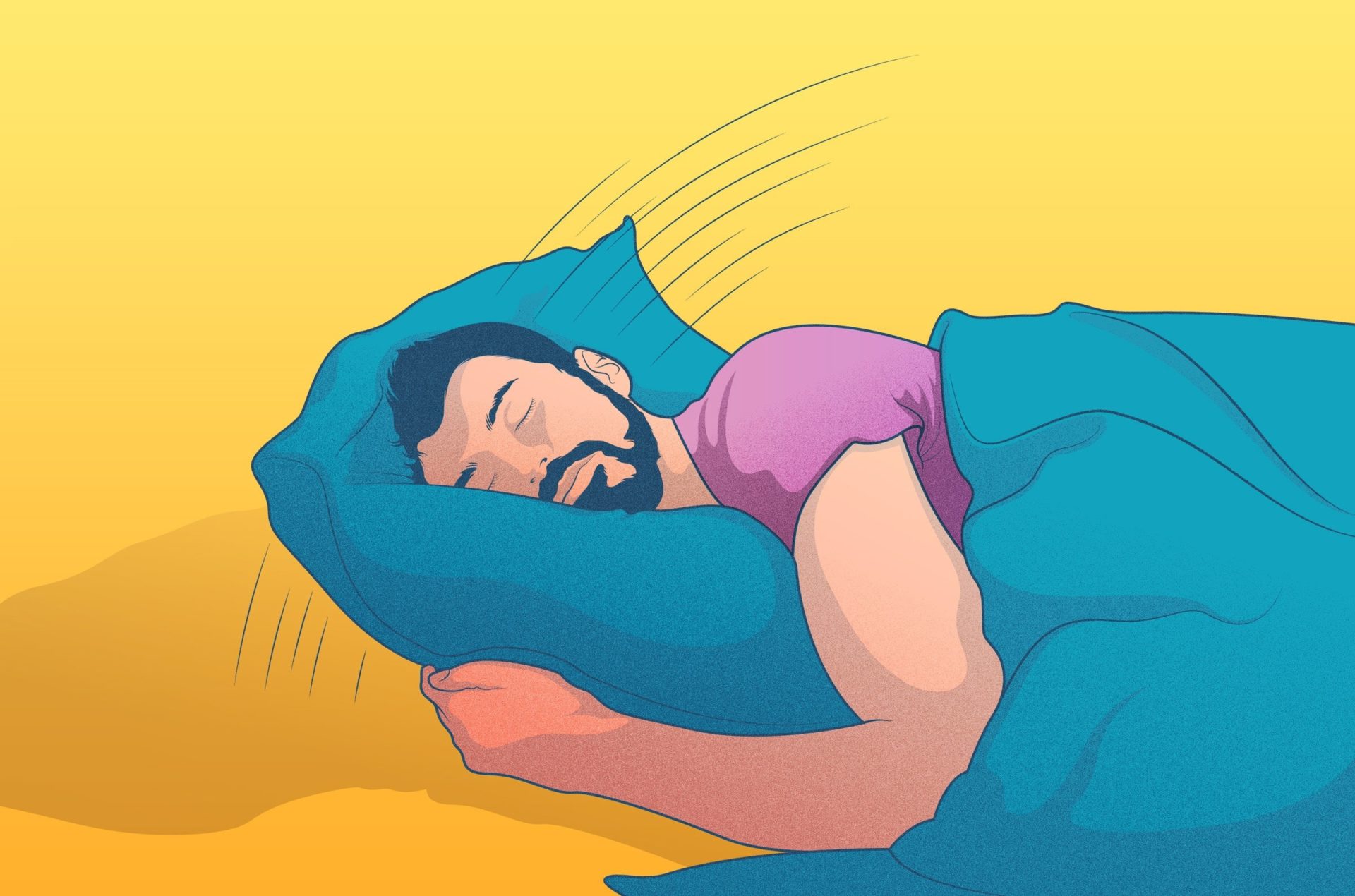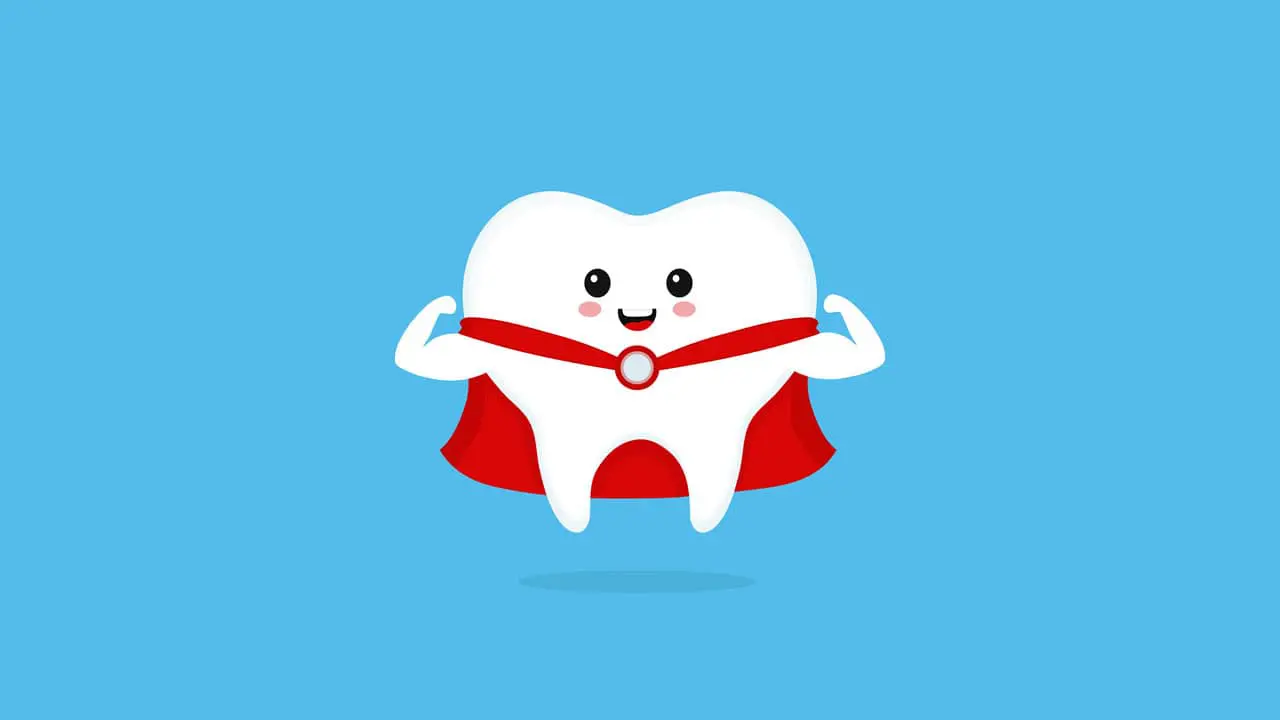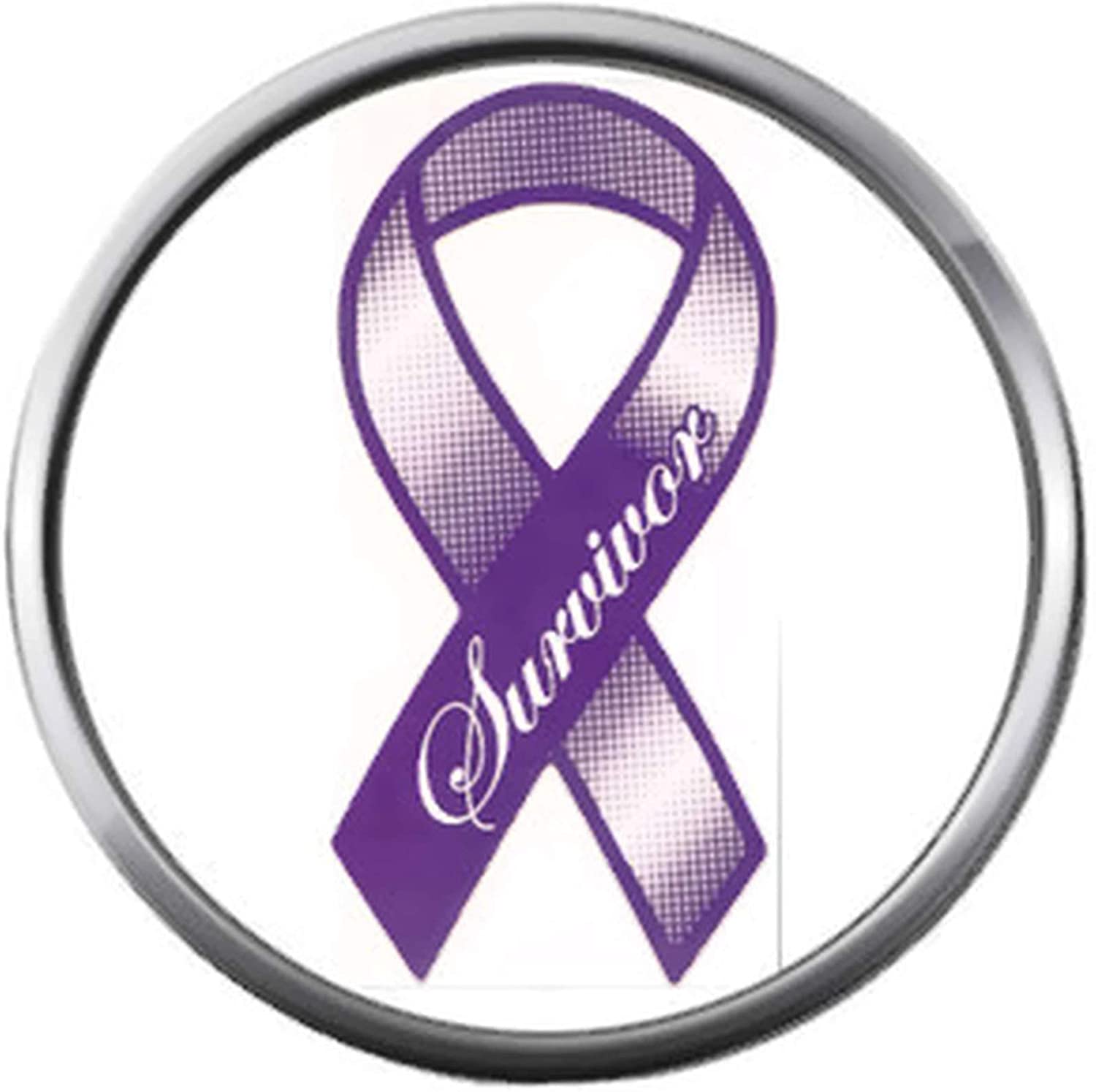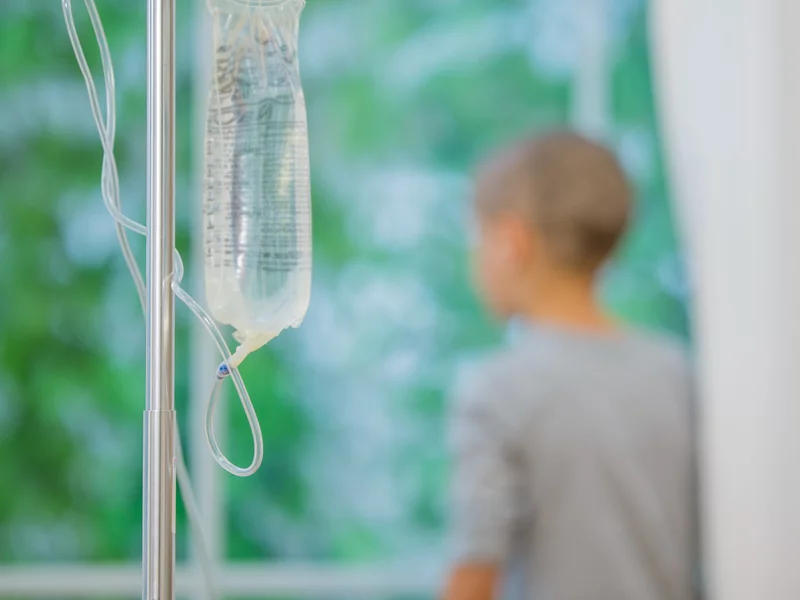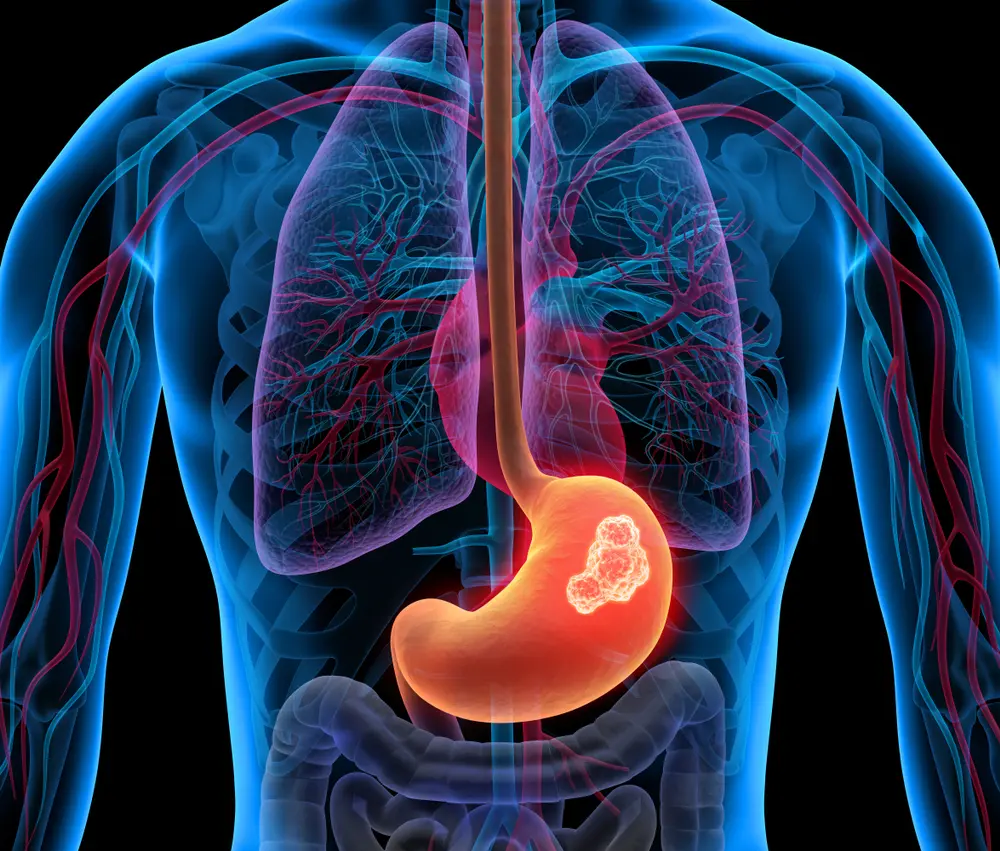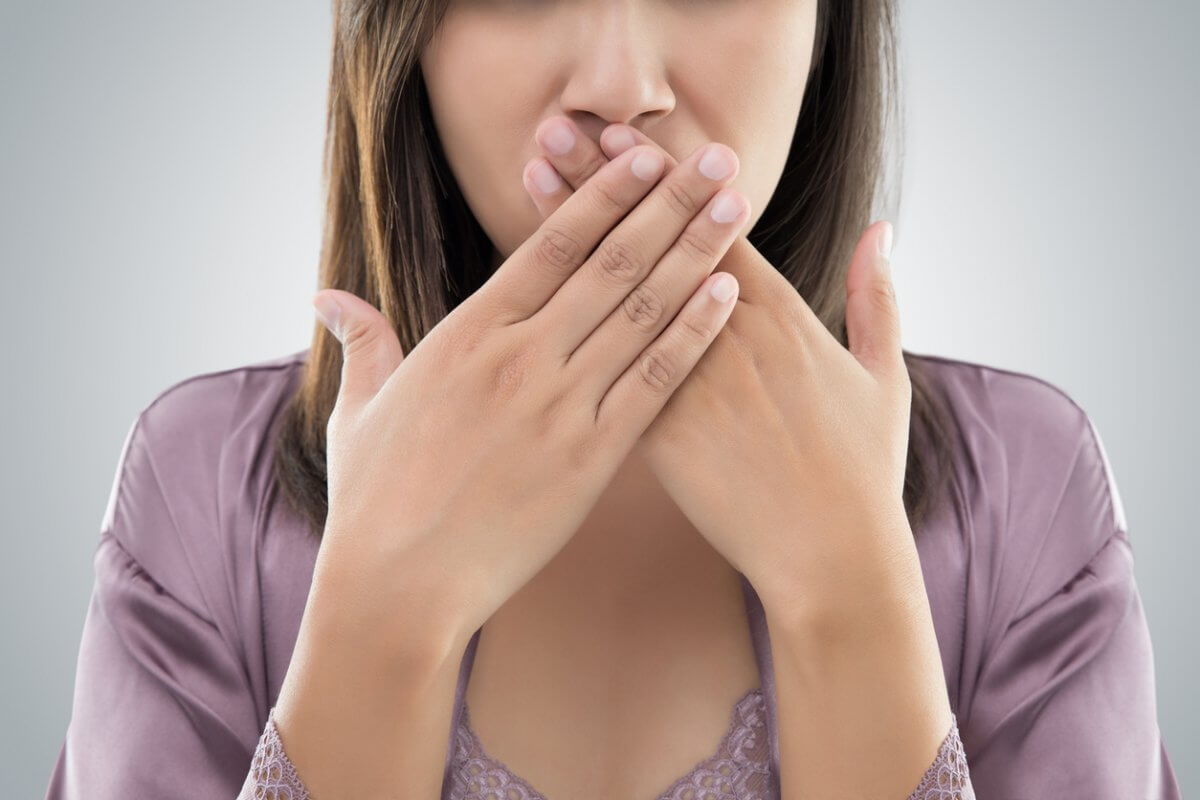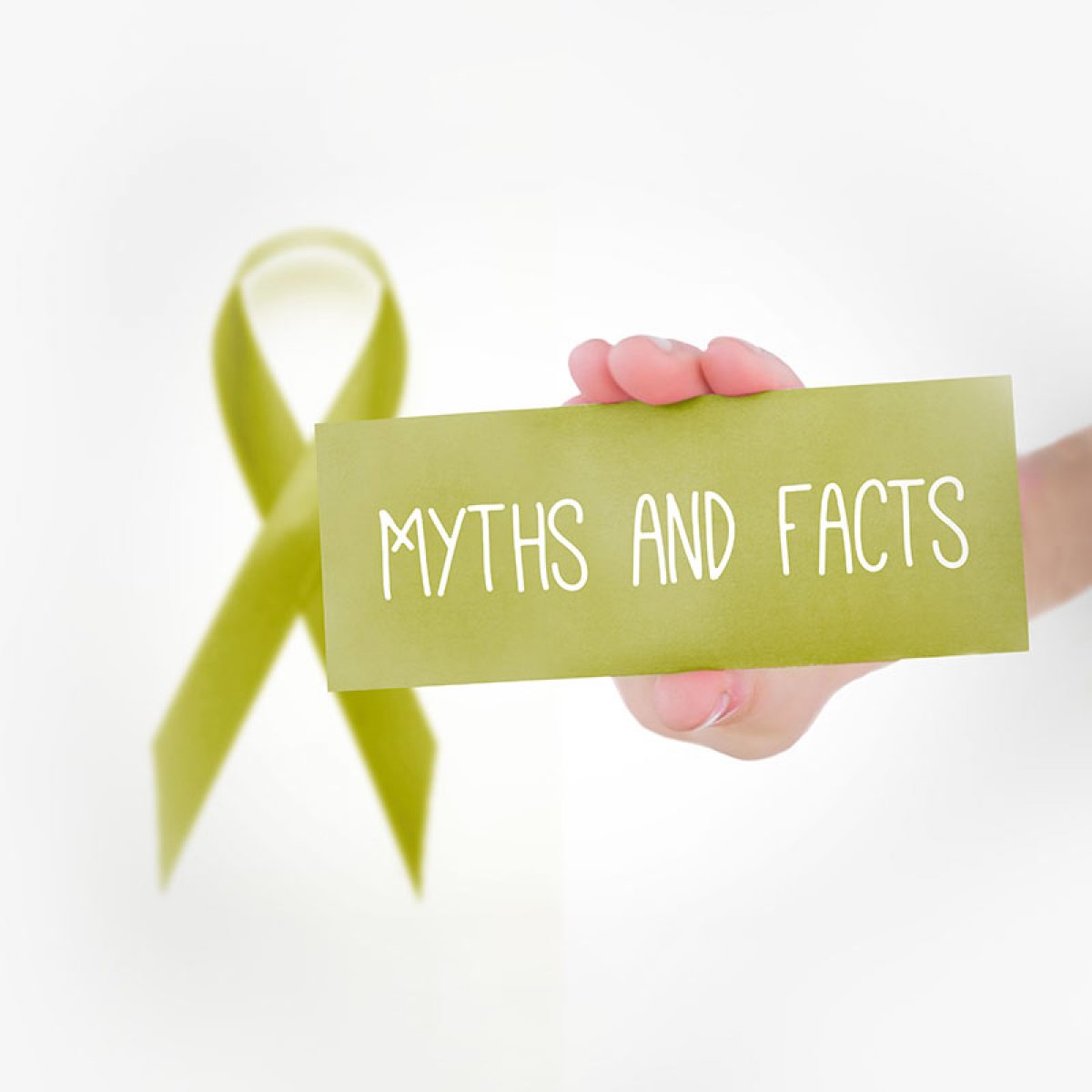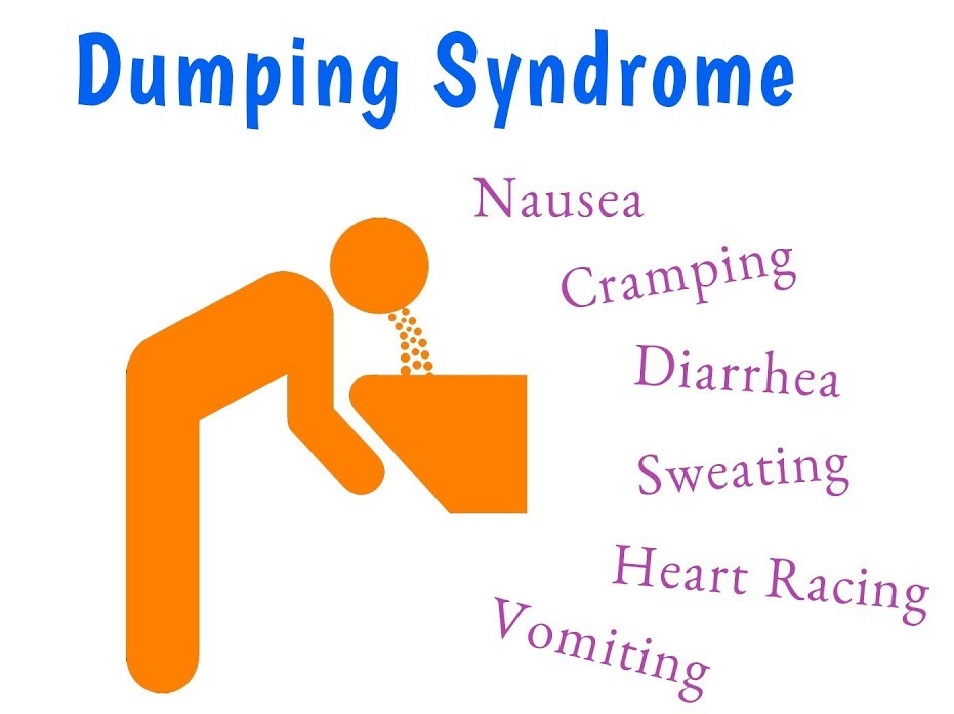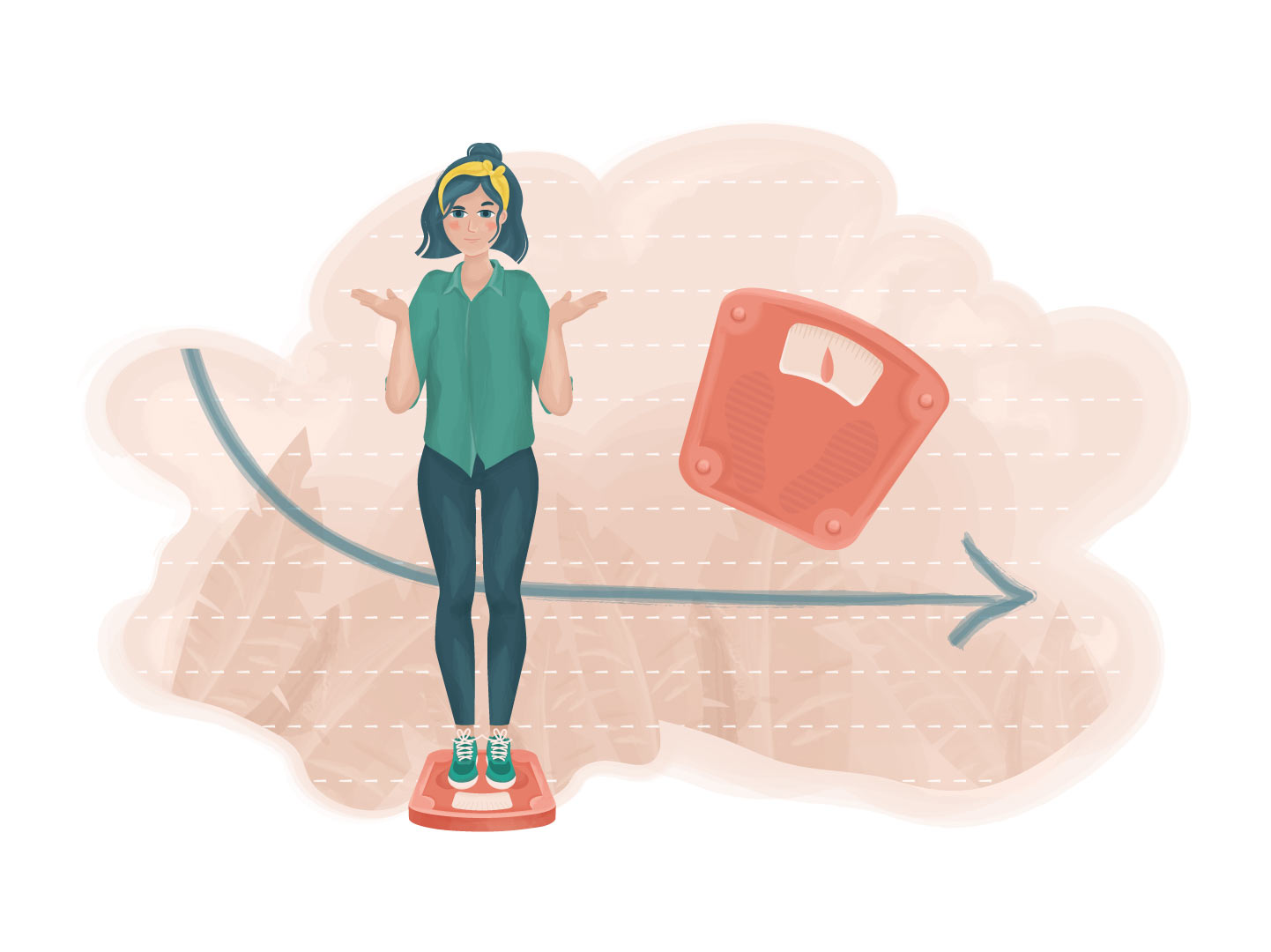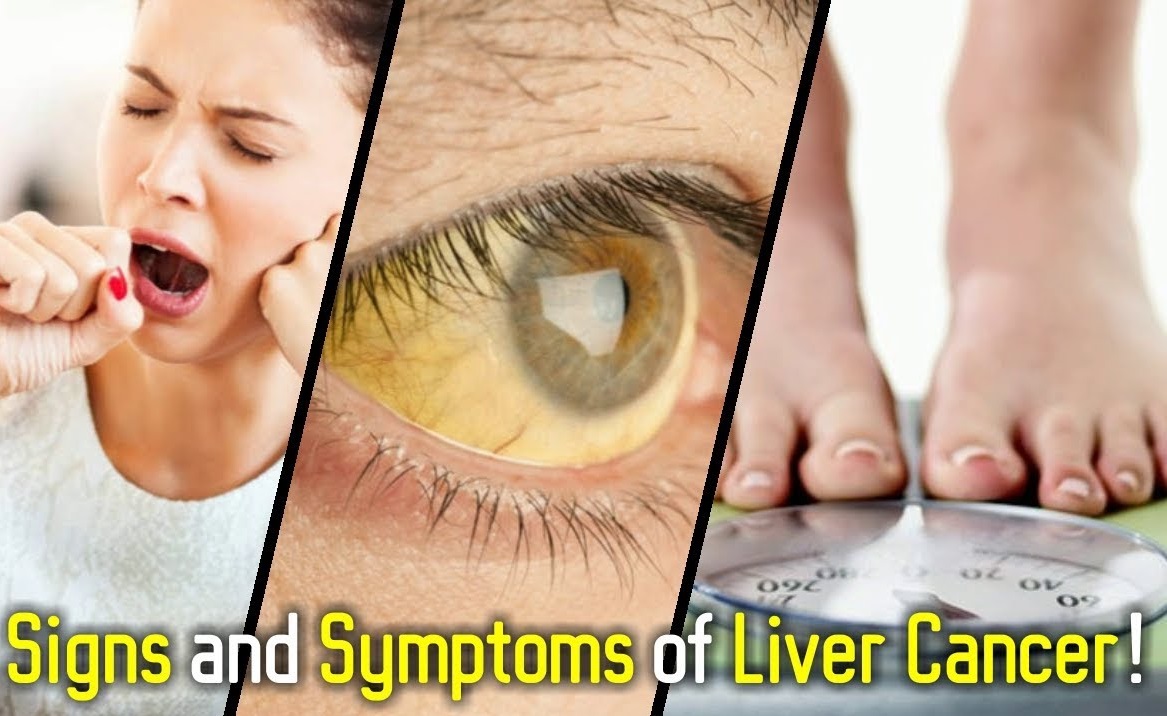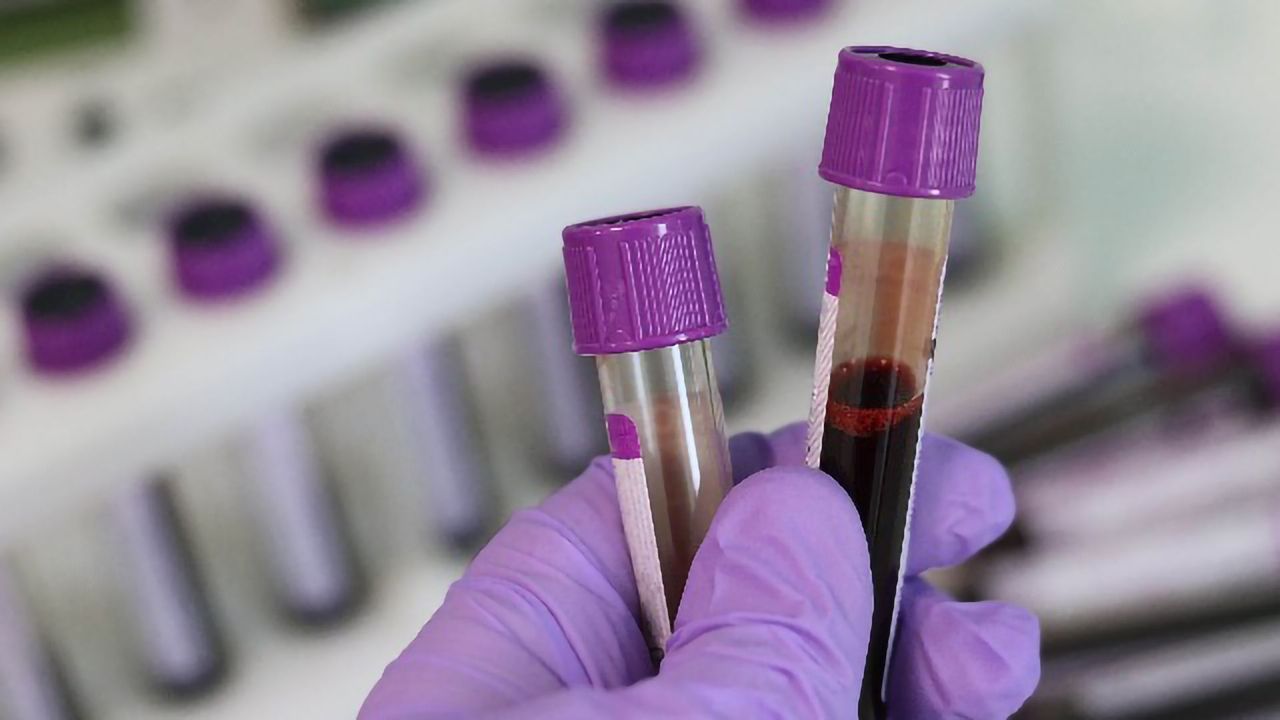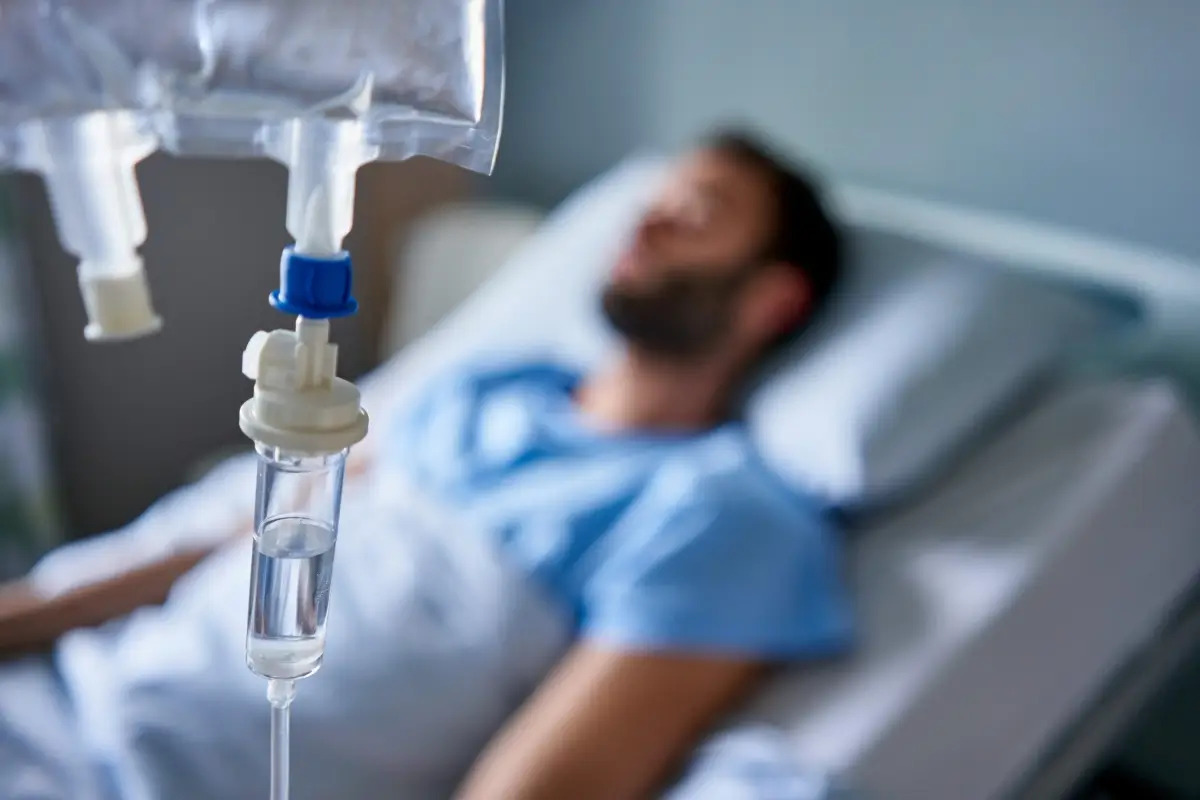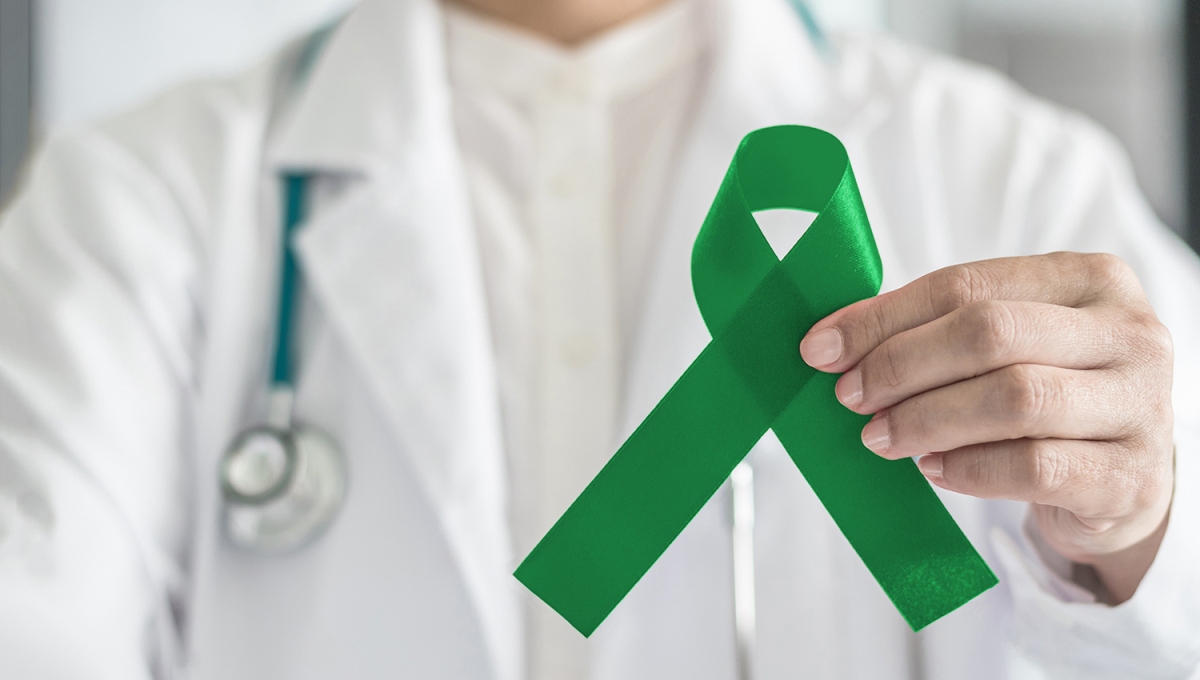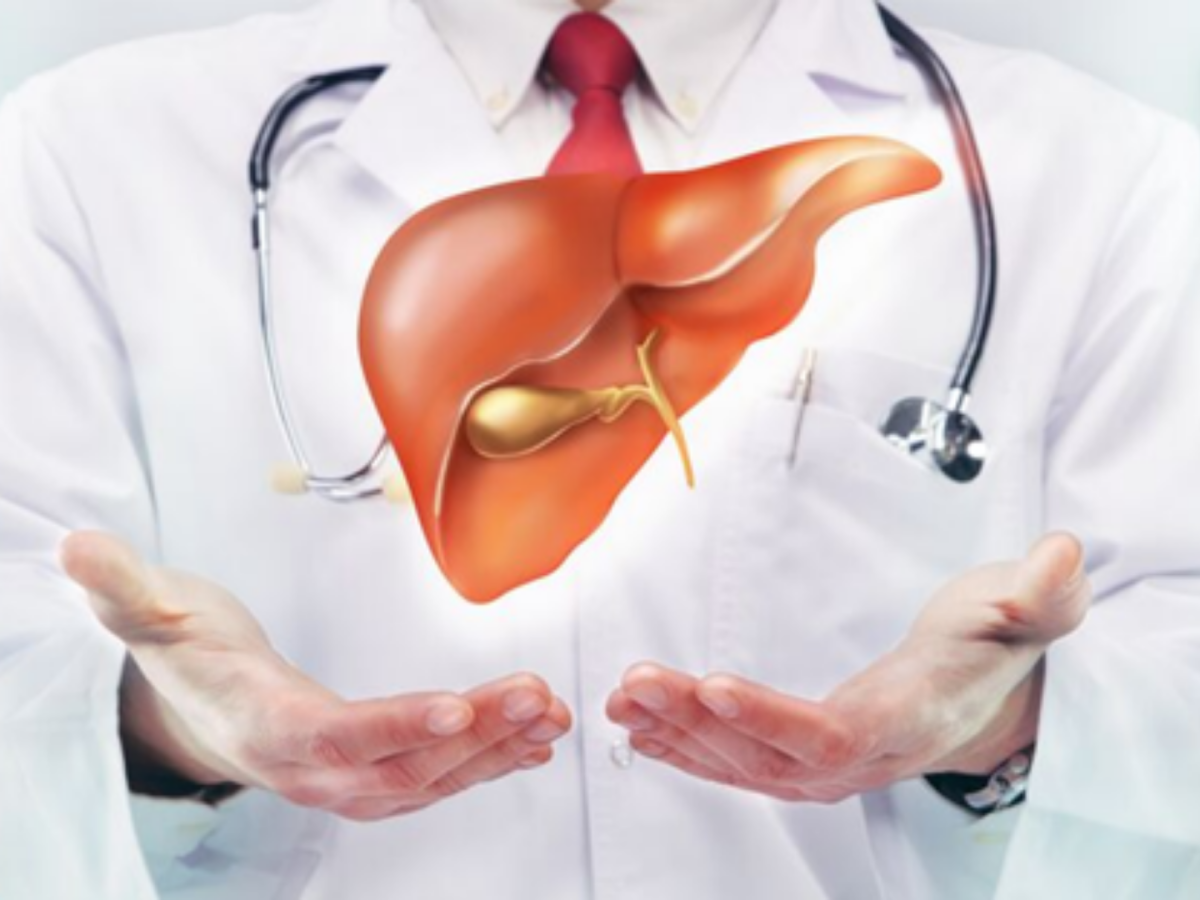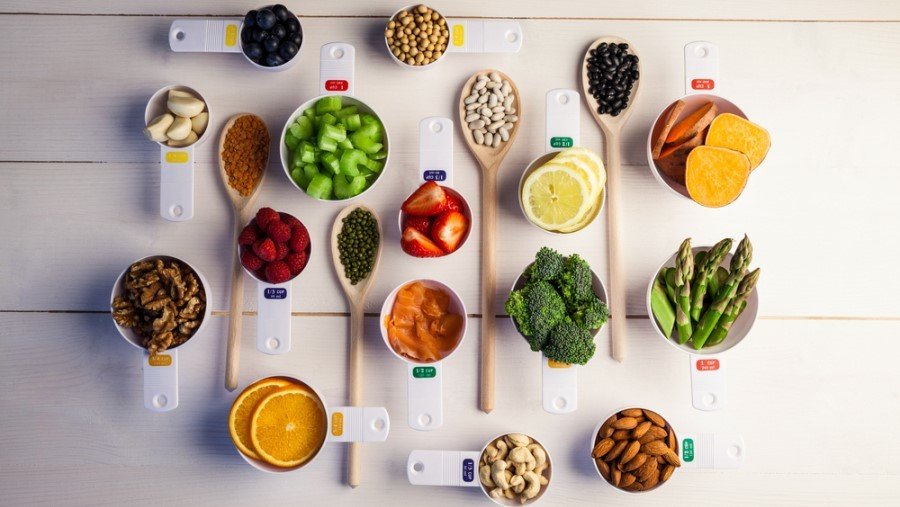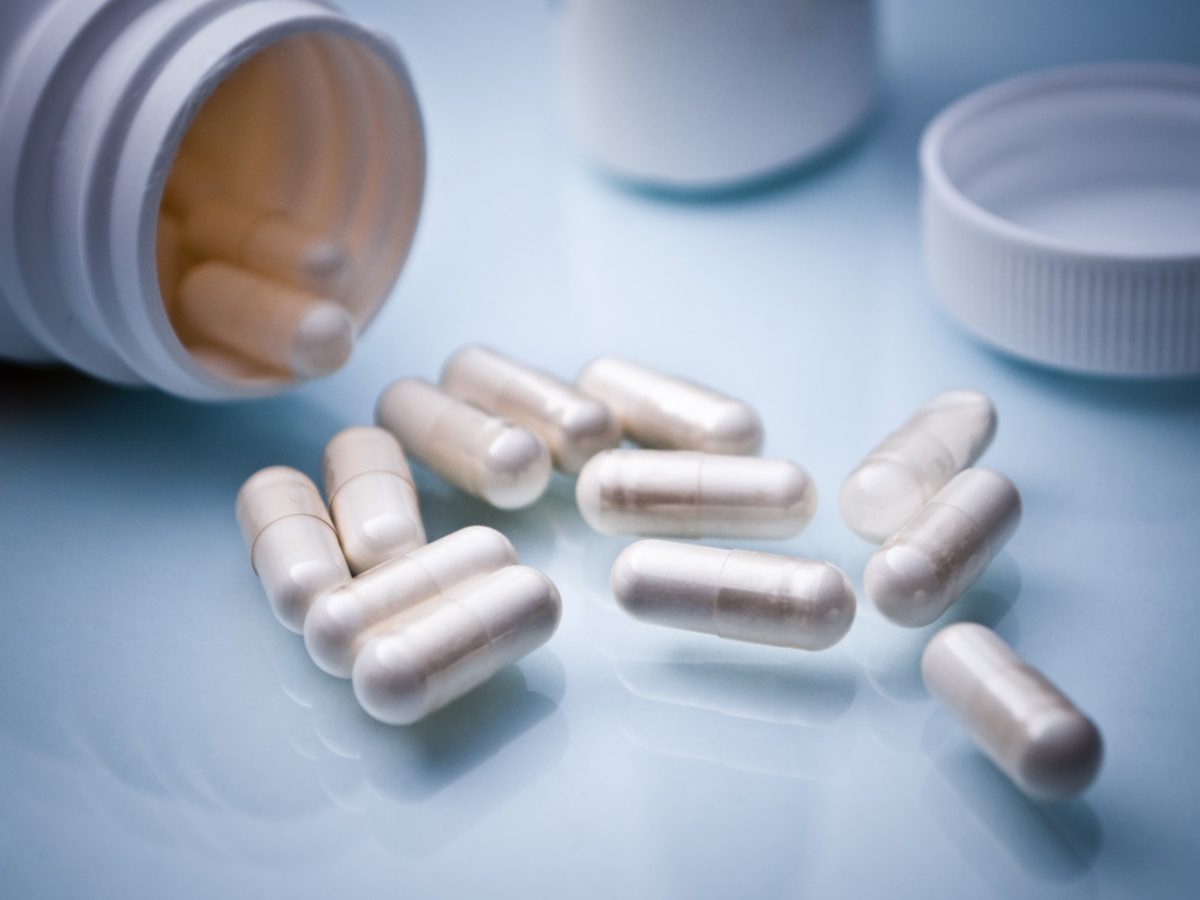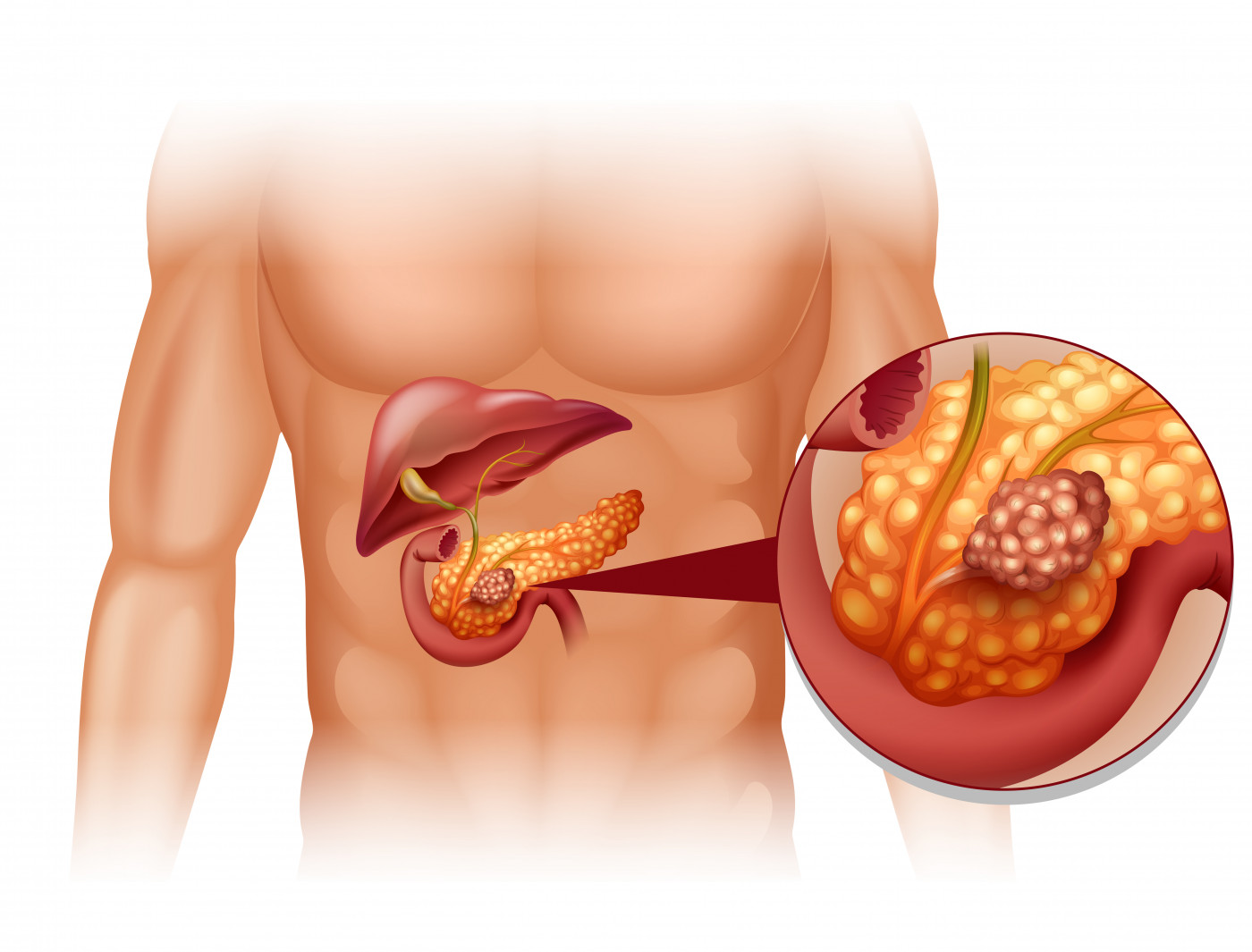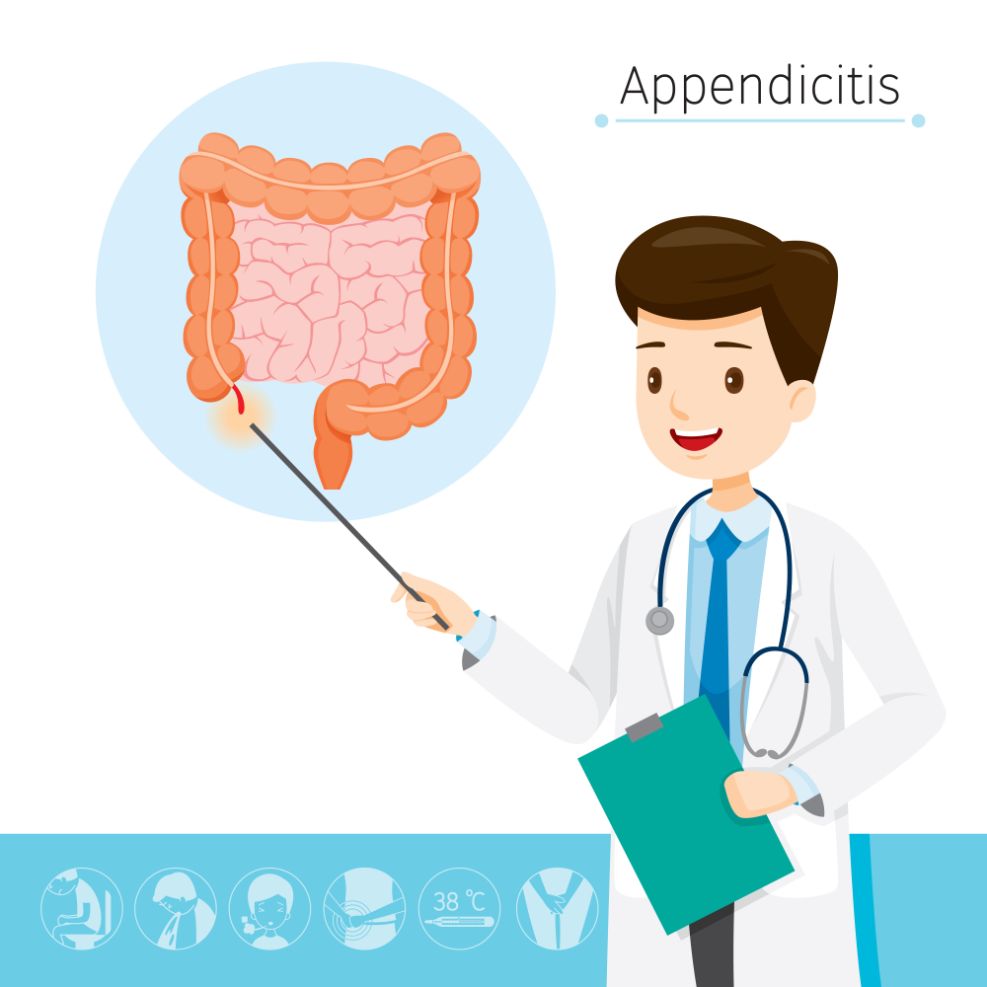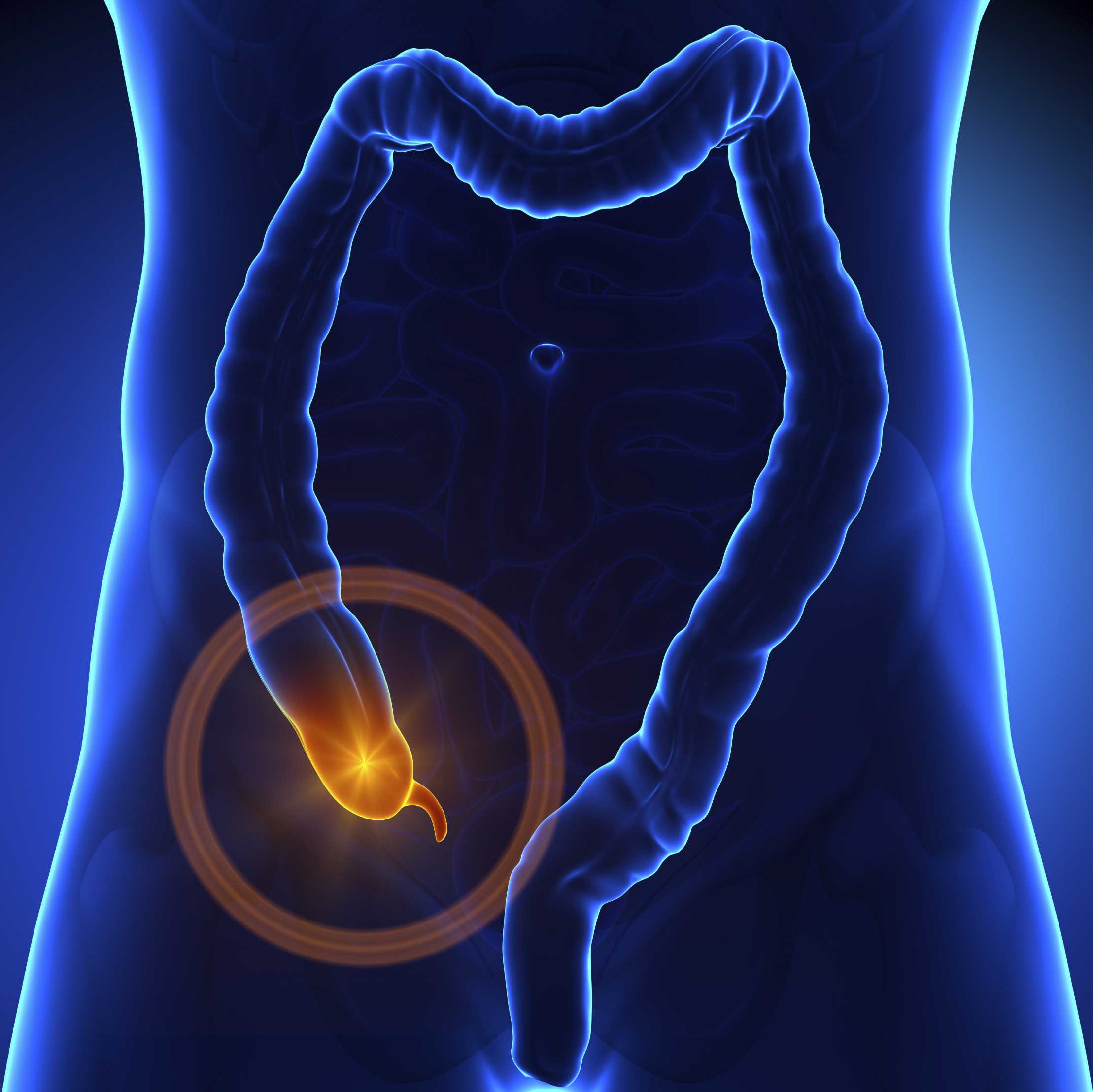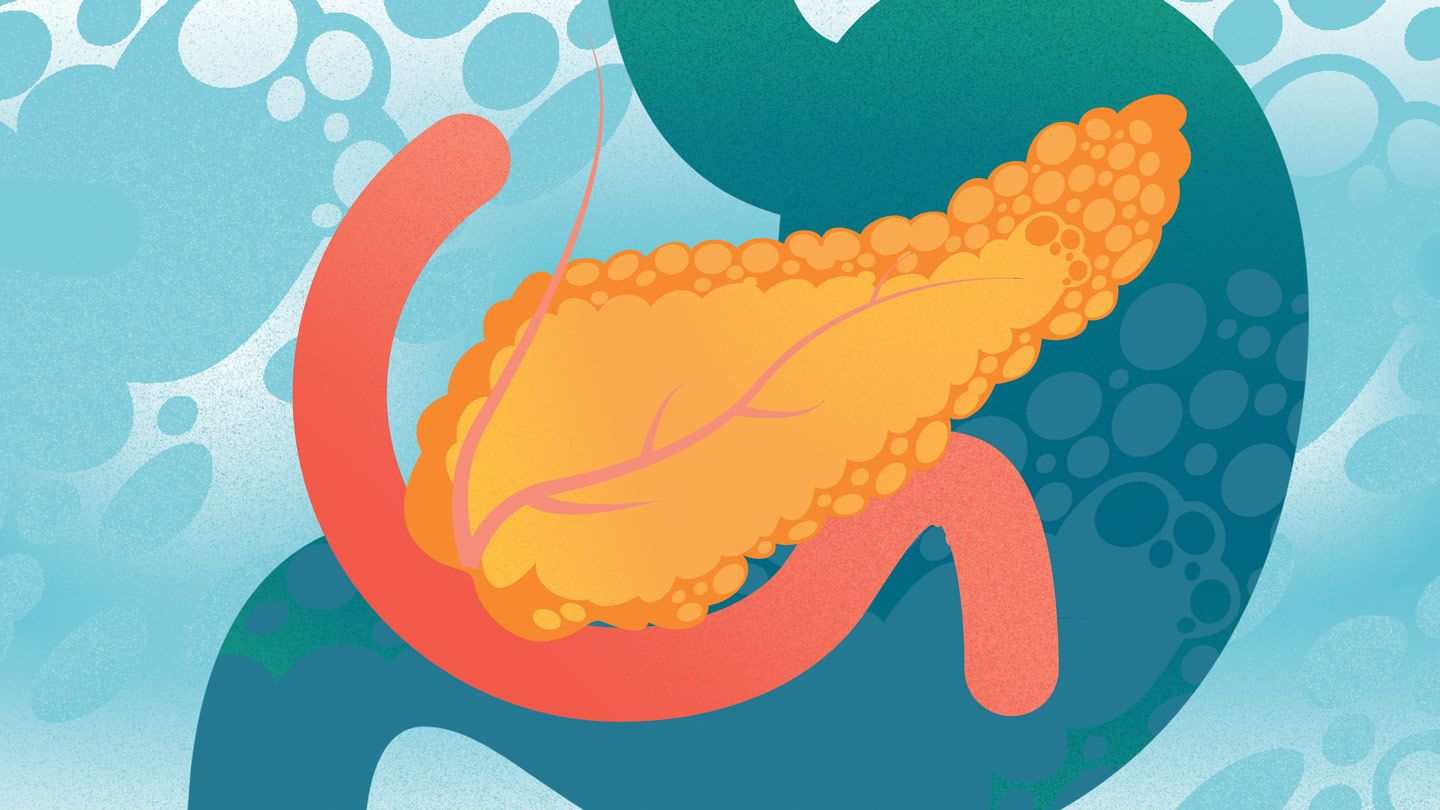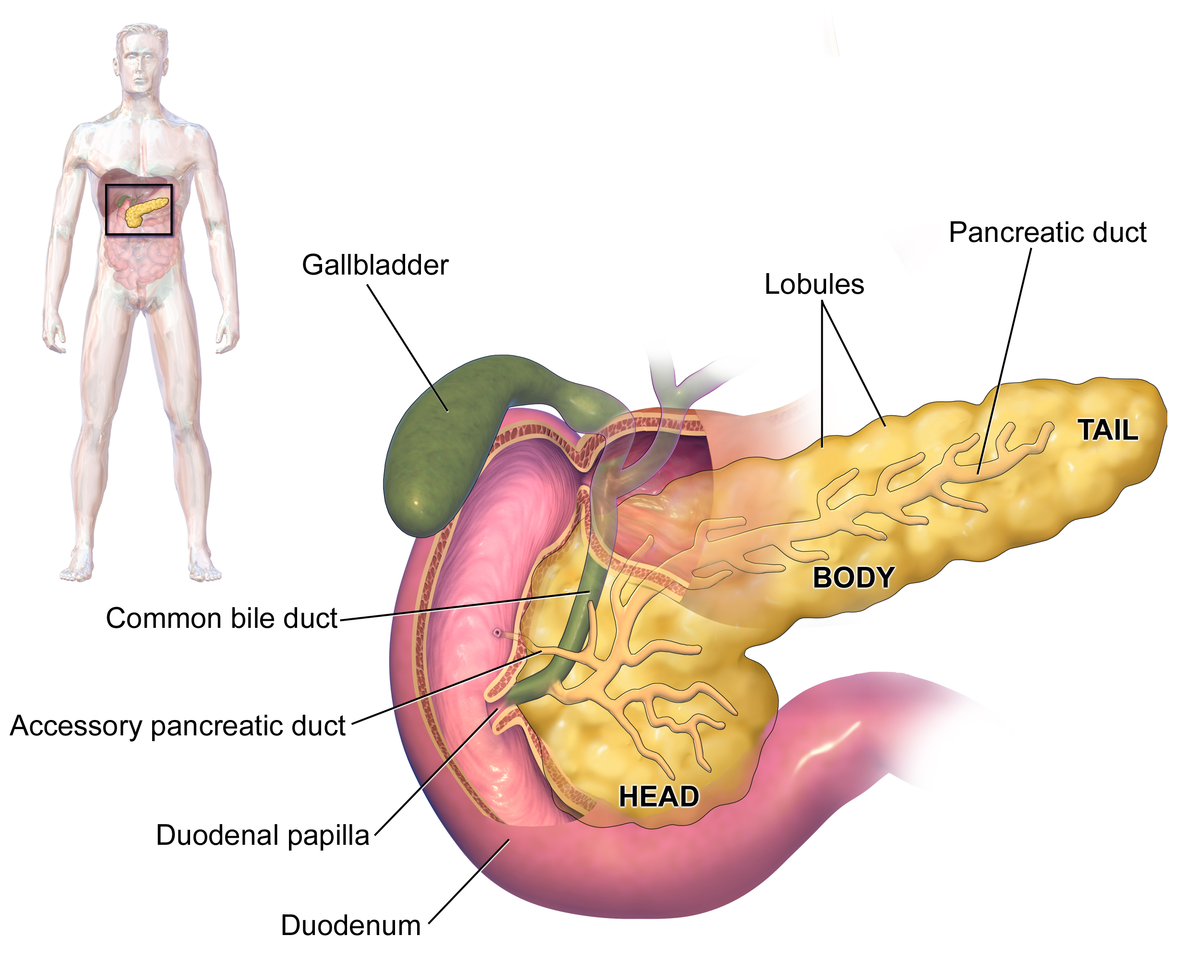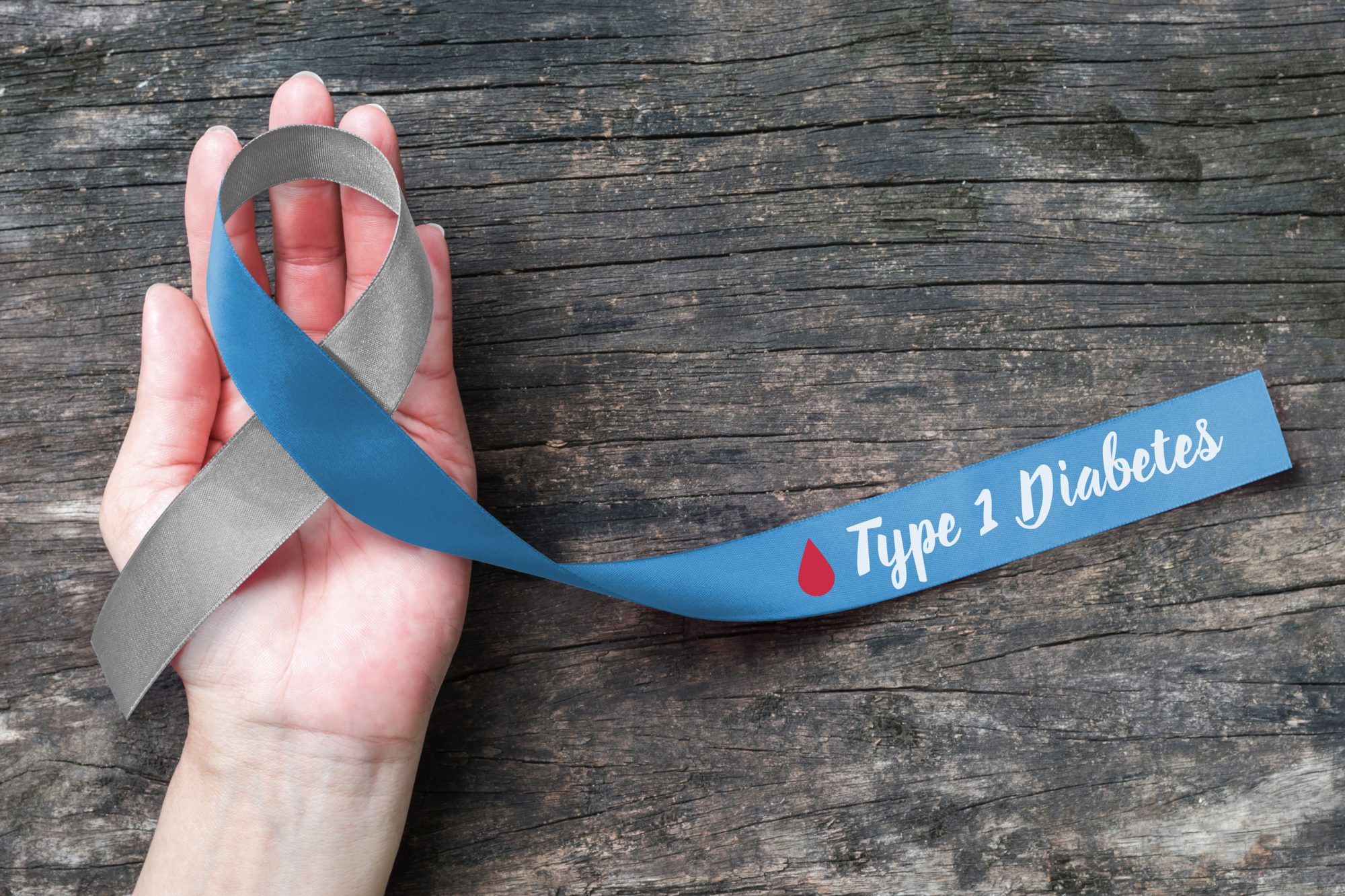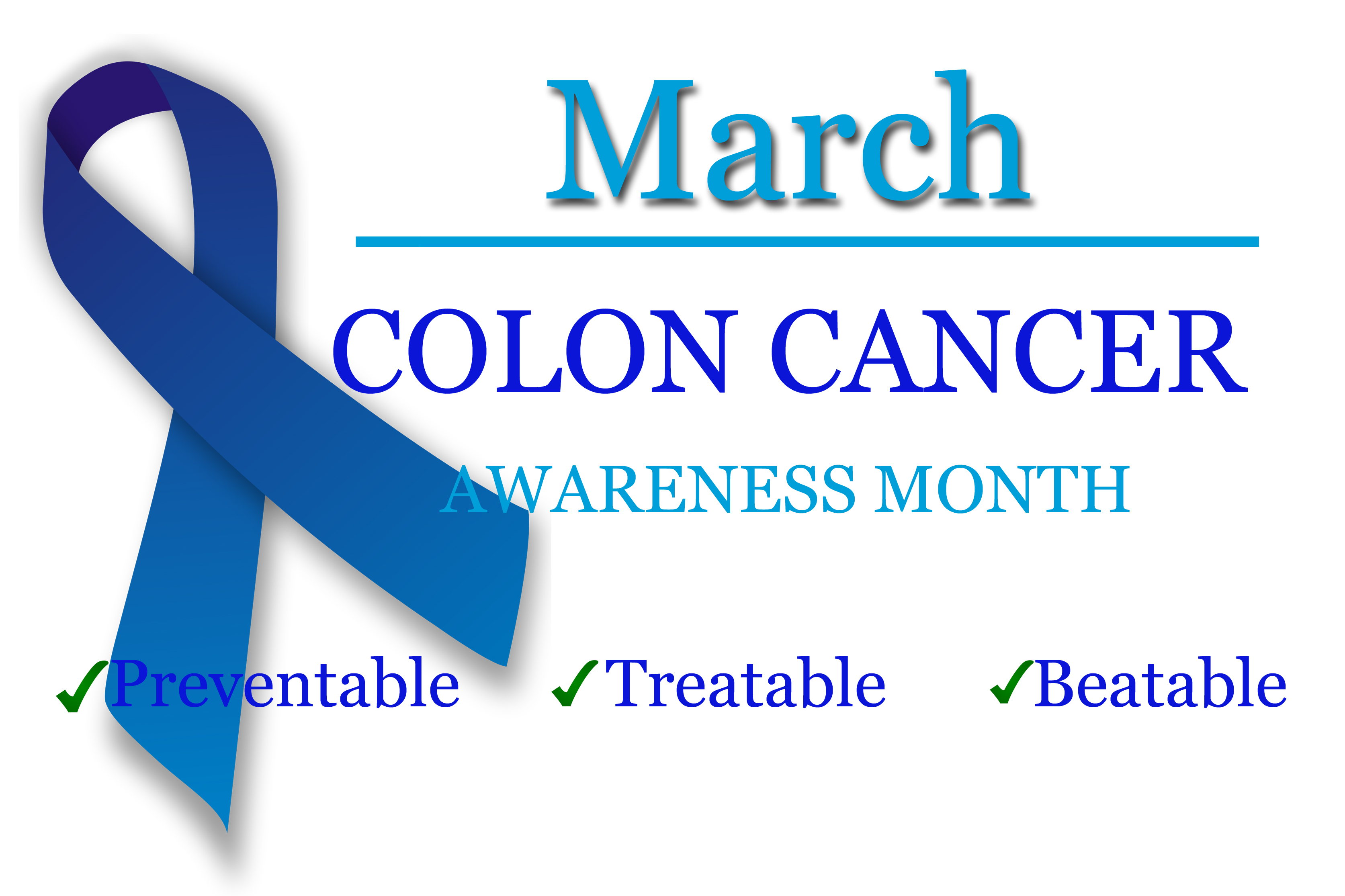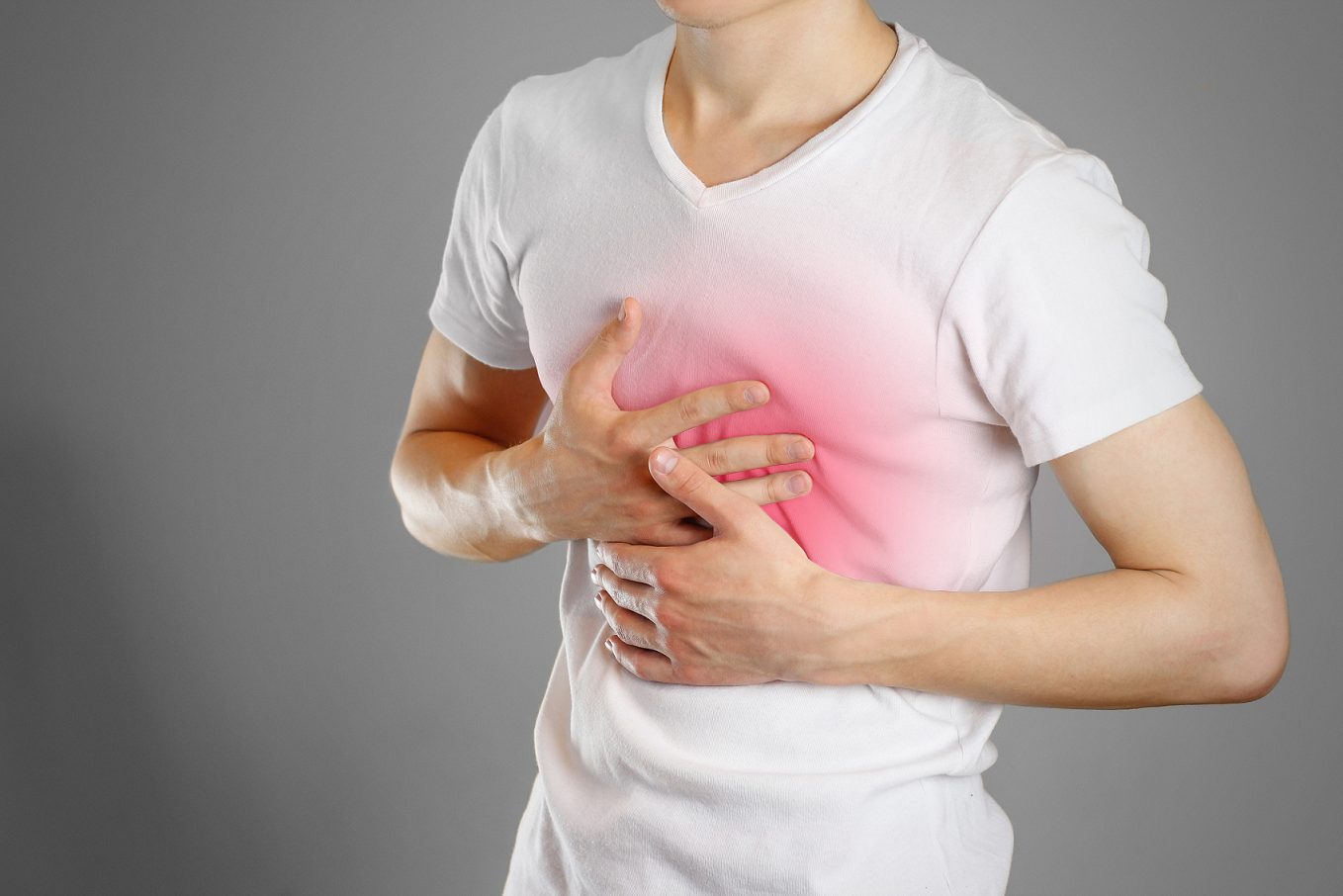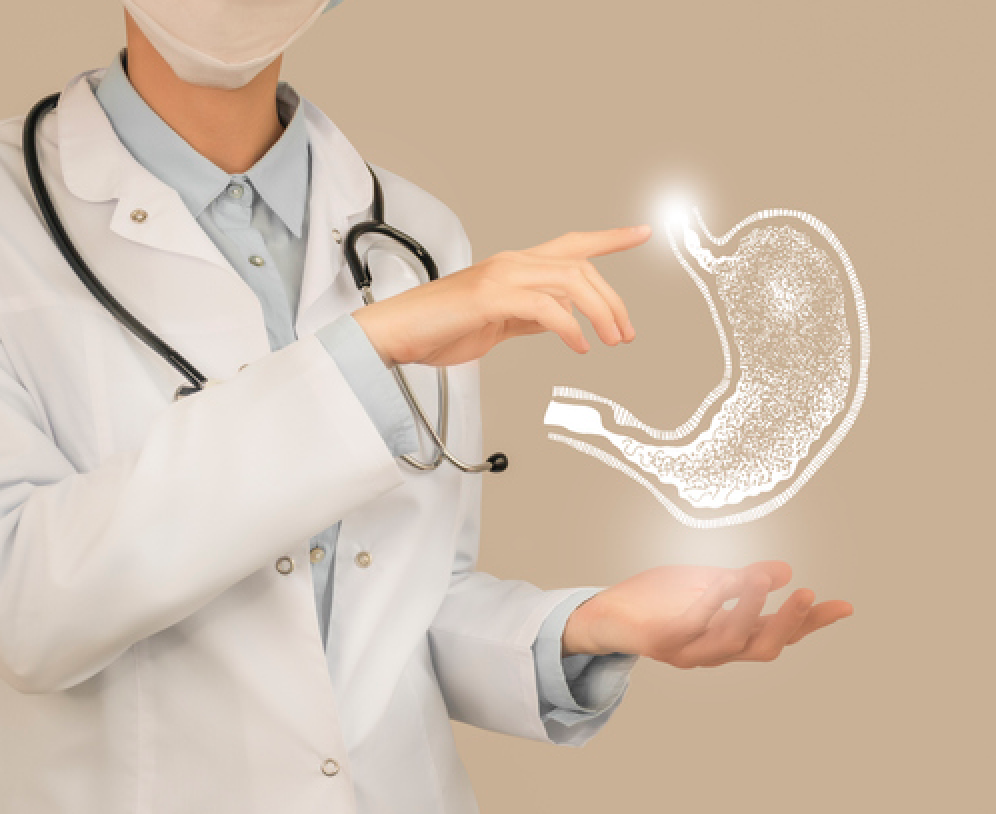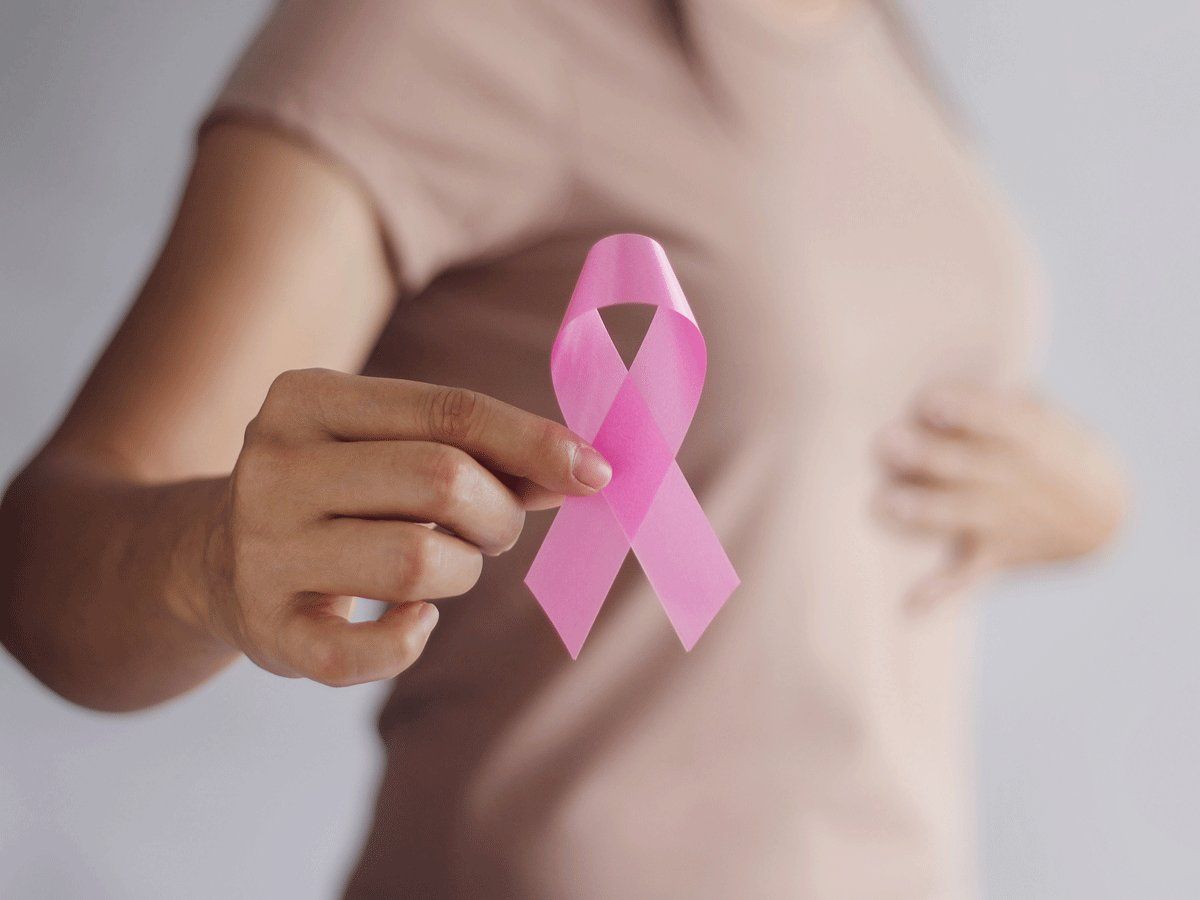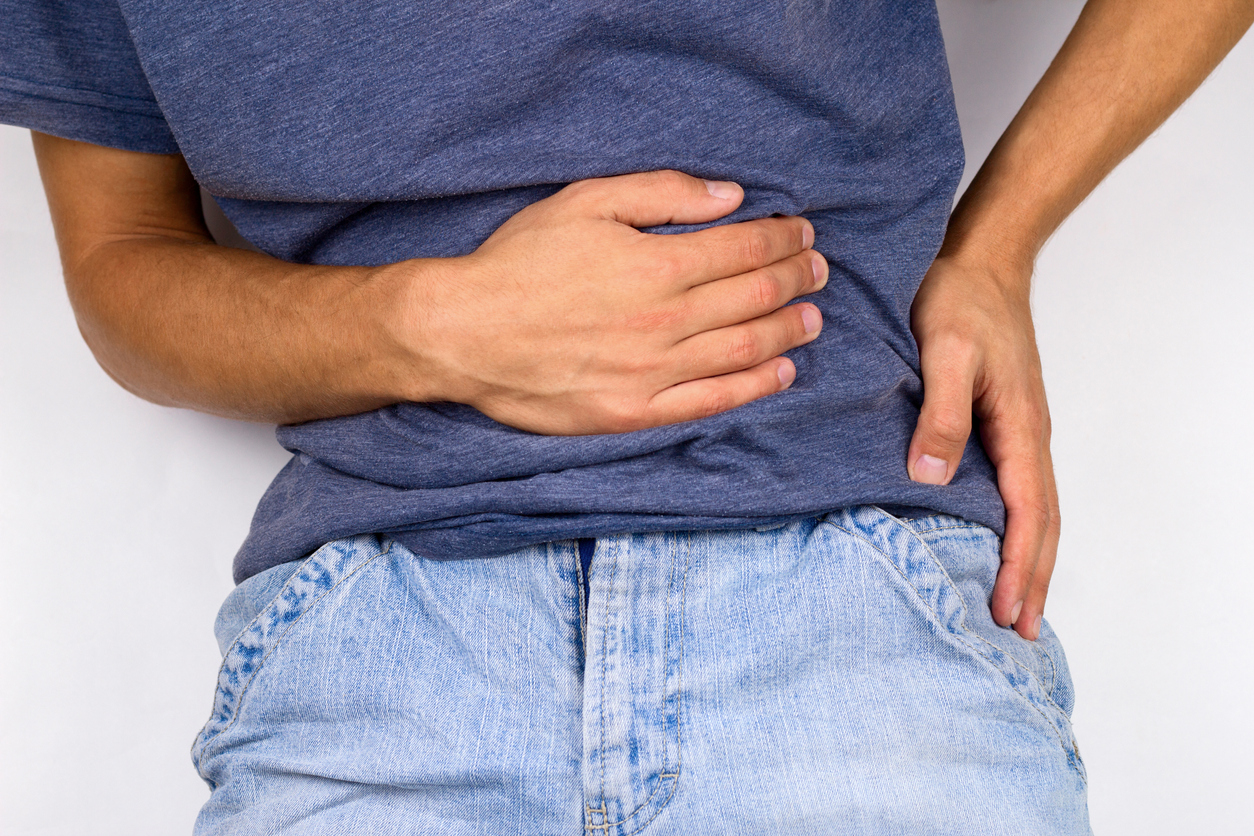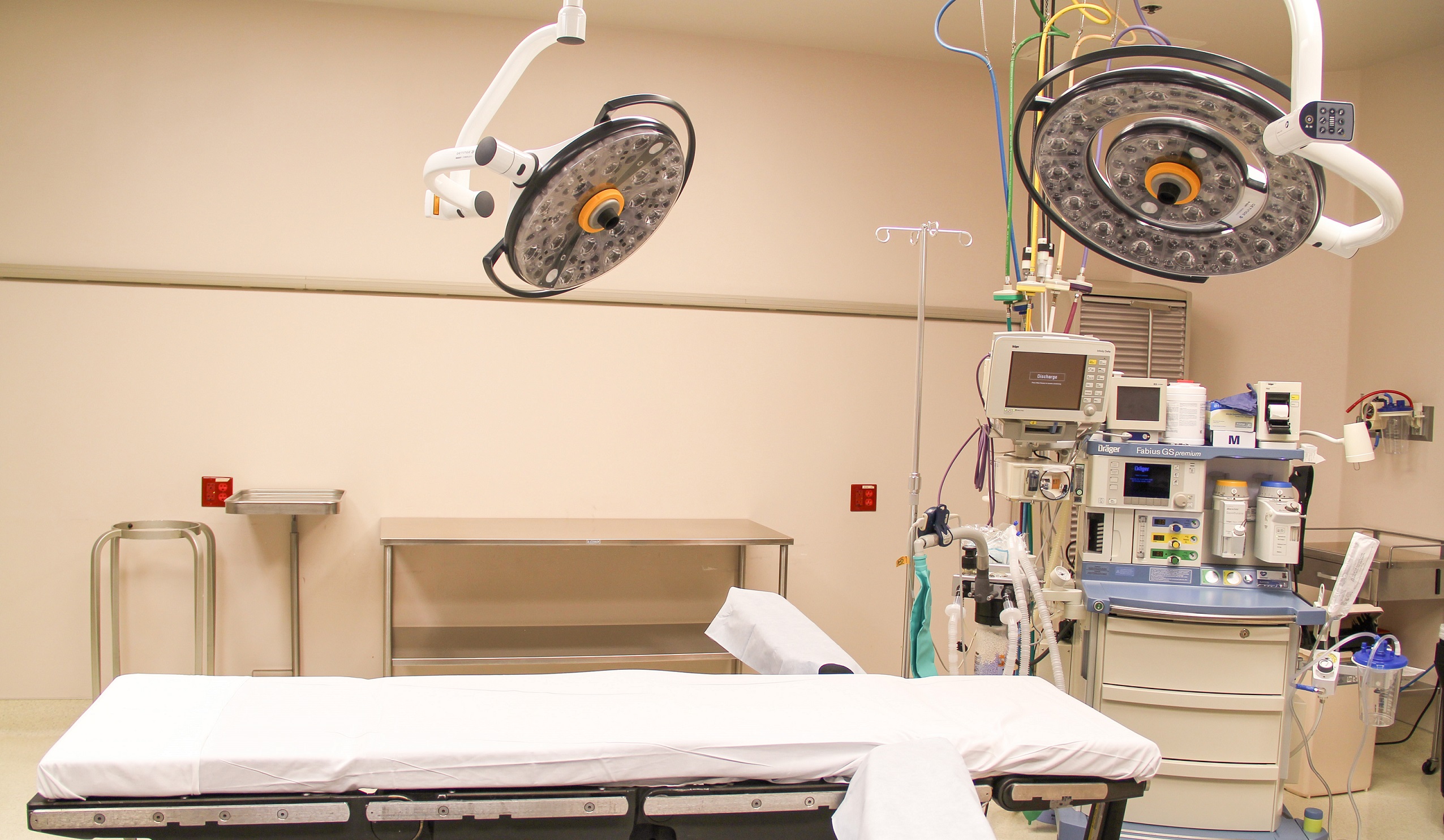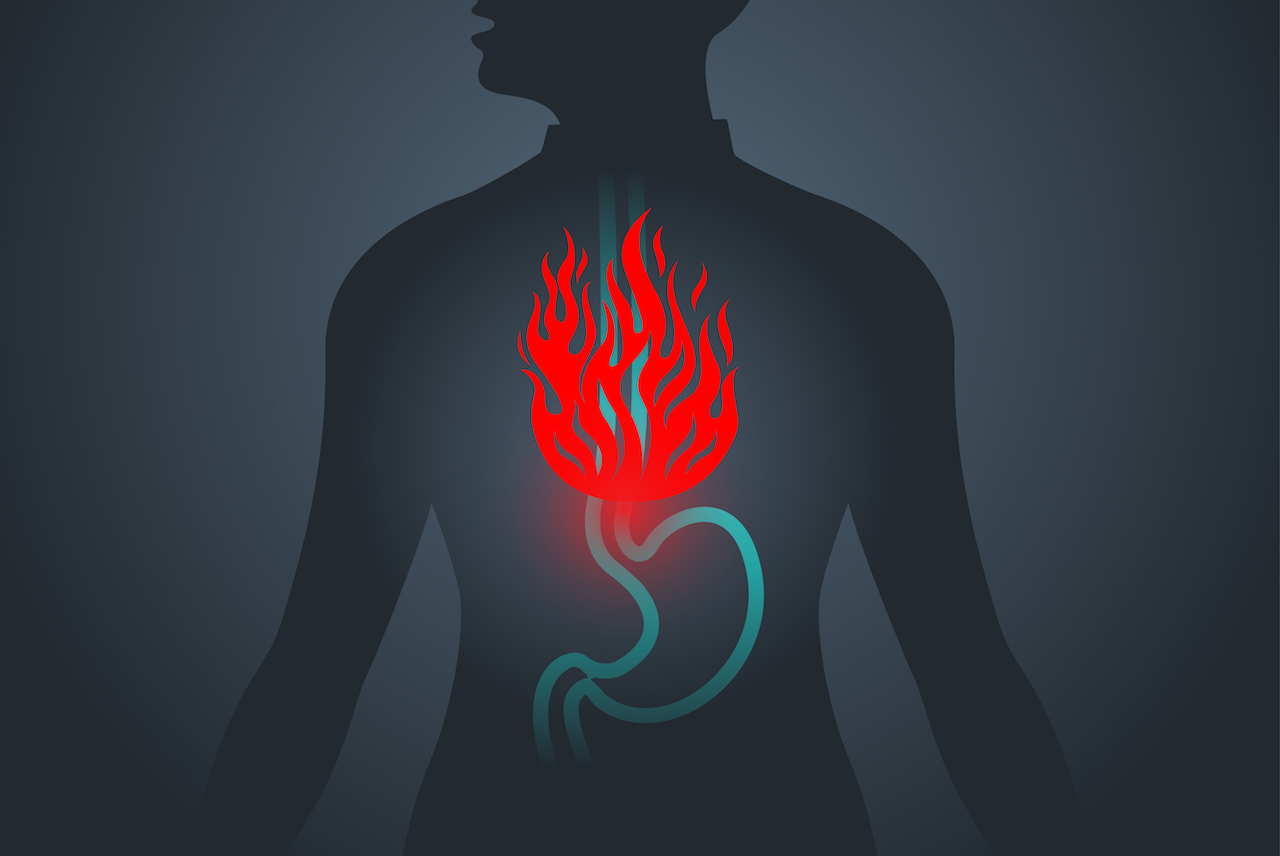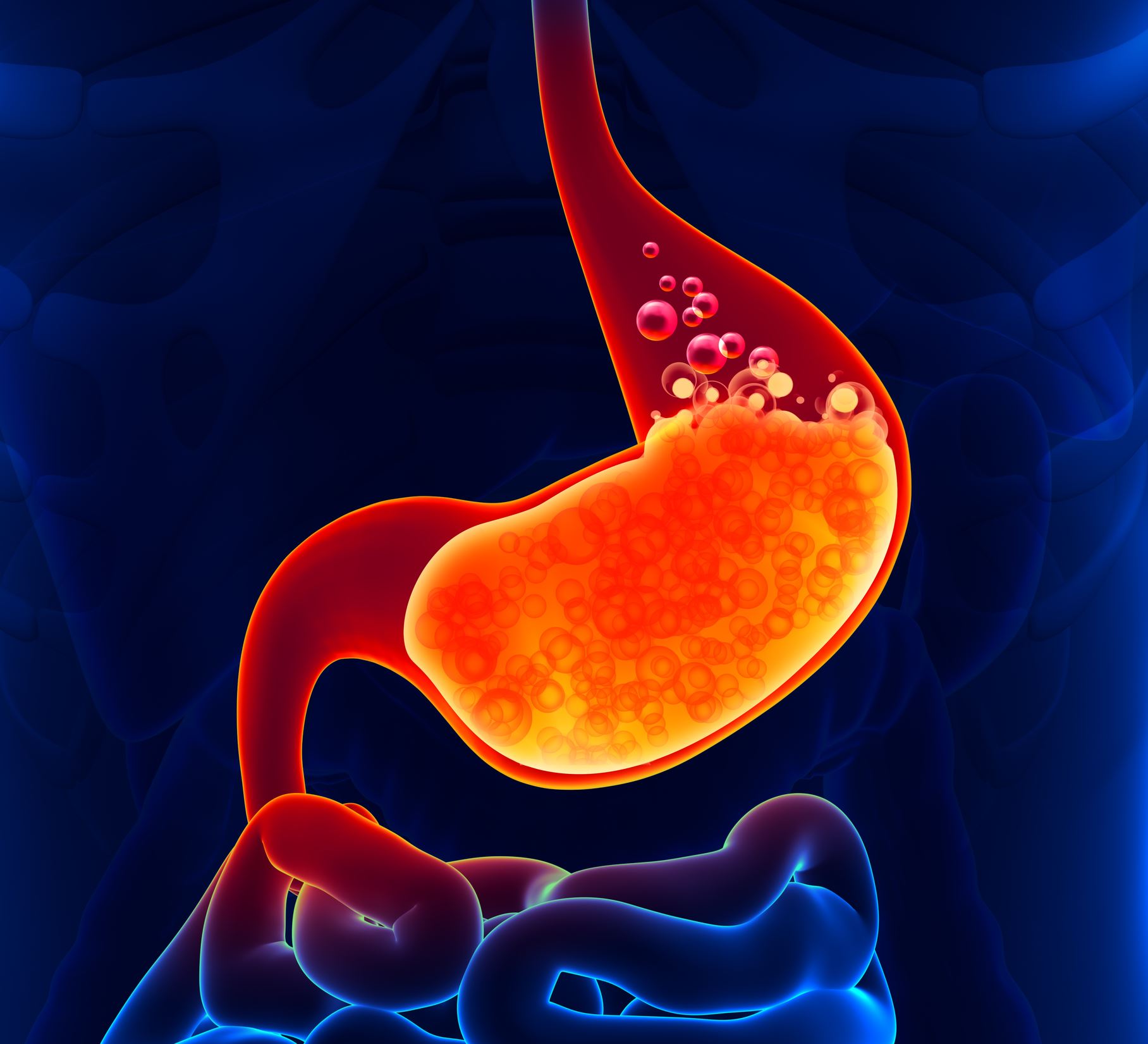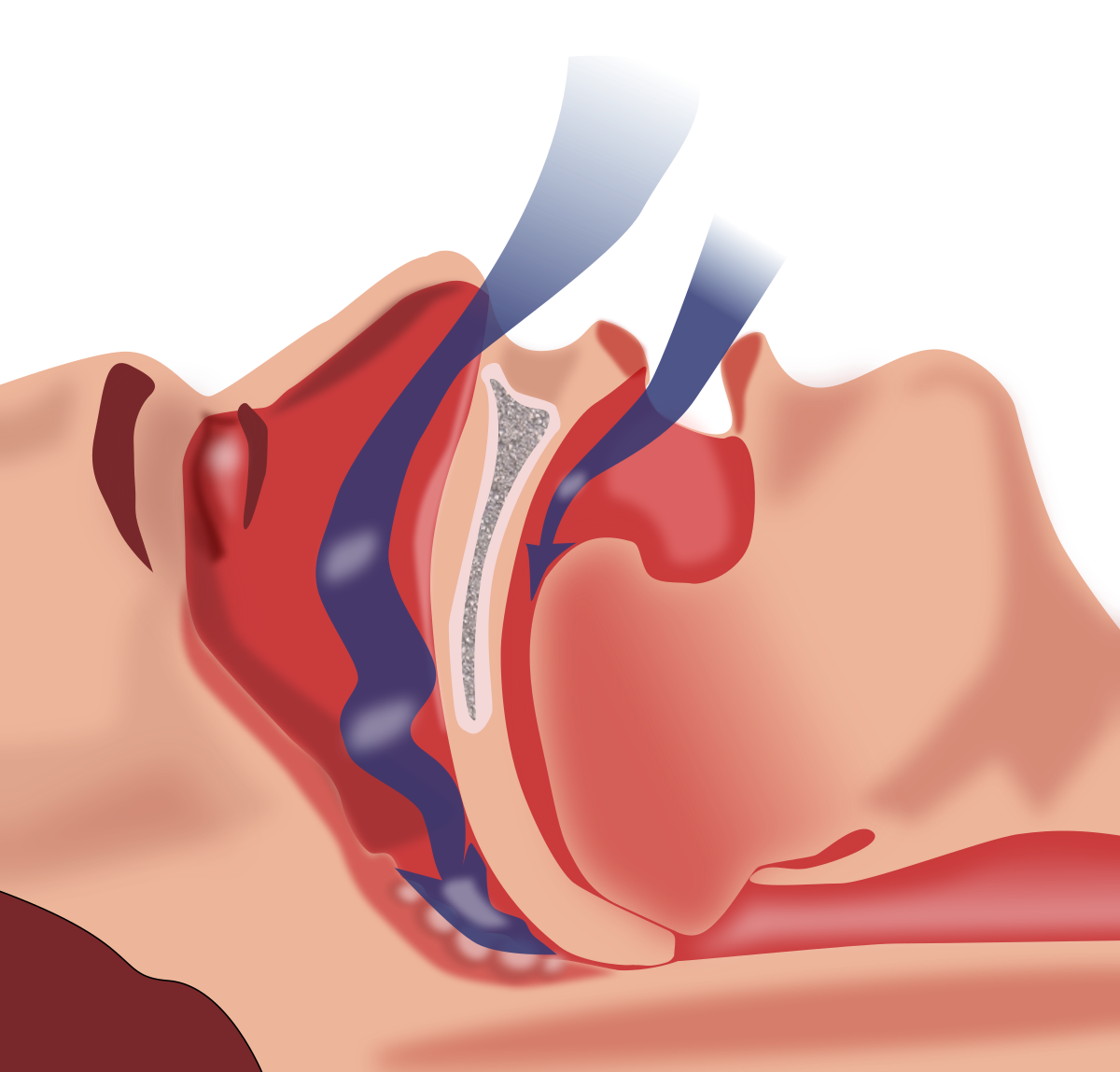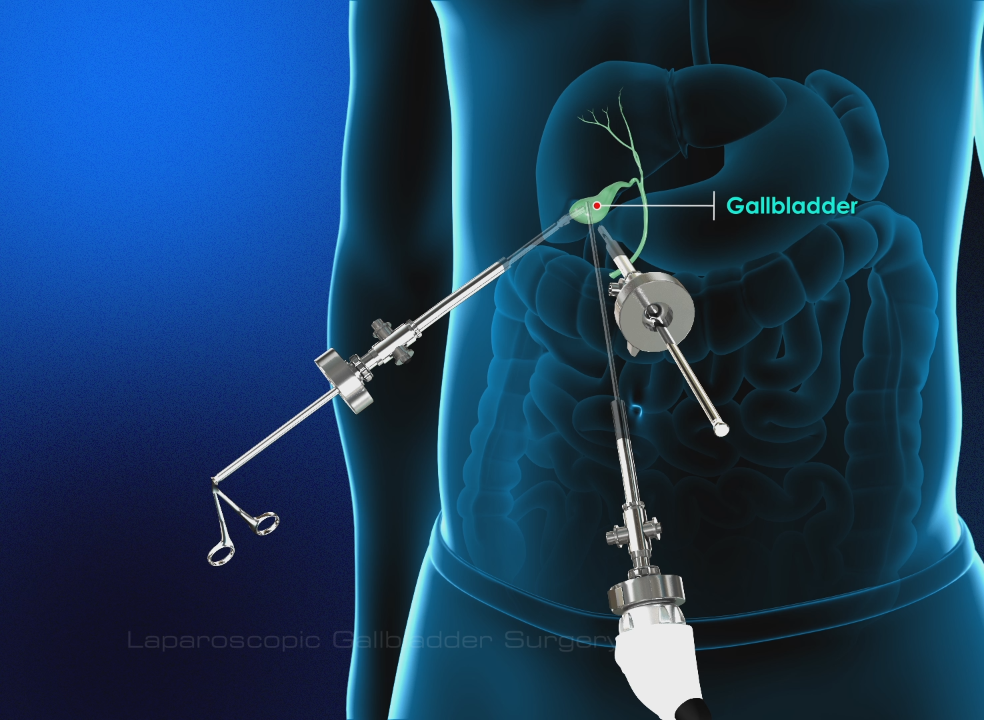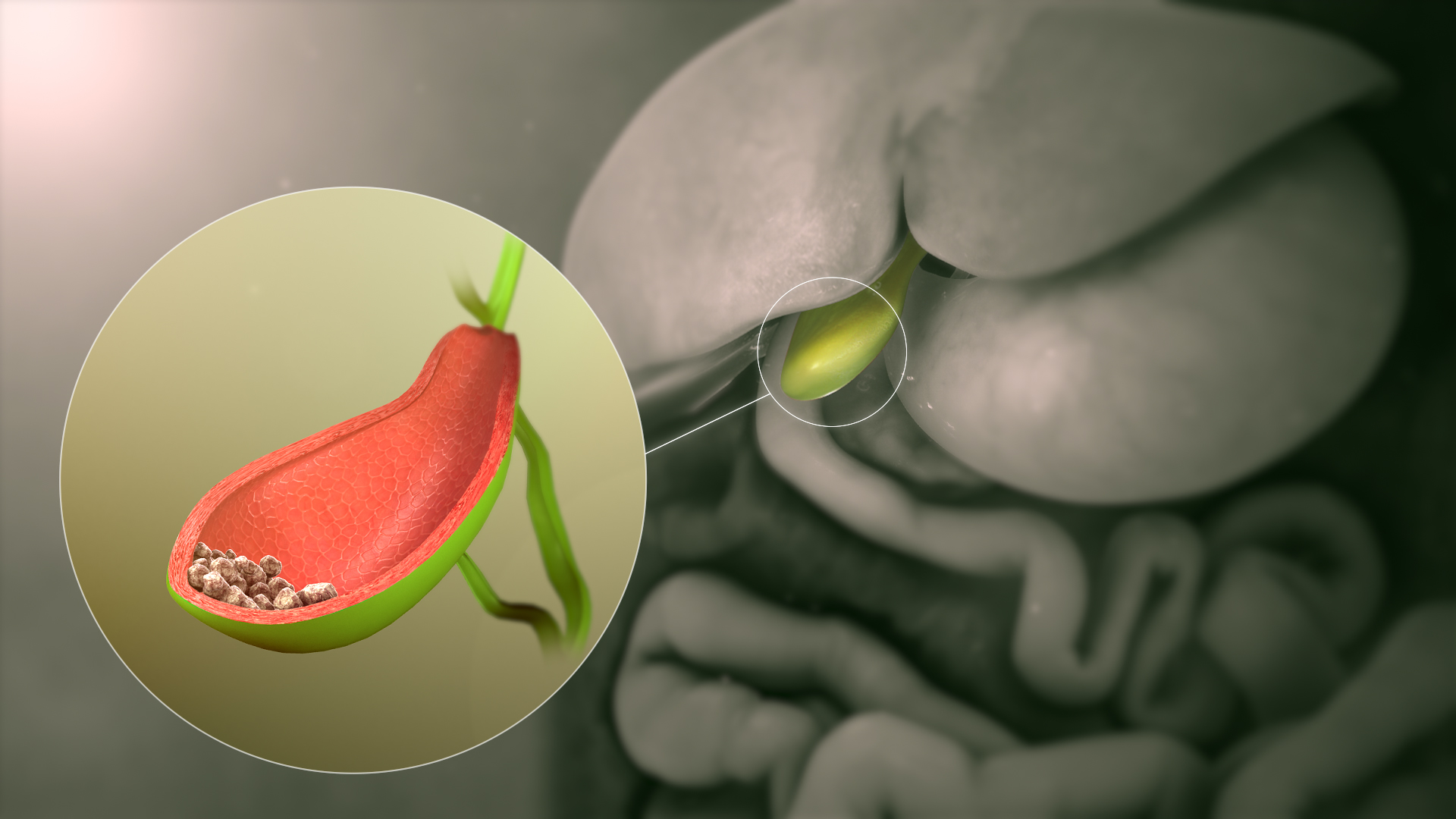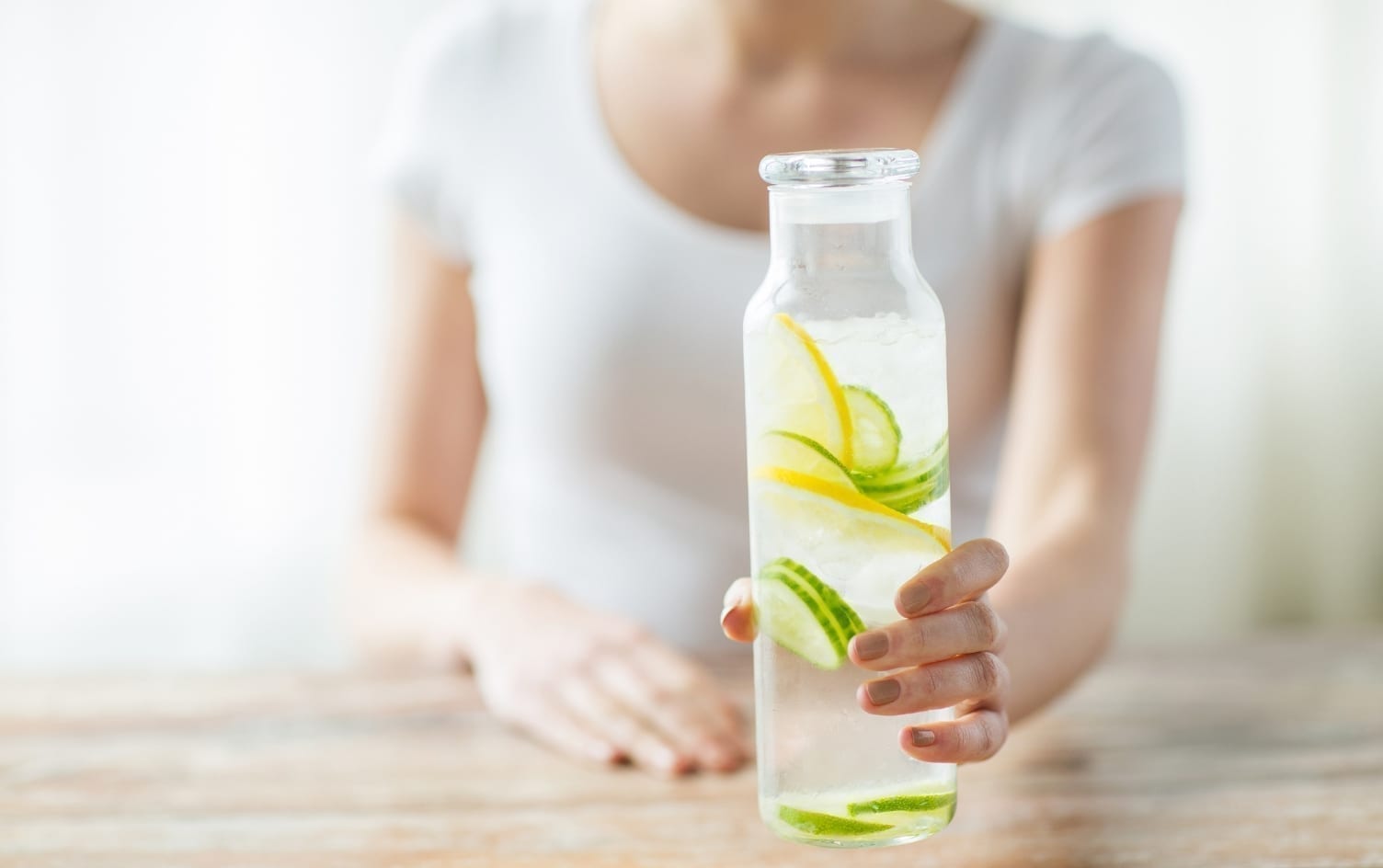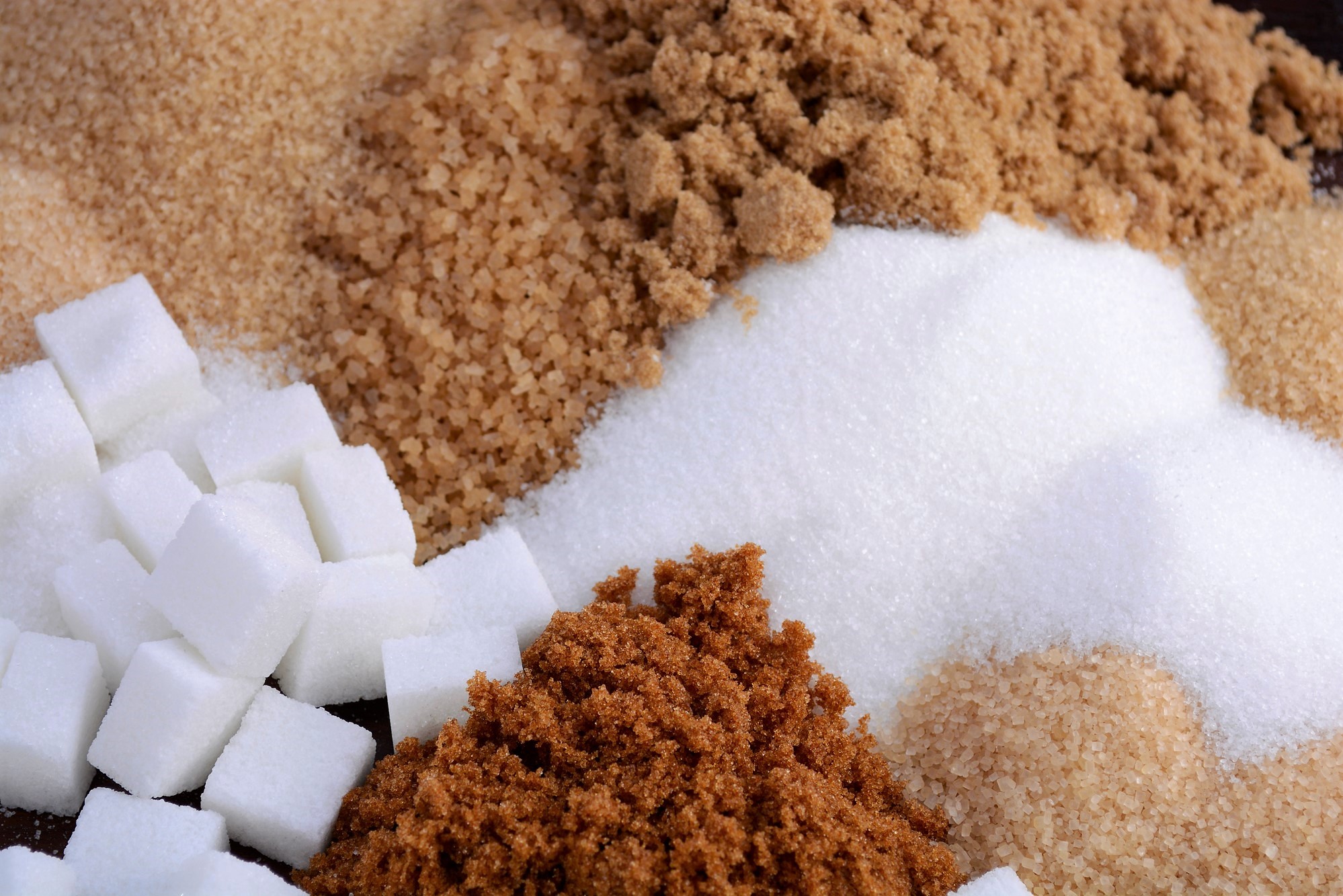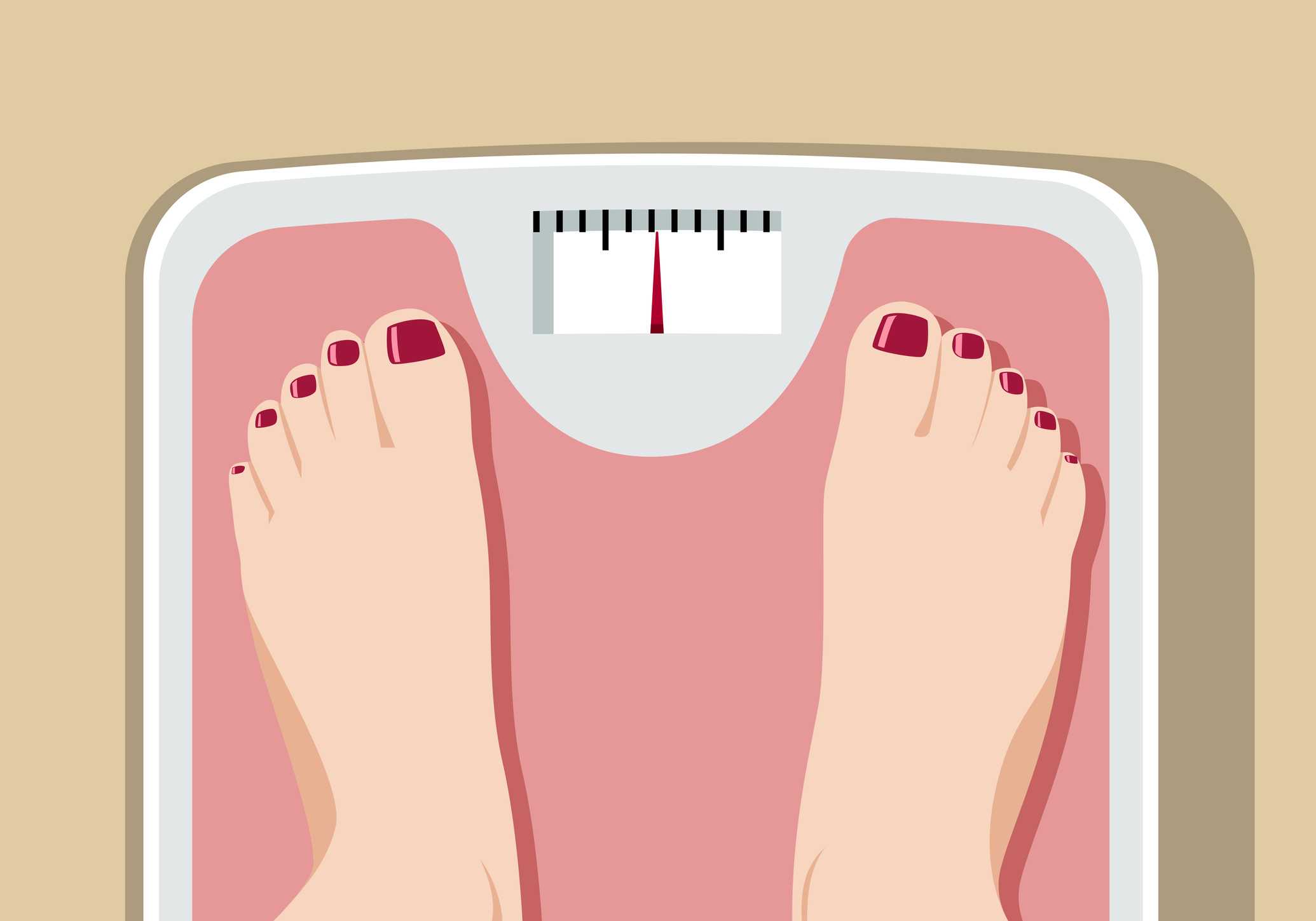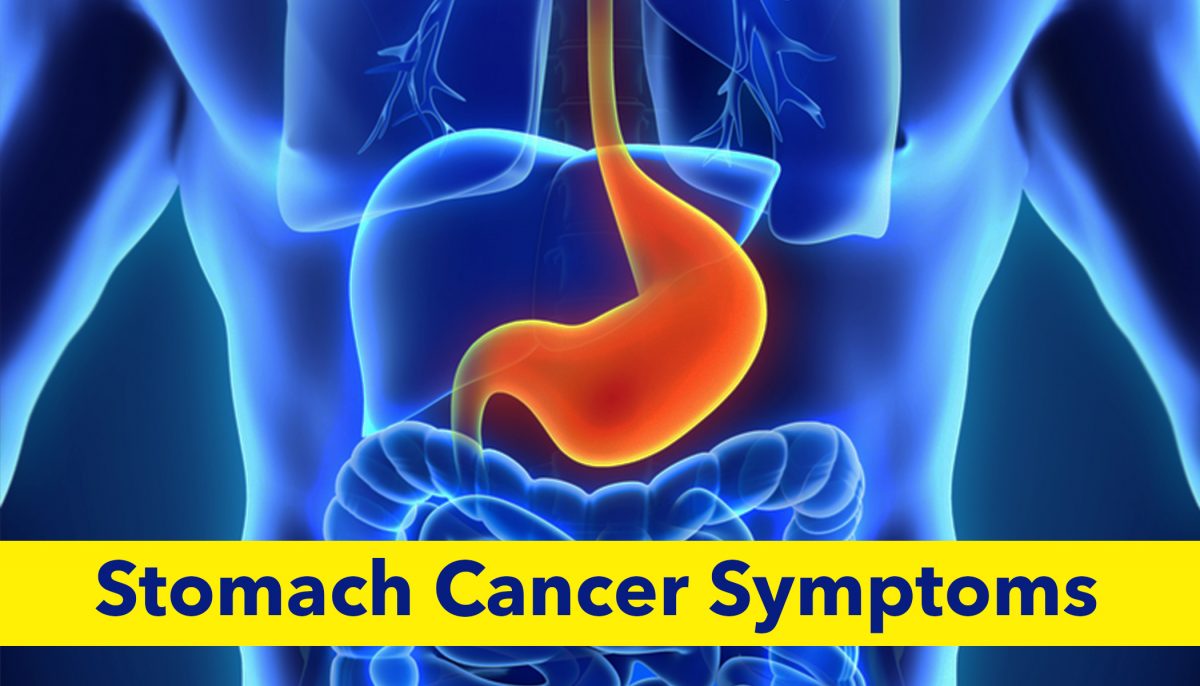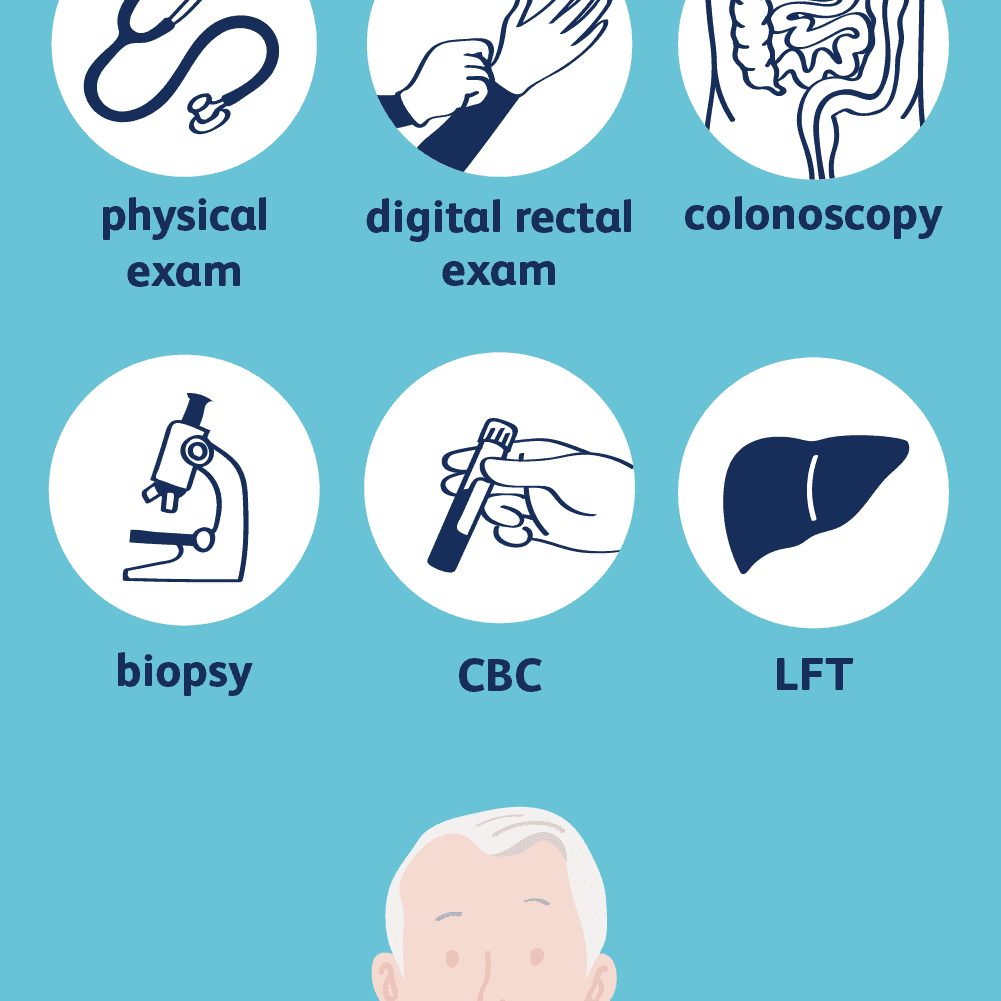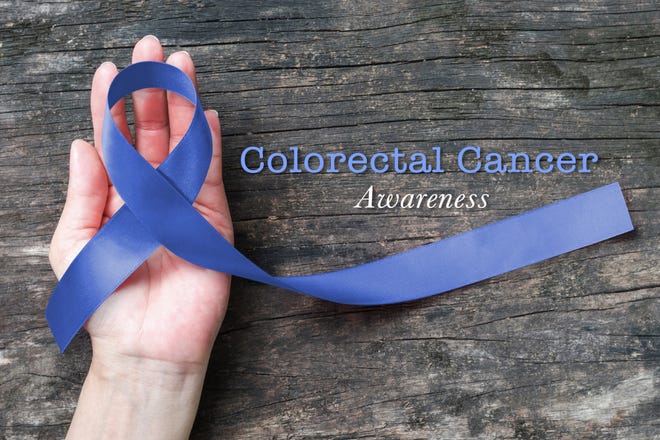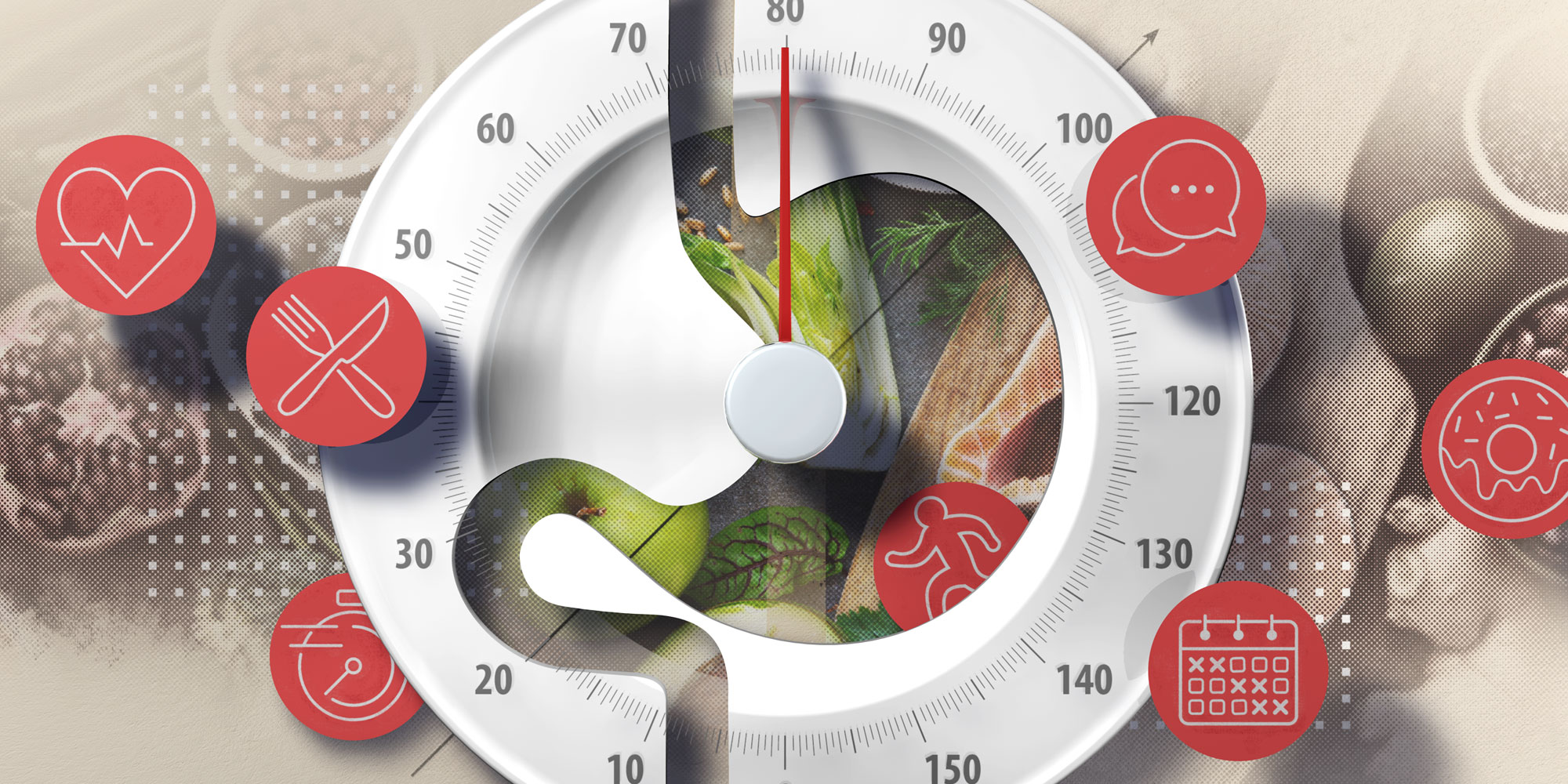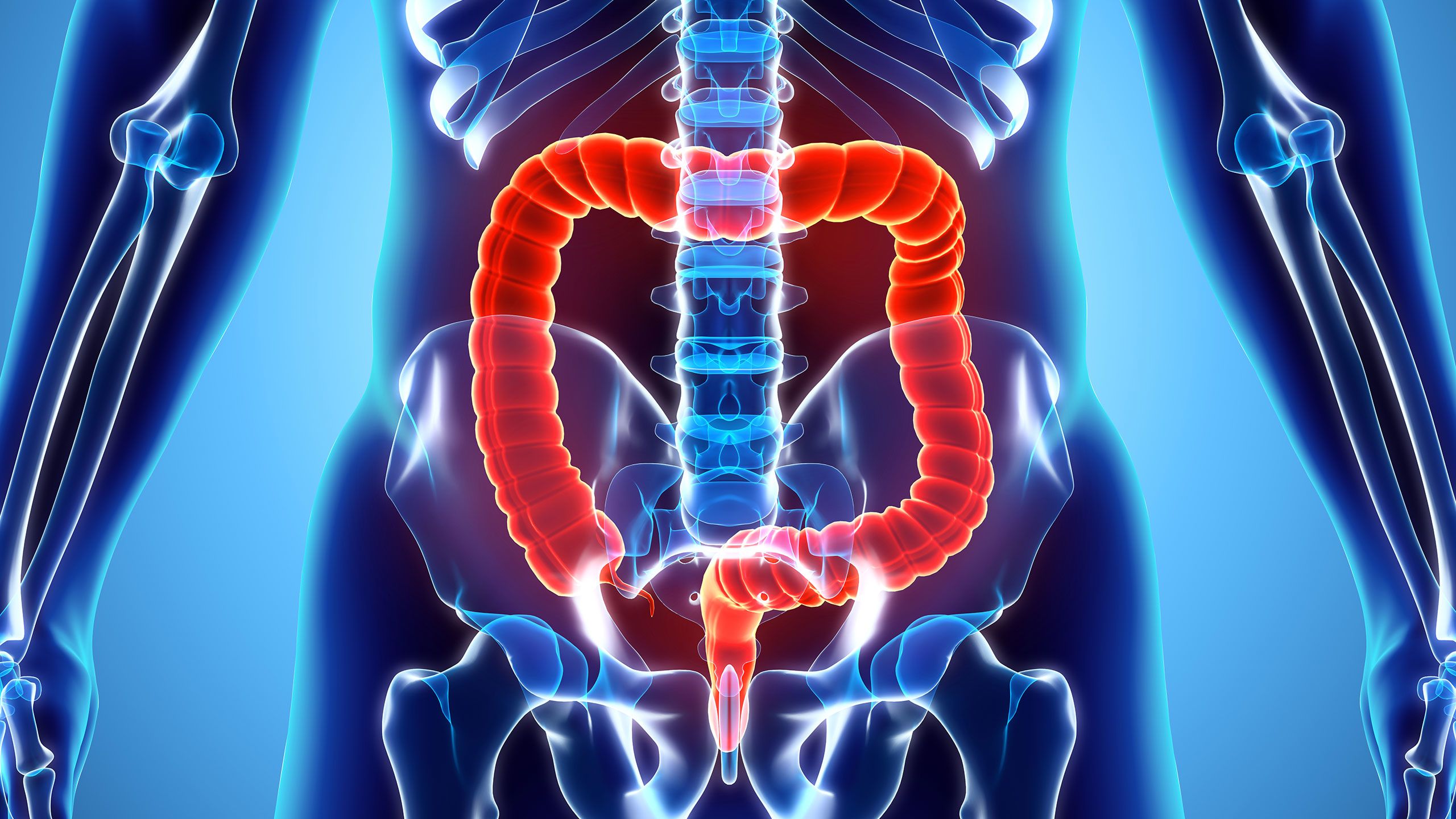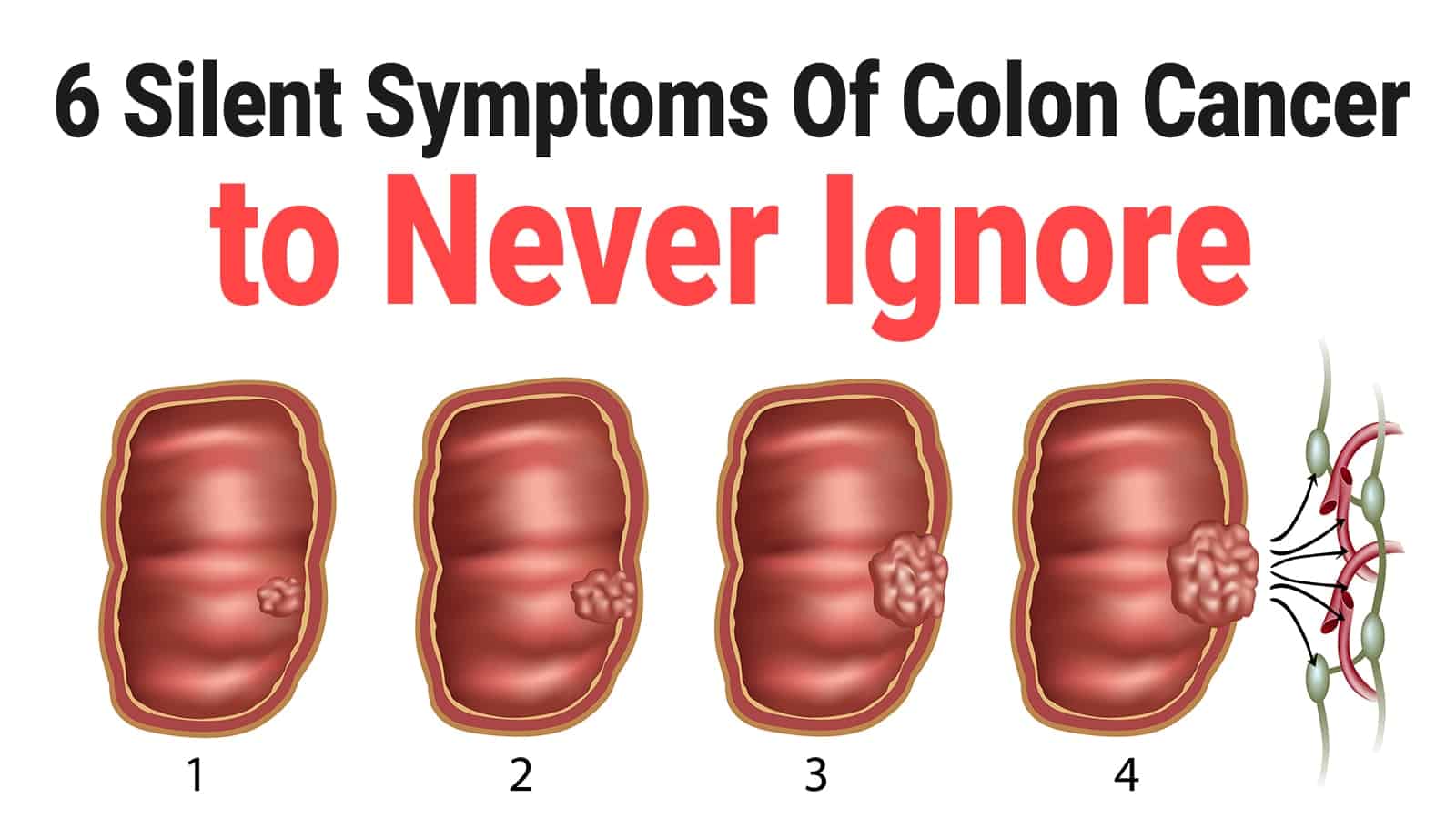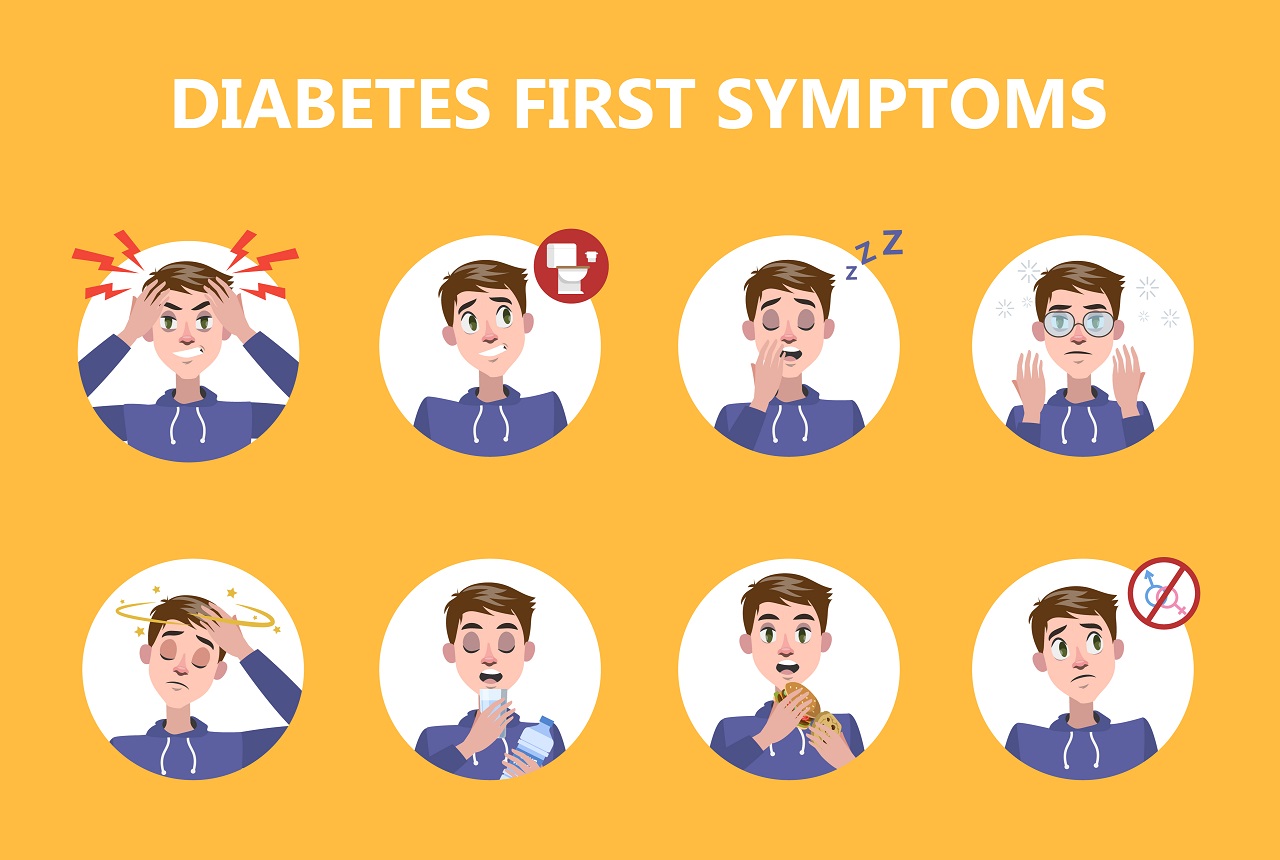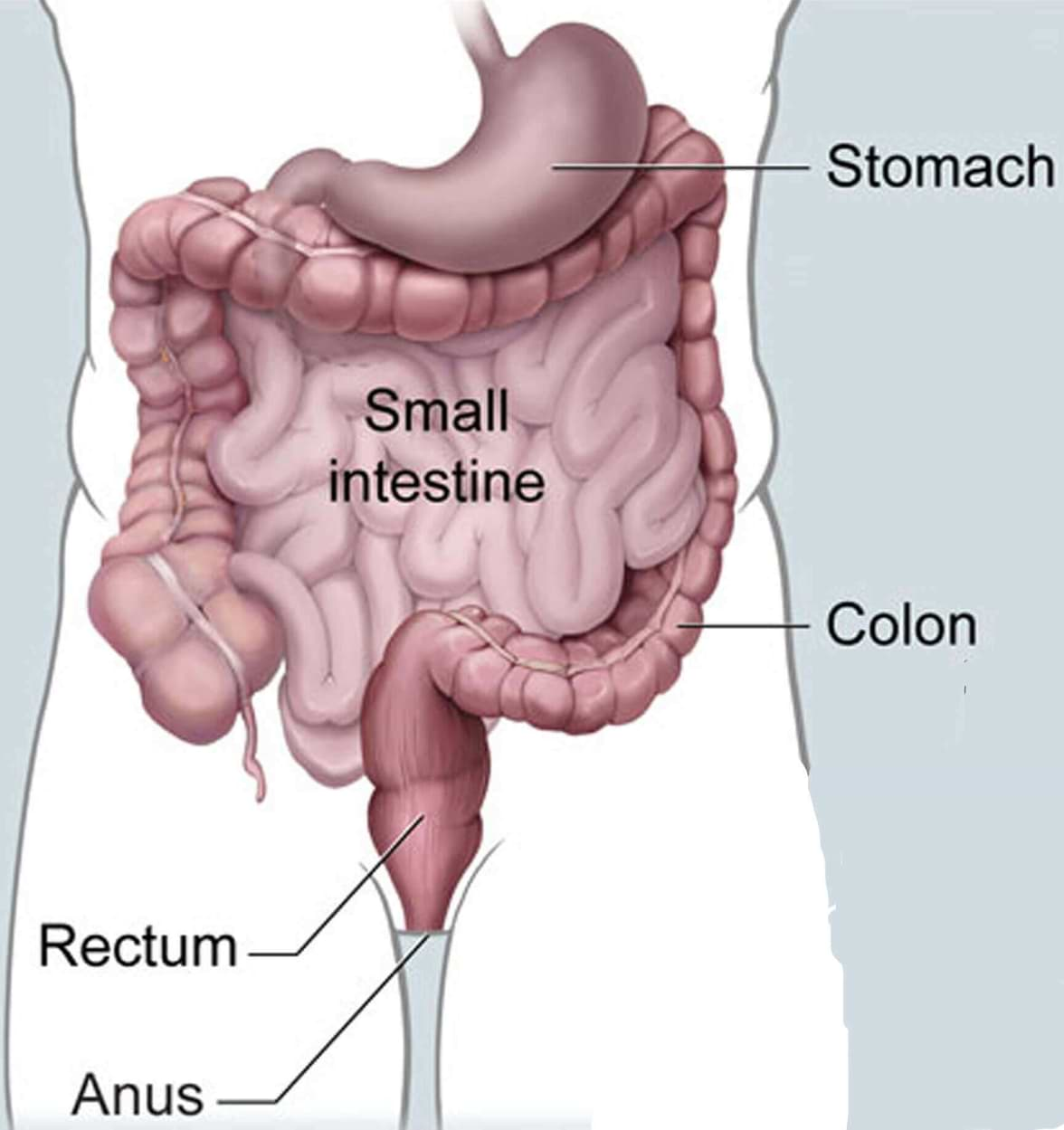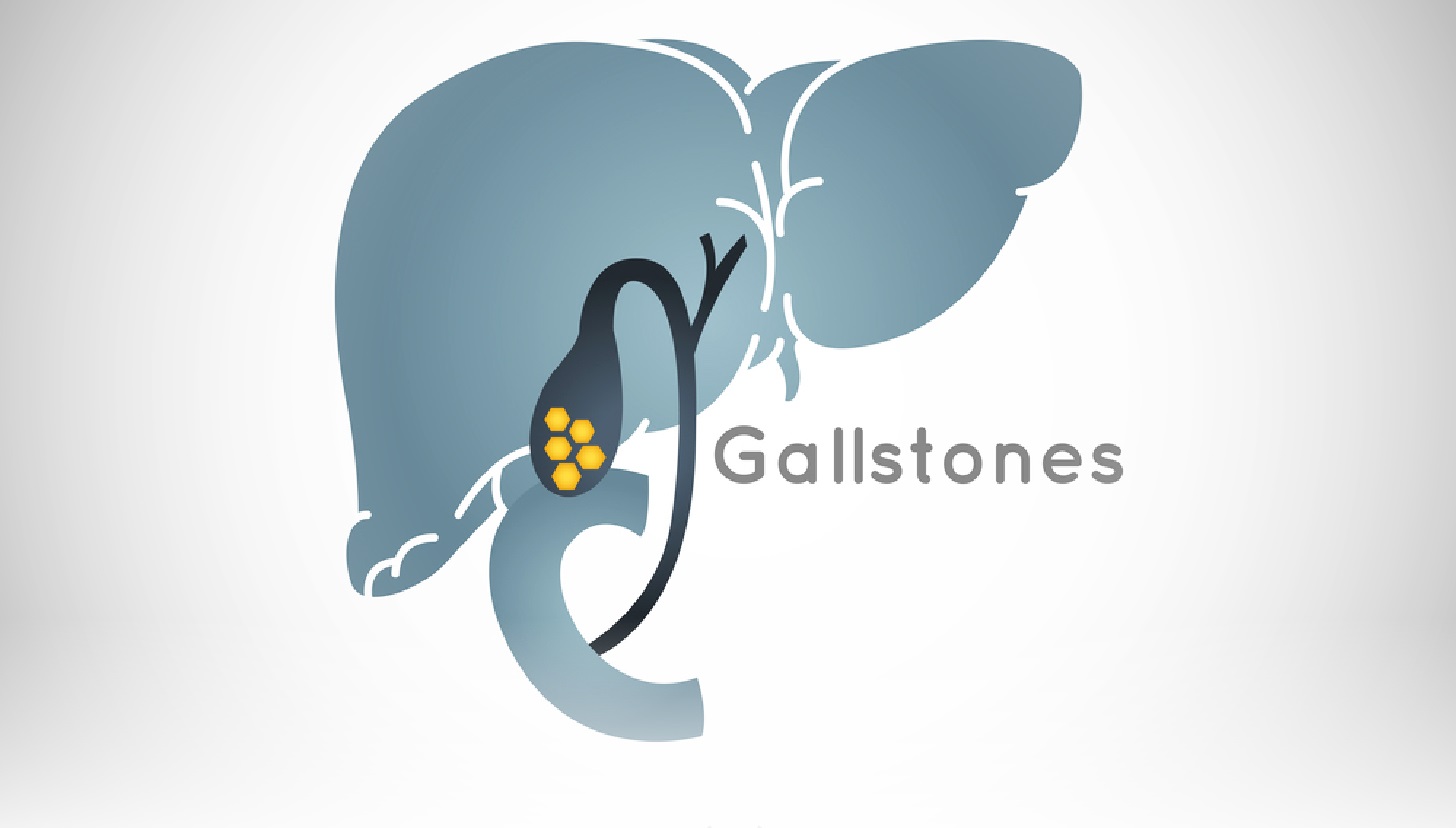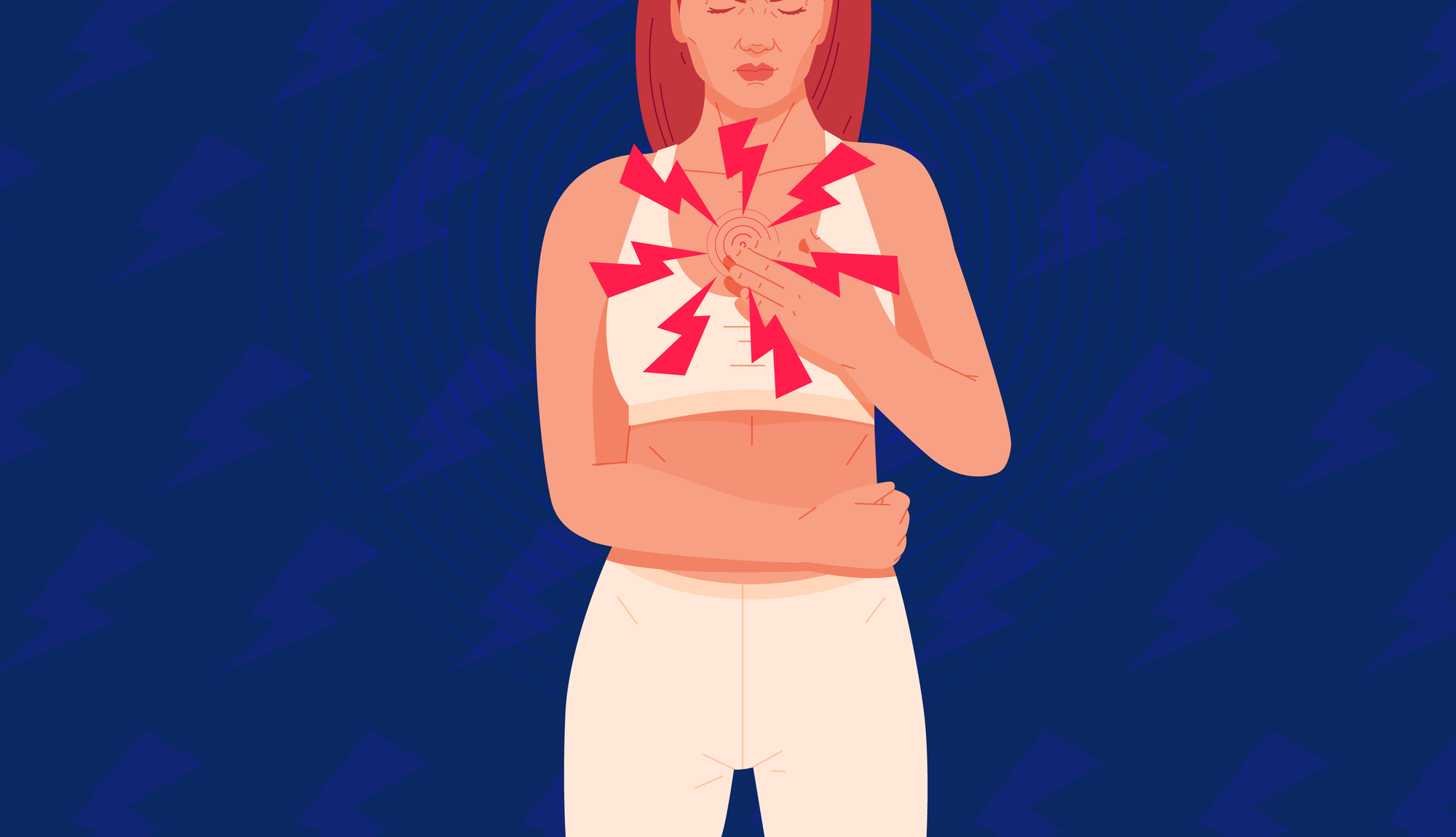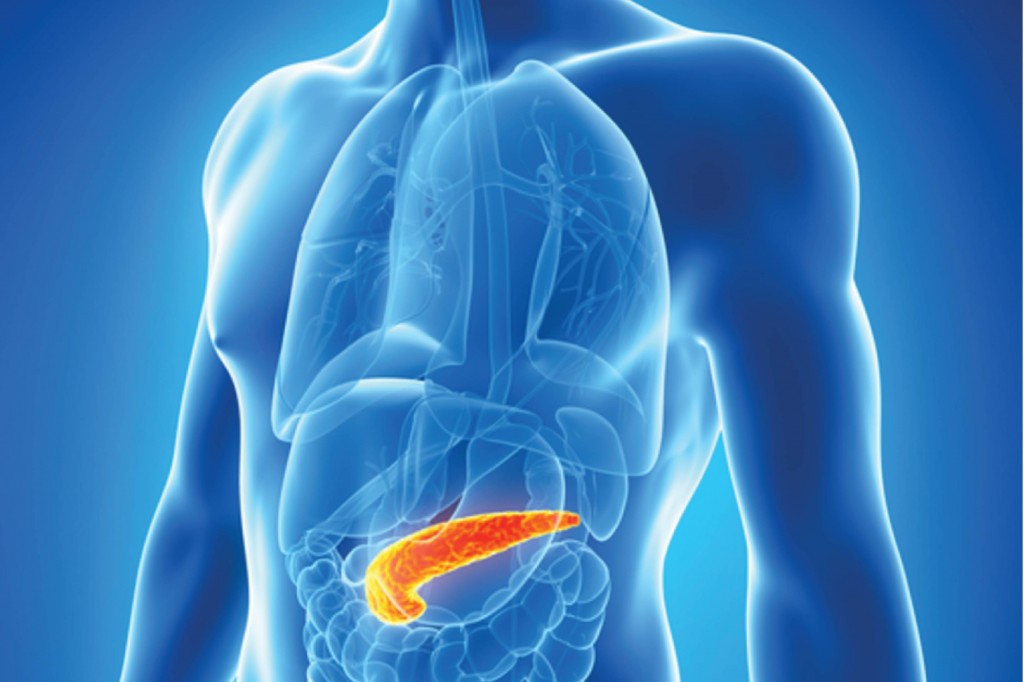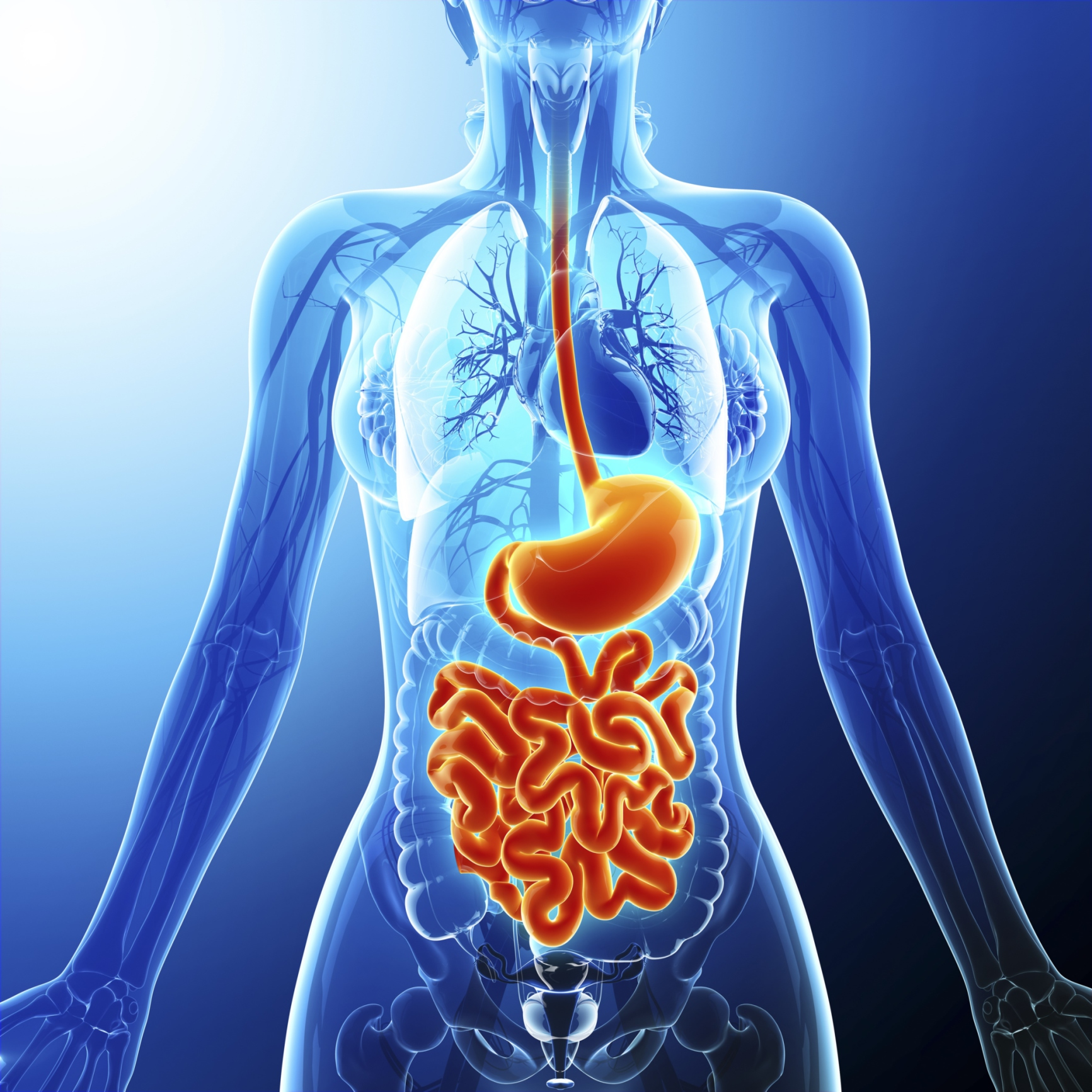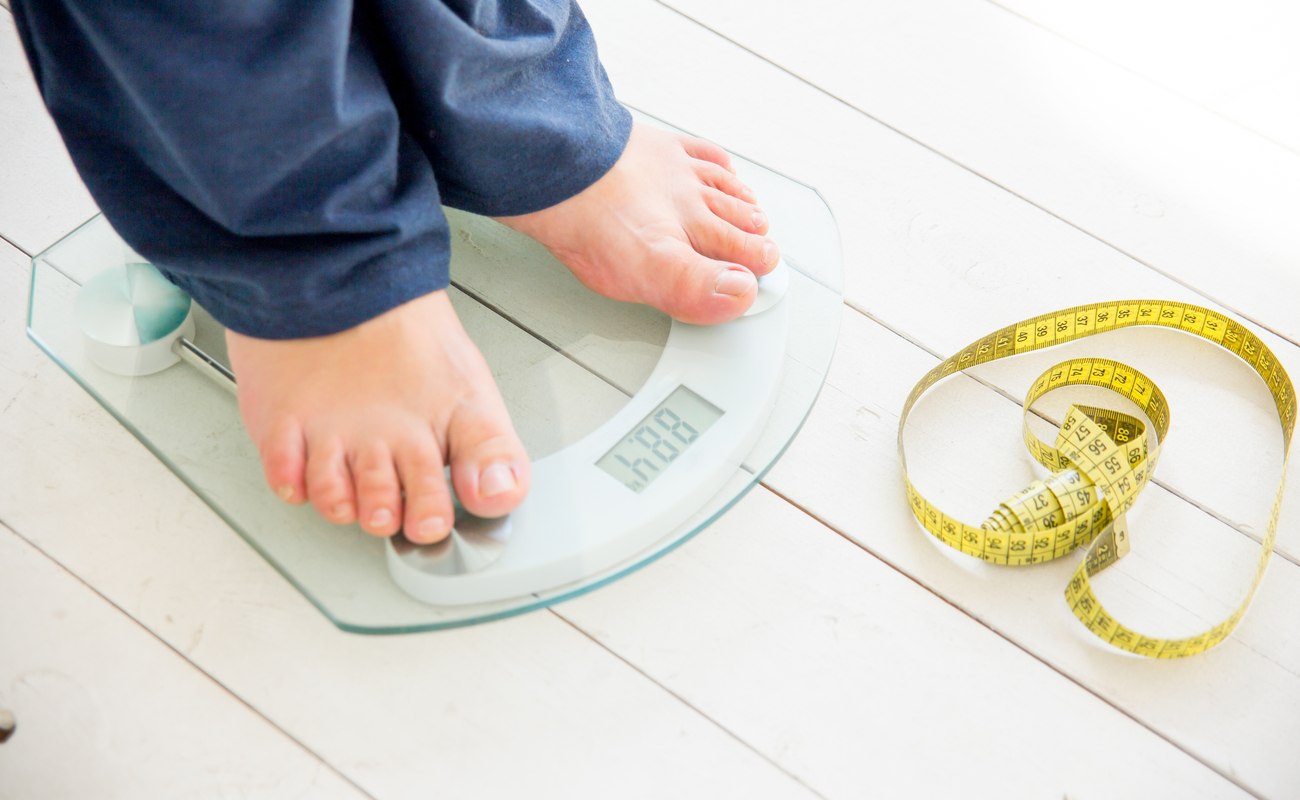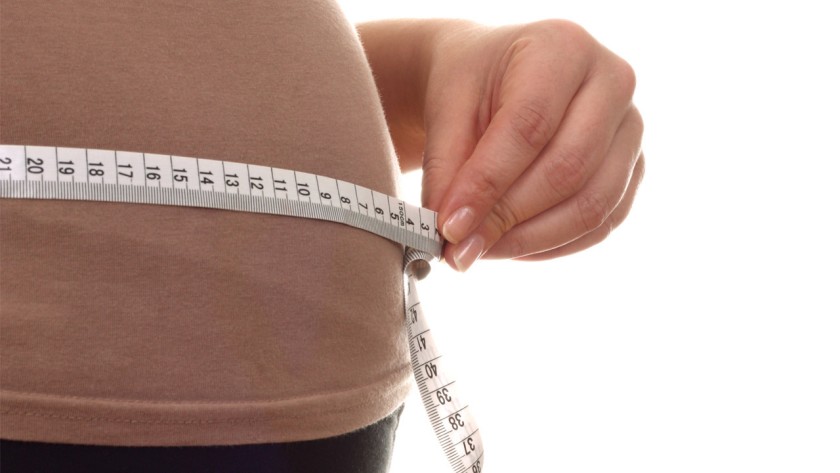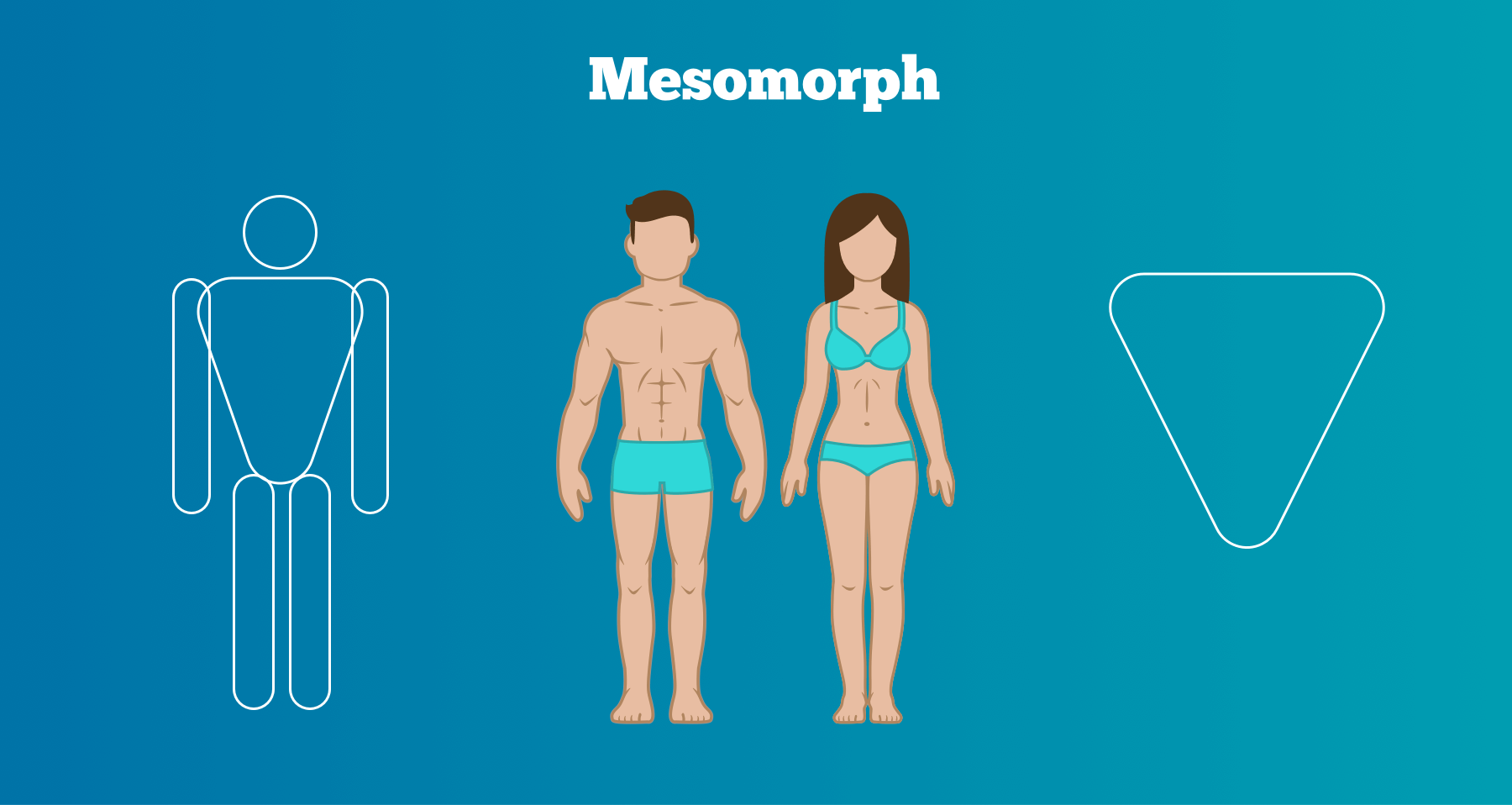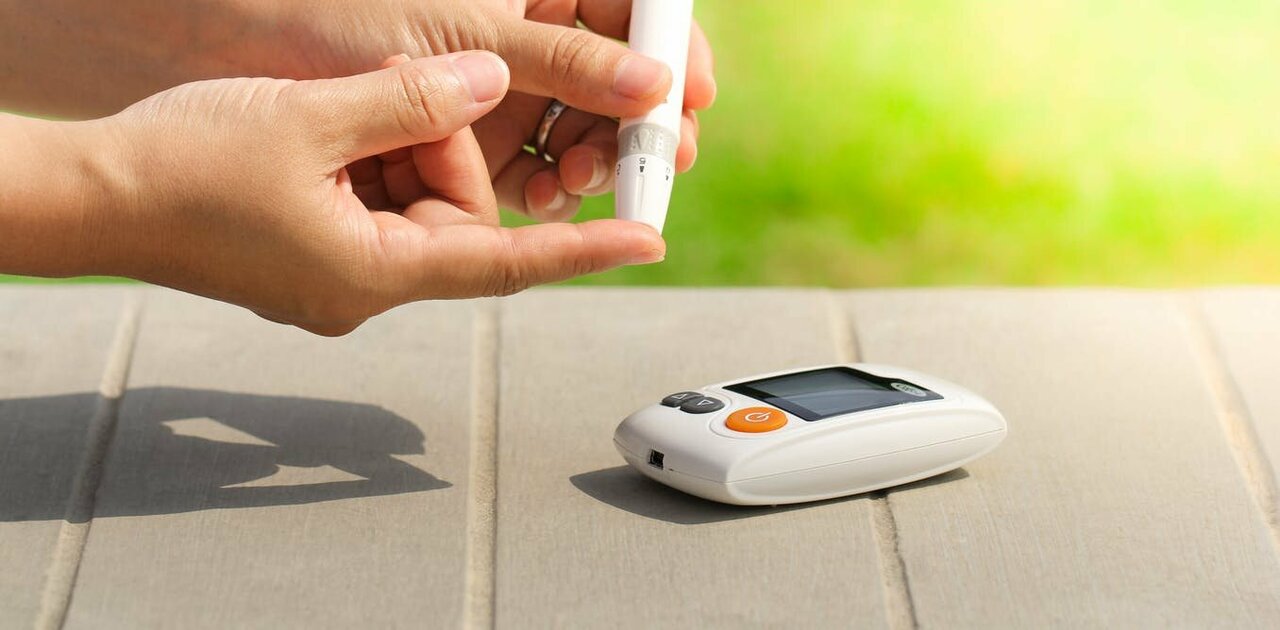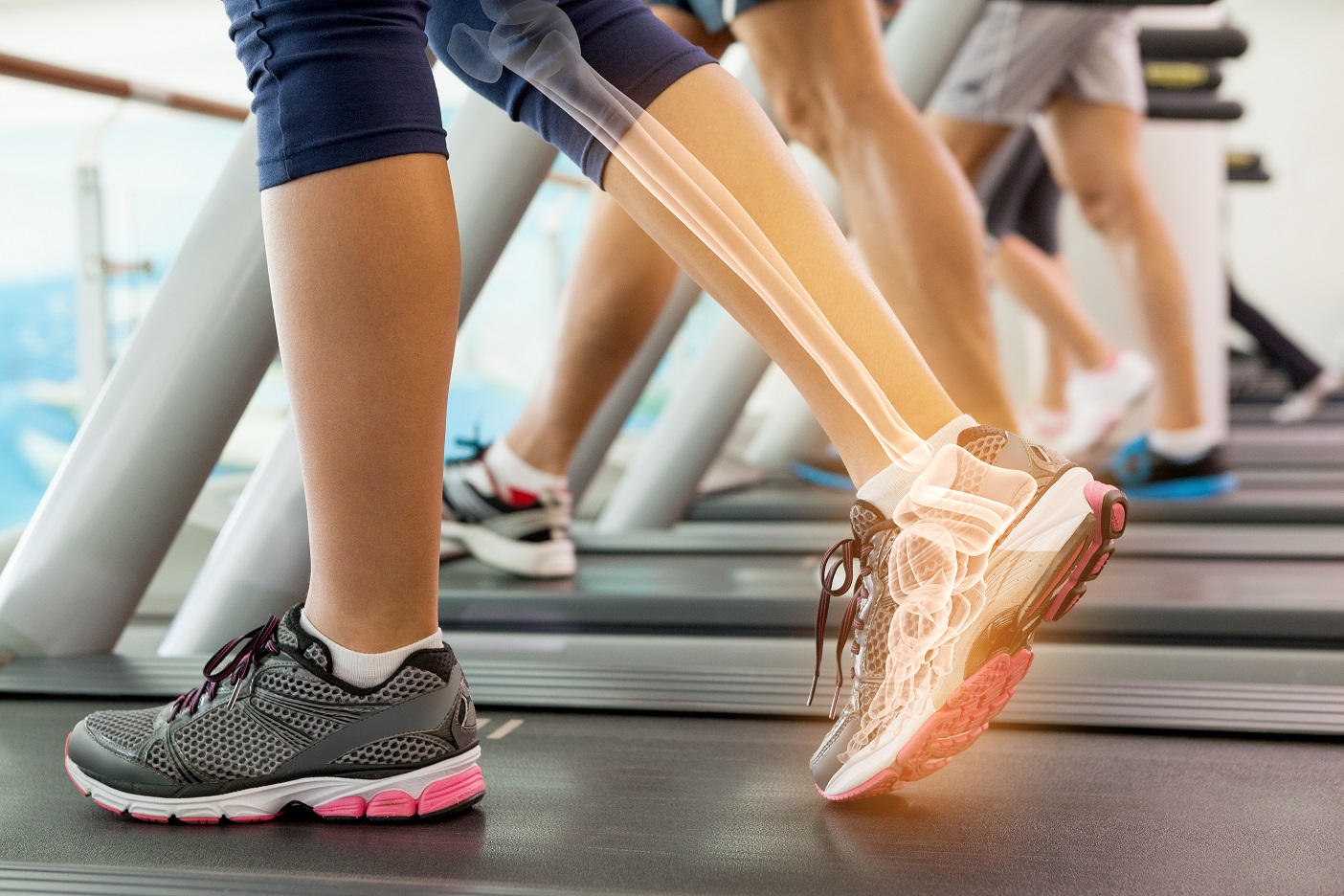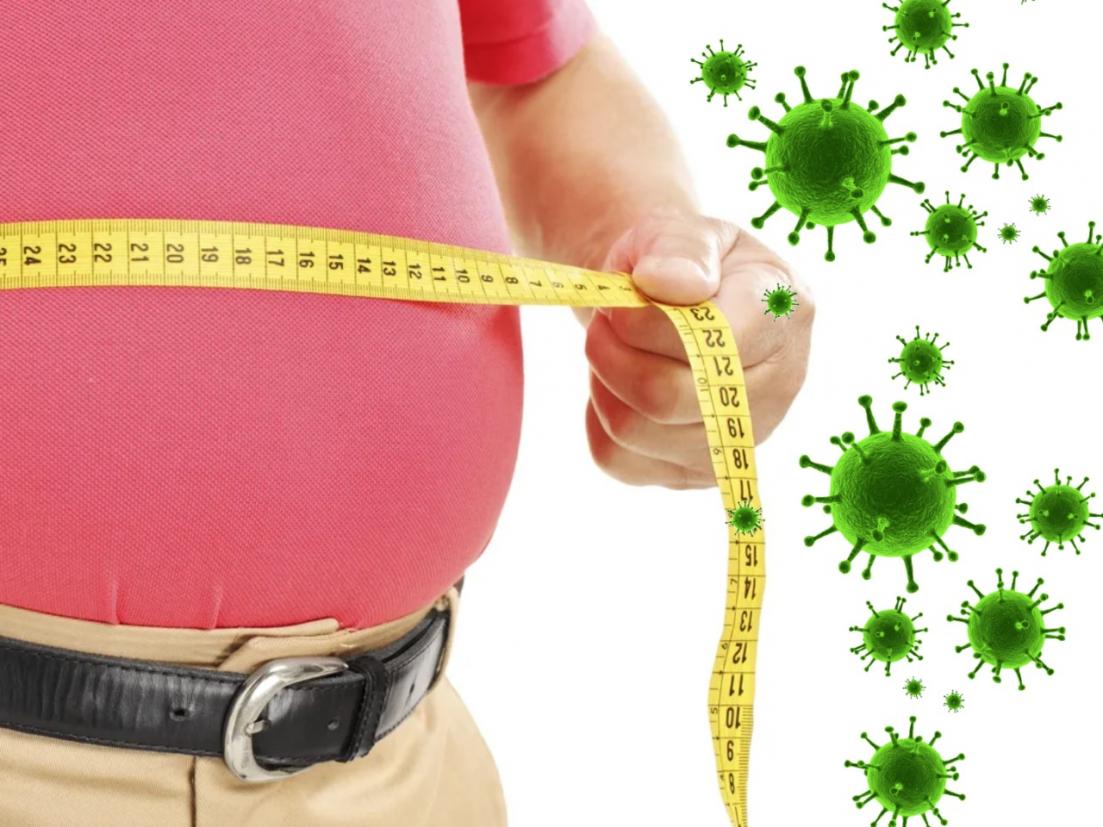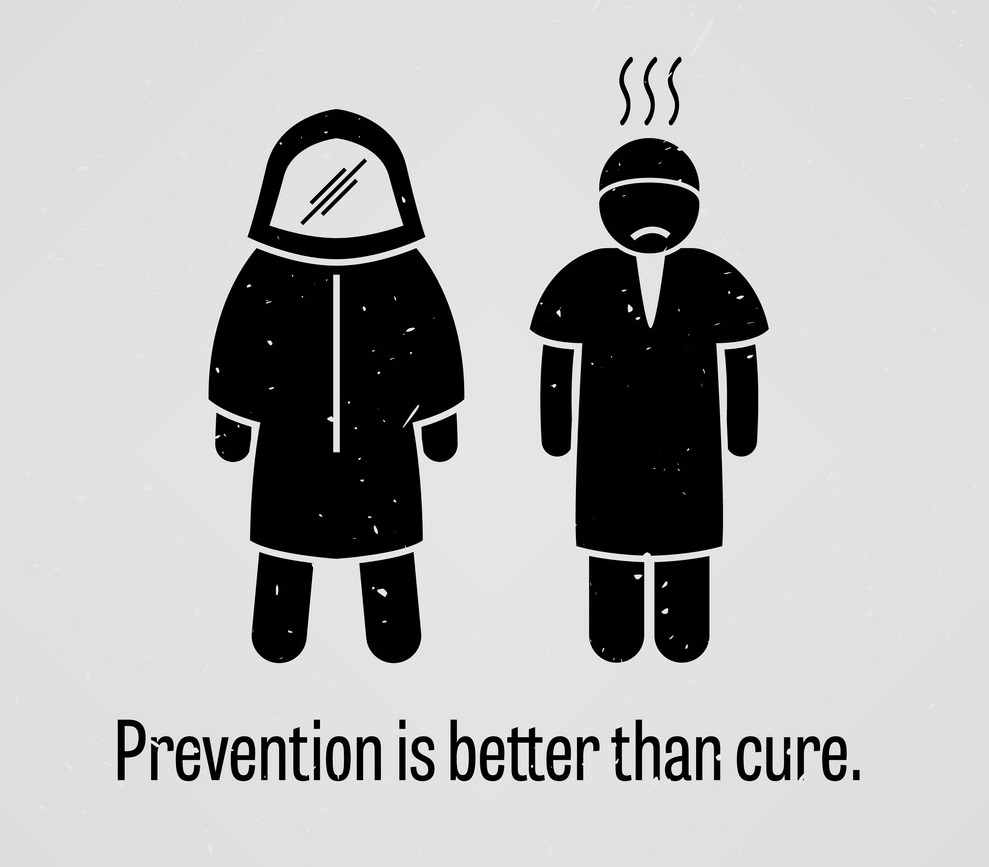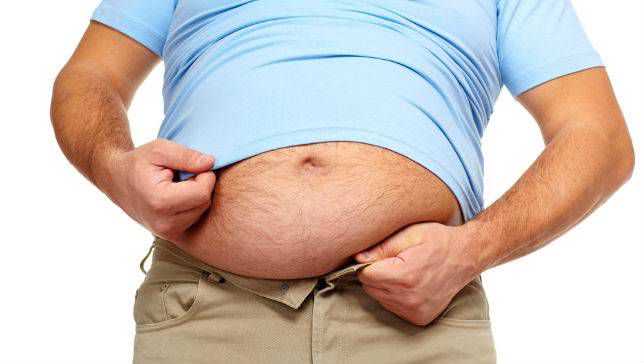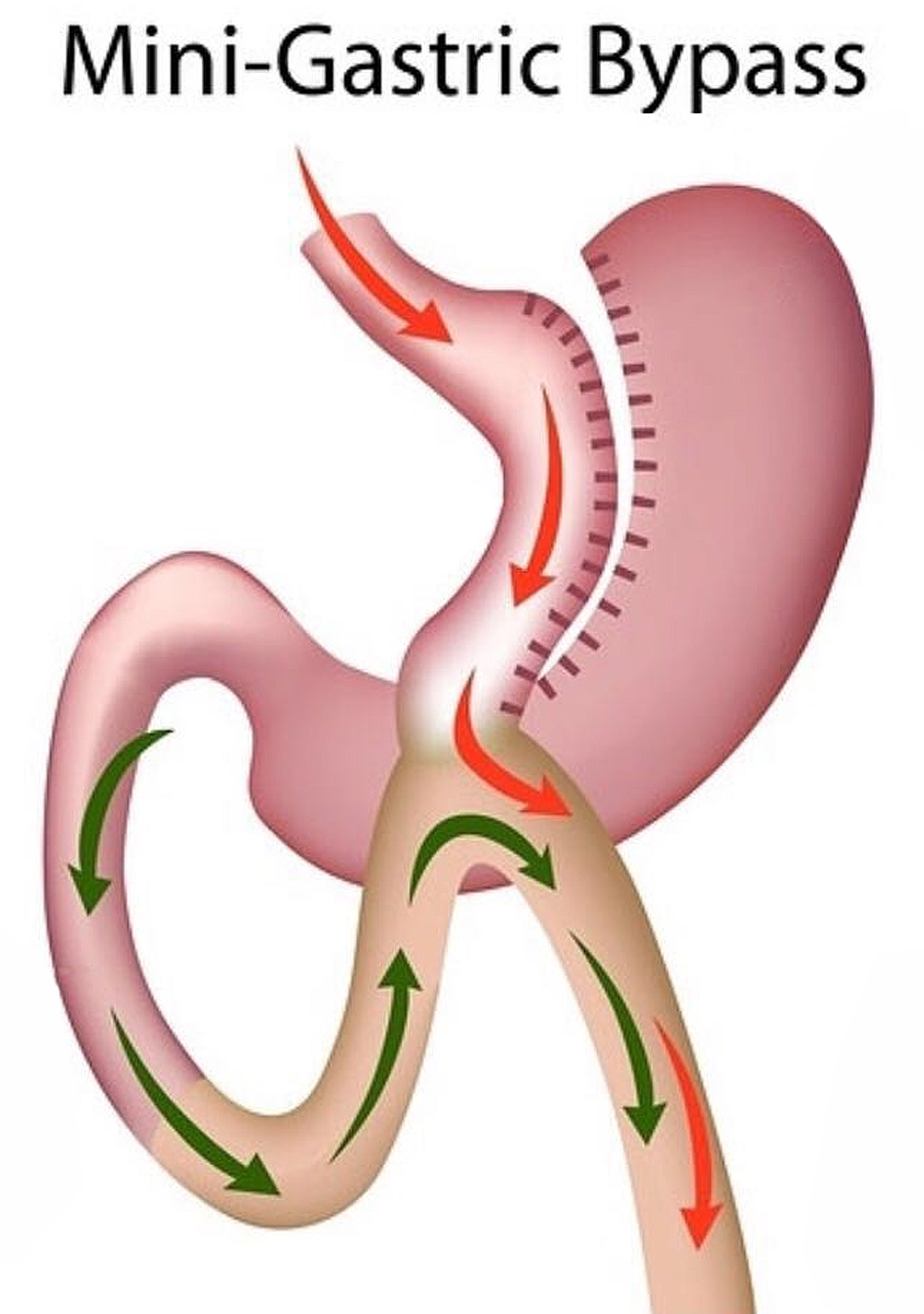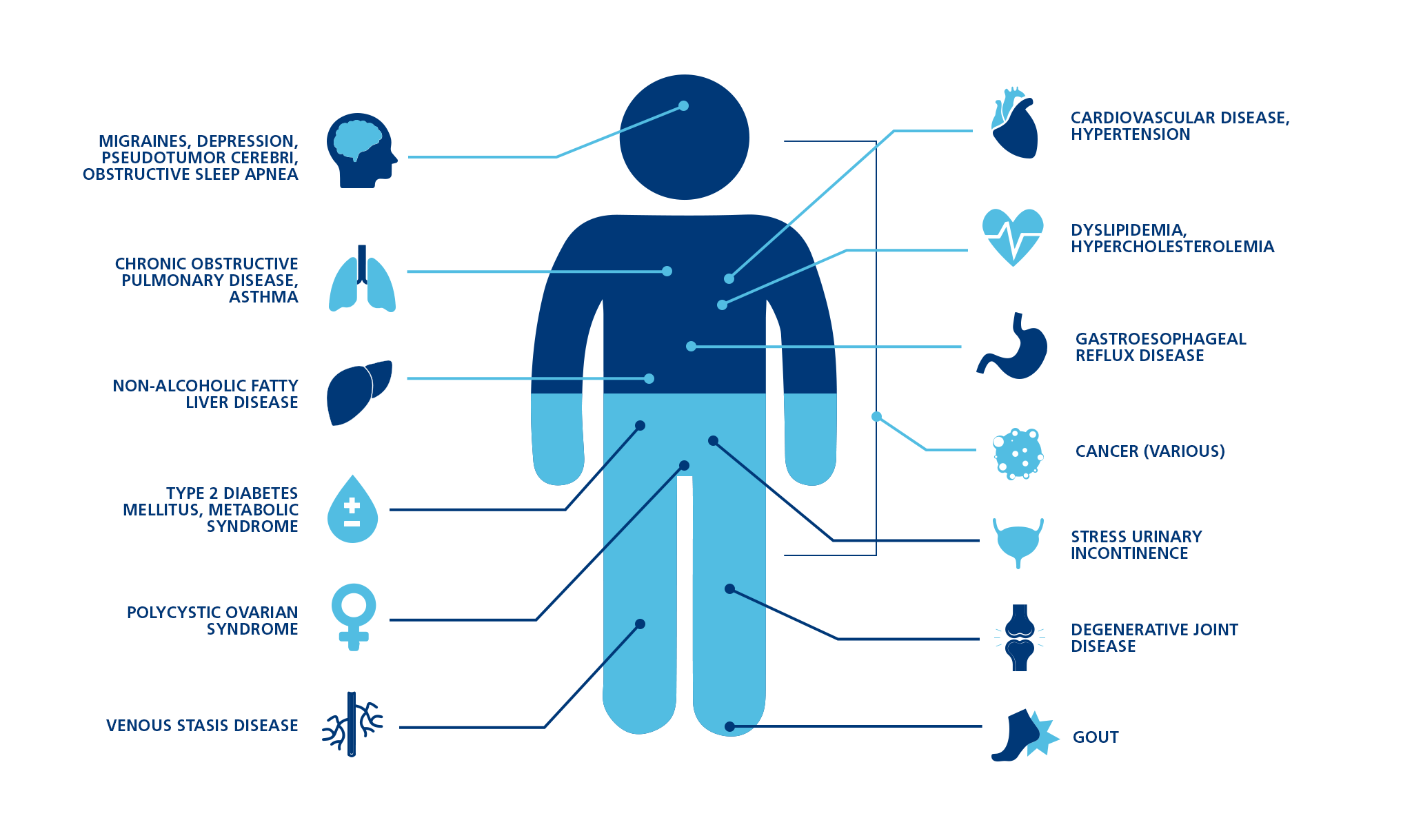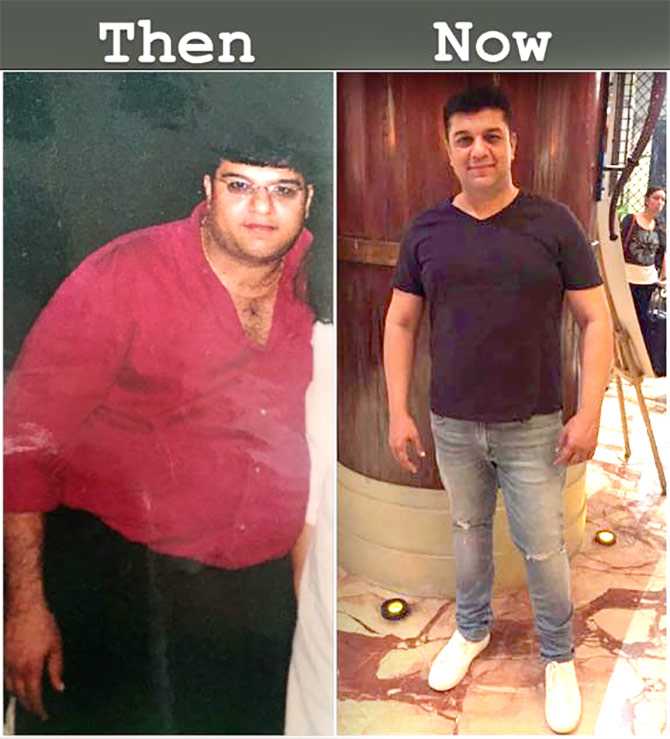Health, Overhydration
Overhydration- Signs you are drinking too much water
While it is a known fact that drinking water is good for health- with how it helps with body’s proper functioning and even helps in weight management- did you know that drinking too much water can also lead to several unhealthy consequences?
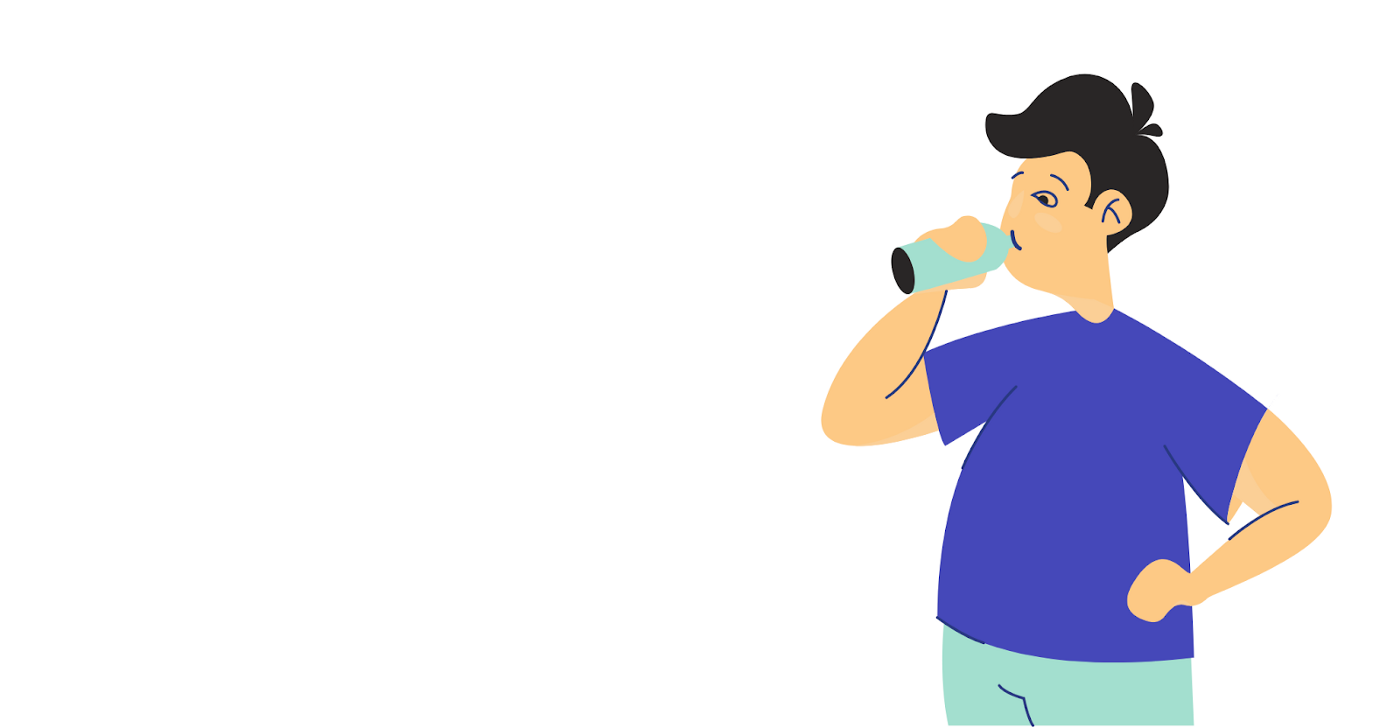
Overview
All the body's cells need water to function well. The problem arises when you drink too much water, which is called overhydration.
There's no single formula to determine how much water you should drink daily. The popular recommendation of eight glasses a day is a good starting point. You should adjust your intake around this amount depending on your environment, exercise regimen, overall health, and conditions like pregnancy or breastfeeding.
What is Overhydration?
All of the major systems of your body depend on water to work properly. Drinking adequate amounts of water helps your body:
- Regulate temperature
- Prevent constipation
- Flush out waste products
- Perform all major bodily functions
Most people, especially those who exercise in hot weather, are more concerned about not drinking enough water. However, drinking too much water can also be dangerous.
Overhydration can lead to water intoxication. This occurs when the amount of salt and other electrolytes in your body become too diluted. Hyponatremia is a condition in which sodium (salt) levels become dangerously low. This is the main concern of overhydration.
If your electrolytes drop too low too quickly, it can be fatal. Death by overhydration is rare, but it can happen.
Are there different types of overhydration?
There are two main types of overhydration:
Increased water intake
This occurs when you drink more water than your kidneys can remove in your urine. This can cause too much water to collect in your bloodstream.
Retaining water
This occurs when your body can’t get rid of water properly. Several medical conditions can cause your body to retain water.
Both of these types are dangerous because they throw off the balance between water and sodium in your blood.
What Happens When You Drink Too Much Water?
When you drink too much water, you may experience water poisoning, intoxication, or a disruption of brain function. This happens when there's too much water in the cells (including brain cells), causing them to swell. When the cells in the brain swell they cause pressure in the brain. You may start experiencing things like confusion, drowsiness, and headaches. If this pressure increases it could cause conditions like hypertension (High Blood Pressure) and bradycardia (Low Heart Rate).
Sodium is the electrolyte most affected by overhydration, leading to a condition called hyponatremia. Sodium is a crucial element that helps keep the balance of fluids in and out of cells. When its levels drop due to a high amount of water in the body, fluids get inside the cells. Then the cells swell, putting you at risk of having seizures, going into a coma, or even dying.
What Are the Signs That You are Drinking Too Much Water?
- The colour of your urine. One of the best ways to determine if you’re drinking enough water is to monitor the colour of your urine. It usually ranges from pale yellow to tea-colored due to the combination of the pigment urochrome and the water level in your body. If the pee is often clear, that's a sure sign you're drinking too much water in a short span.
- Too many bathroom trips. Another sign is if you're relieving yourself more than usual. On average, you should urinate six to eight times a day. Going up to 10 times is normal for water-drinking high achievers or people who regularly drink caffeine or alcohol.
- Drinking water even when you’re not thirsty. A third way to avoid drinking too much water is to be aware of when your body needs it. The body can fight against dehydration by letting you know when you need to drink some water. Thirst is the body’s response to dehydration and should be your guiding cue.
- Nausea or vomiting. The symptoms of overhydration can look like those of dehydration. When you have too much water in the body, the kidneys can't remove the excess liquid. It starts collecting in the body, leading to nausea, vomiting, and diarrhea.
- Throbbing headaches all through the day. Headaches can signify both hydration and dehydration. Excess water in the body causes the body's salt levels to go down and the cells to swell. This swelling causes them to grow in size, and those in the brain press against the skull. This pressure causes a throbbing headache and may lead to brain impairment and trouble breathing.
- Discoloration of the hands, feet, and lips. When you’re overhydrated, you will notice some swelling or discoloration of your feet, hands, and lips. When the cells swell, the skin will also swell.
- Weak muscles that cramp easily. When the electrolyte levels drop because of drinking too much water, your body balance goes down. Low electrolyte levels in the body can cause muscle spasms and cramping.
- Tiredness or fatigue. Drinking too much water causes your kidneys to work too hard to remove the excess amount. This creates a hormone reaction that makes you feel stressed and tired. If you can't get out of bed after drinking too much water, it's because your kidneys are overworking.
How Much Water Should You Drink in a Day?
There are no verified guidelines for the amount of water you need to drink daily. How much your body needs depends on your:
- Physical activity levels
- Climate
- Body weight
- Sex
Women 19 to 30 years old should drink about 2.7 litres of water daily. Men of the same age need about 3.7 litres. Relying on your thirst levels may not work for everyone, especially athletes, older people, and pregnant women.
Bottomline
A large portion of the body is made of water, which is vital for cell function and life. Your body will alert you when it needs more water. When you drink too much, it can lead to fatal conditions. If you don't know how much water you should drink daily, stick to the popular advice of eight glasses a day.
Reference
- https://www.mayoclinic.org/healthy-lifestyle/nutrition-and-healthy-eating/in-depth/water/art-20044256
- mayoclinic.org/healthy-lifestyle/nutrition-and-healthy-eating/multimedia/functions-of-water-in-the-body/img-20005799?footprints=mine
- journals.lww.com/cjsportsmed/Fulltext/2015/07000/Statement_of_the_Third_International.2.aspx
- mayoclinic.org/diseases-conditions/hyponatremia/basics/causes/con-20031445
- ncbi.nlm.nih.gov/pmc/articles/PMC4207053/
- health.harvard.edu/blog/trade-sports-drinks-for-water-201207305079
- nhs.uk/Conditions/thirst/Pages/Introduction.aspx

